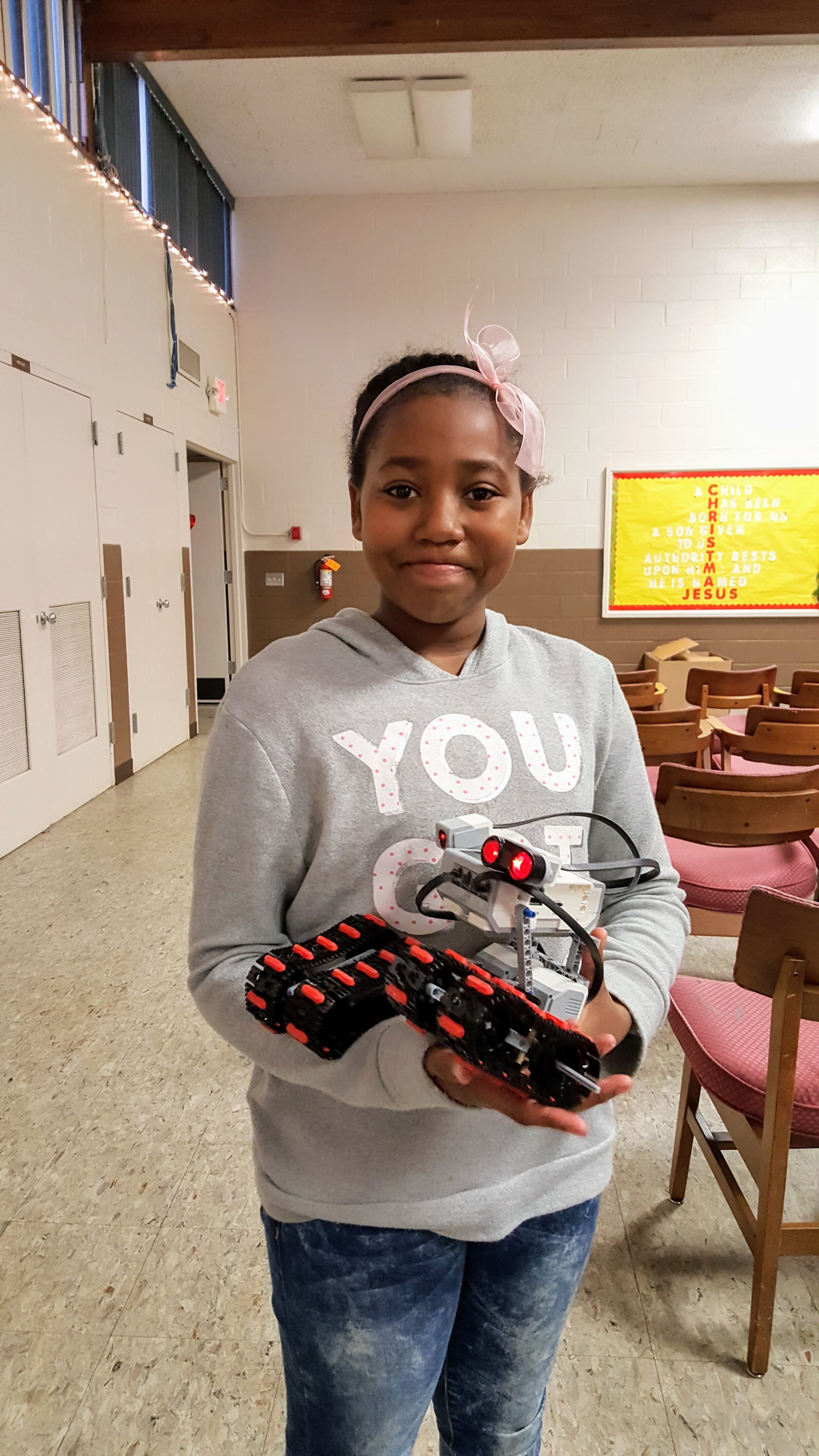Scroll Down For…
Honor Council
STEM Education
Inequity In The Outdoors
Environment
Honor Council Chair (2020-2021)
I have served as a class representative on the Honor Council since my eighth grade year. My responsibilities included voting at hearings, delivering educational presentations, and participating in student counseling. After four years of service, I was elected as Chair last spring; Honor Council Chair is our school's only elected student leadership position. My goals include an expansion of Council-led honor education and improvement of Council discourse during hearings.
I always found my seat on the Council important, as the decisions I made with my fellow members were vital to the school's culture. I am honored and excited to serve as Chair, which will provide a platform to pursue new projects and initiatives that will help keep our community honest, both in the classroom and out.
STEM Education & Mentorship (2016 - present)
In 2016 I co-founded a program called “Future Builders” with the purpose of teaching Robotics in a summer camp format. The initial purpose of the program was to share our love of robotics with the students at Boys and Girls Club, where I had already been volunteering. I have incrementally expanded the program to meet the needs of the students, as well as to serve new groups. Our mission has evolved to providing STEM education, opportunities, and support as well as near peer mentorship.
The Future Builders Program Mission & Values are: STEM Education, Teamwork, Discovery & Innovation, Opportunity, Inclusion, and Fun.
We currently have 2 after school programs (40 and 60 students) and 4 summer programs (80 students). We have a volunteer staff, of 10-12 who have contributed over 1800 hours to the program. I provide the curriculum, recruit volunteer staff (primarily Robotics teammates), and lead the programs.
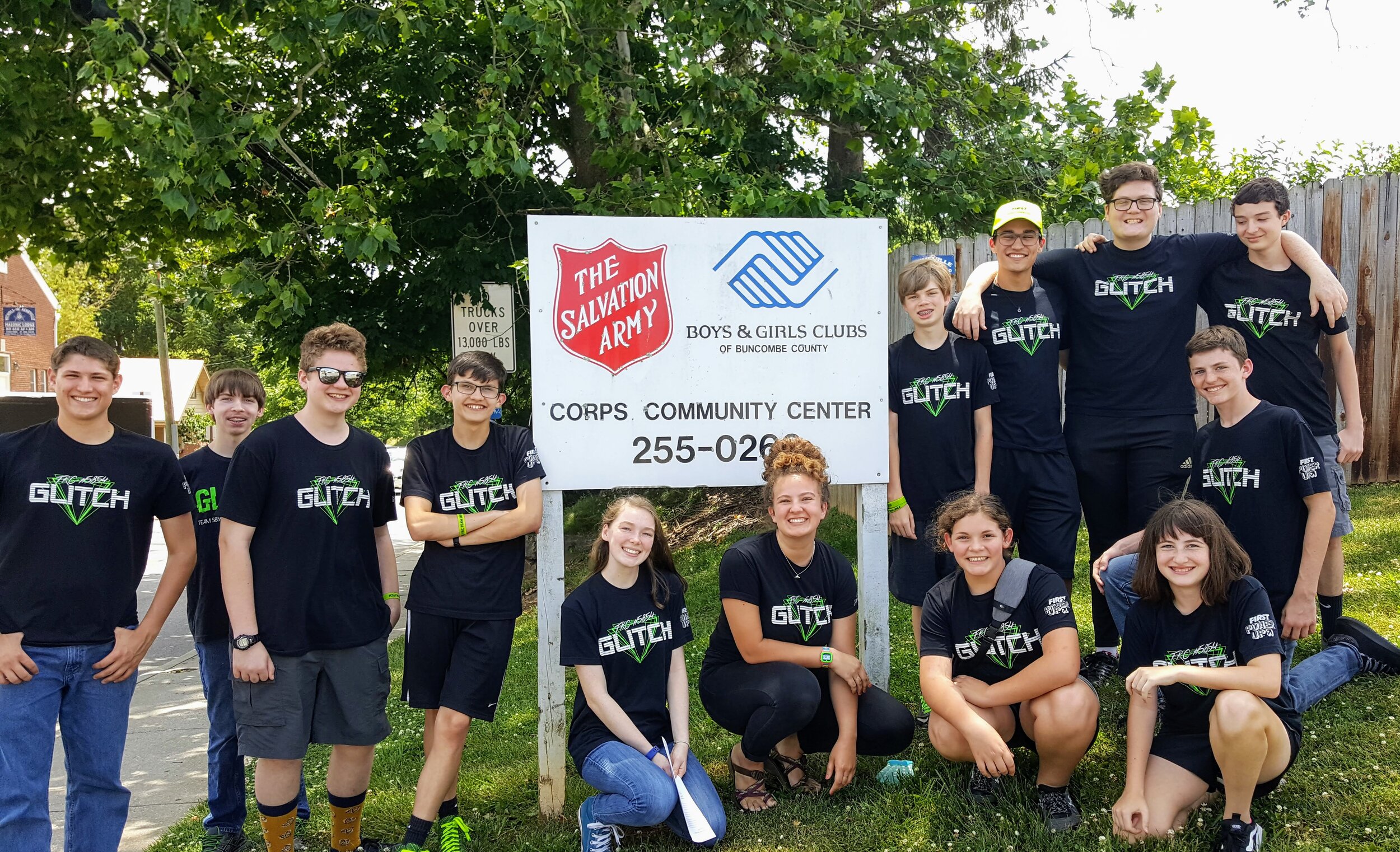
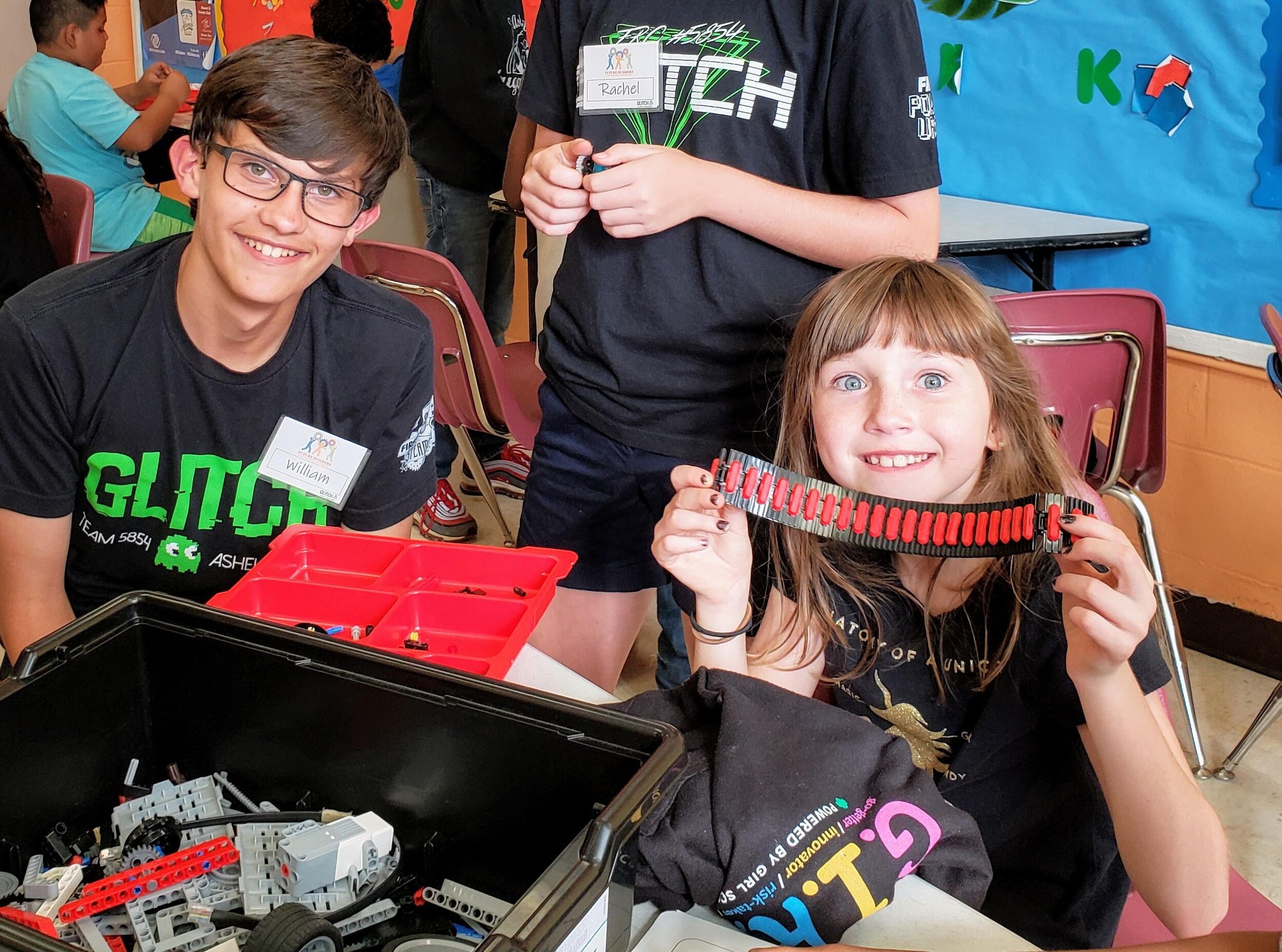
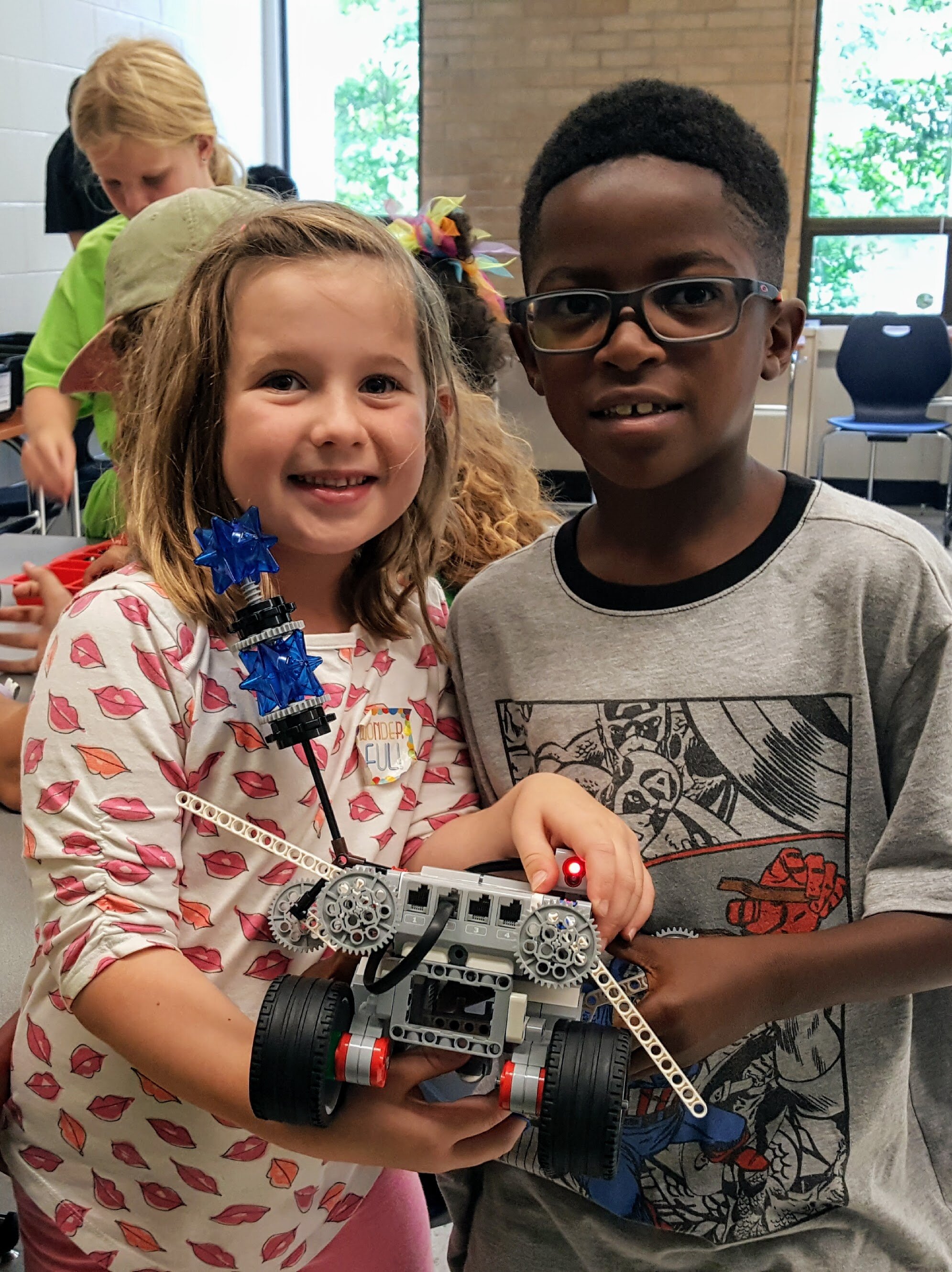
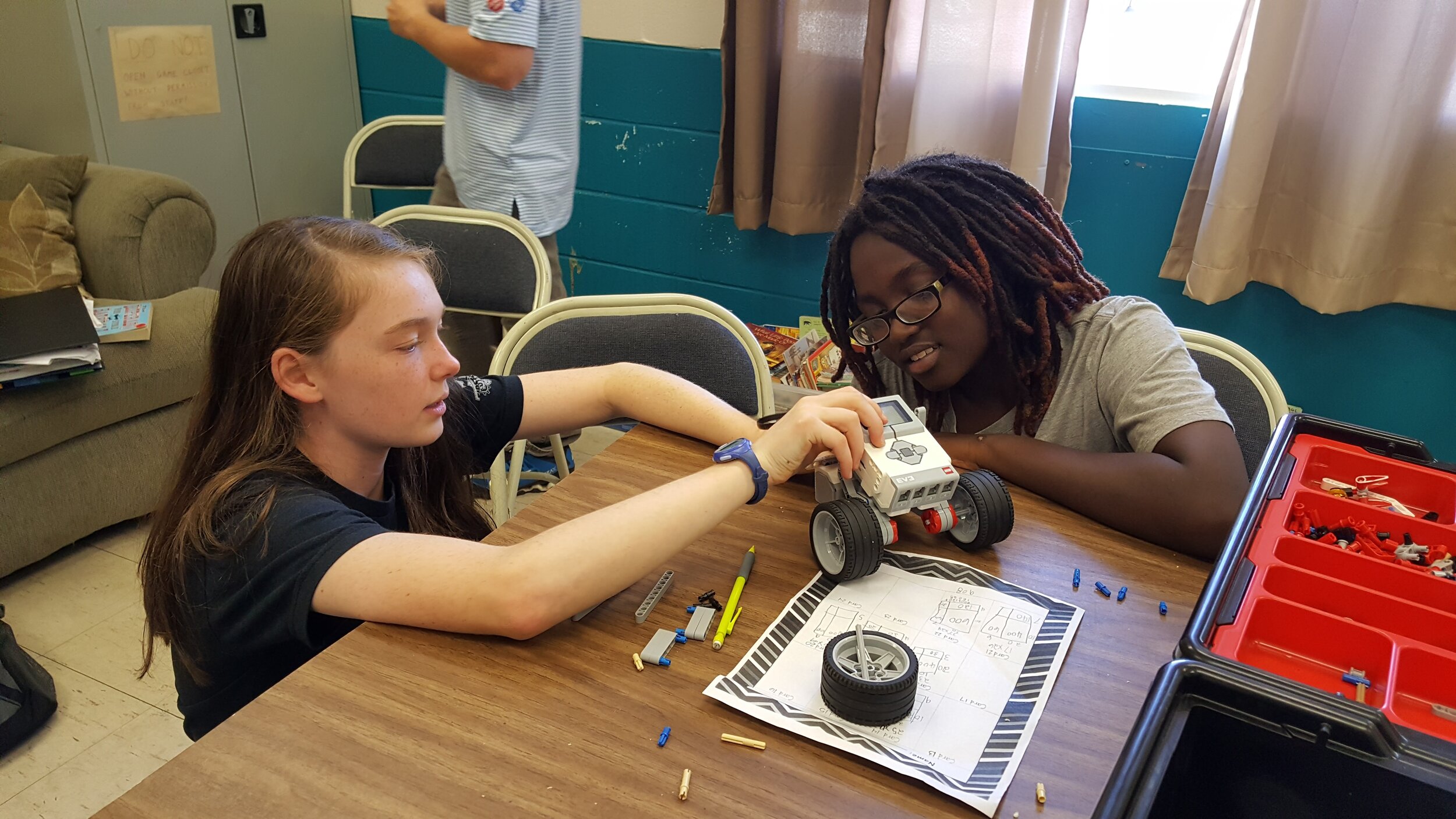
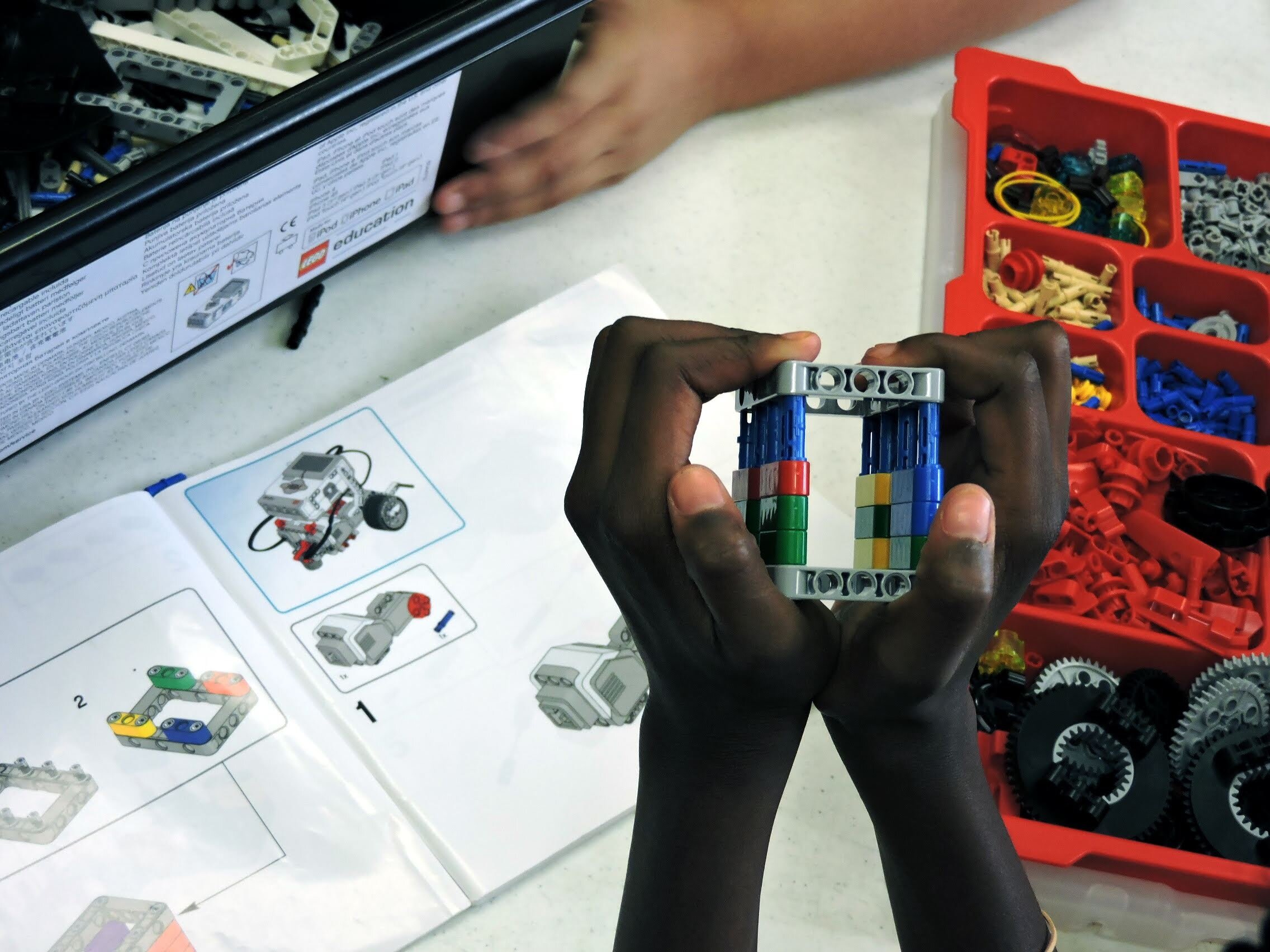
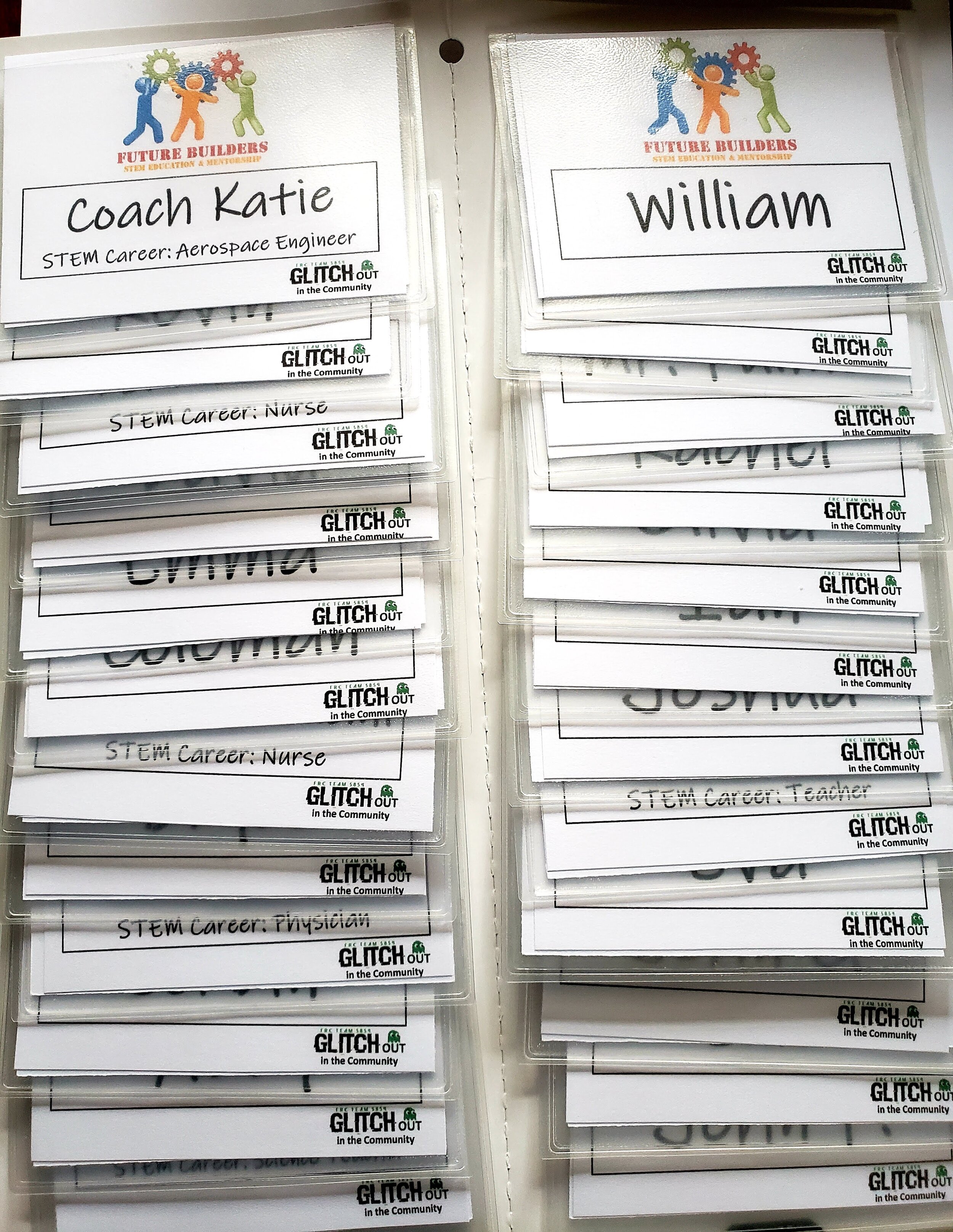
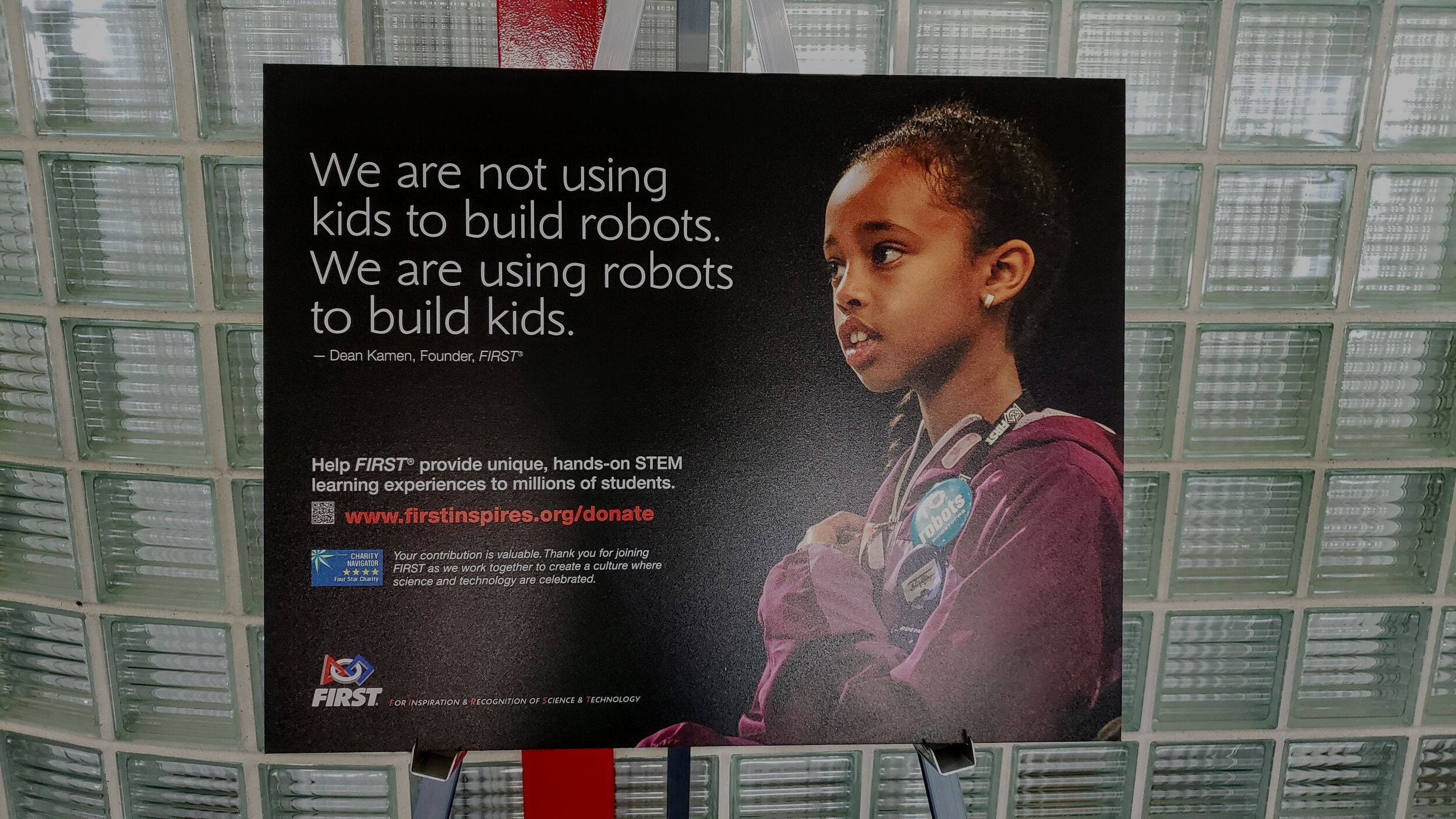
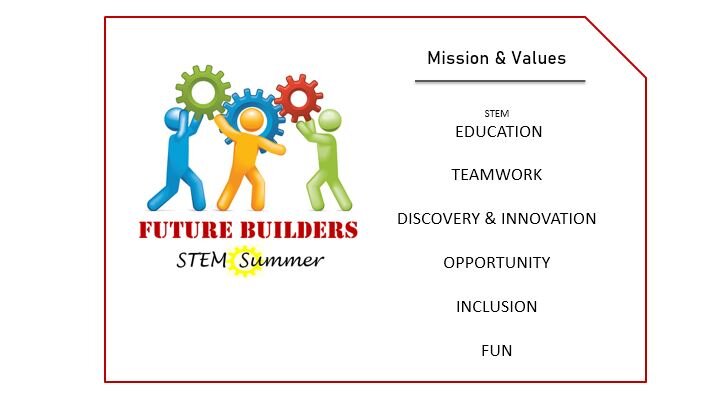
In addition to Robotics, in 2017 we added tutoring and homework help to our after school program. We also added a second after school location at Johnston Elementary School, the school with the highest proportion of disadvantaged students in our county. Because of the need we also began assisting with English as a Second Language lessons.
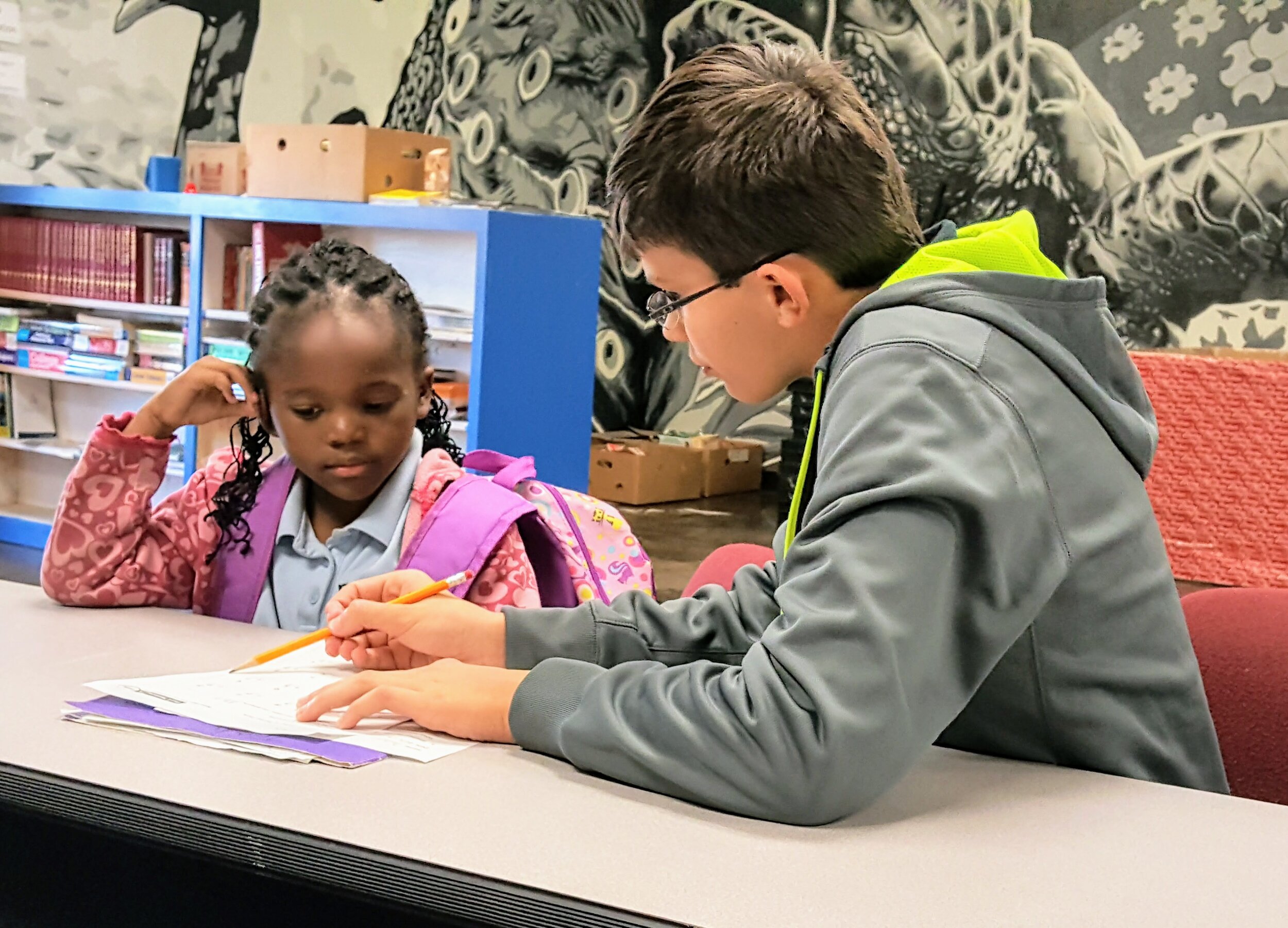
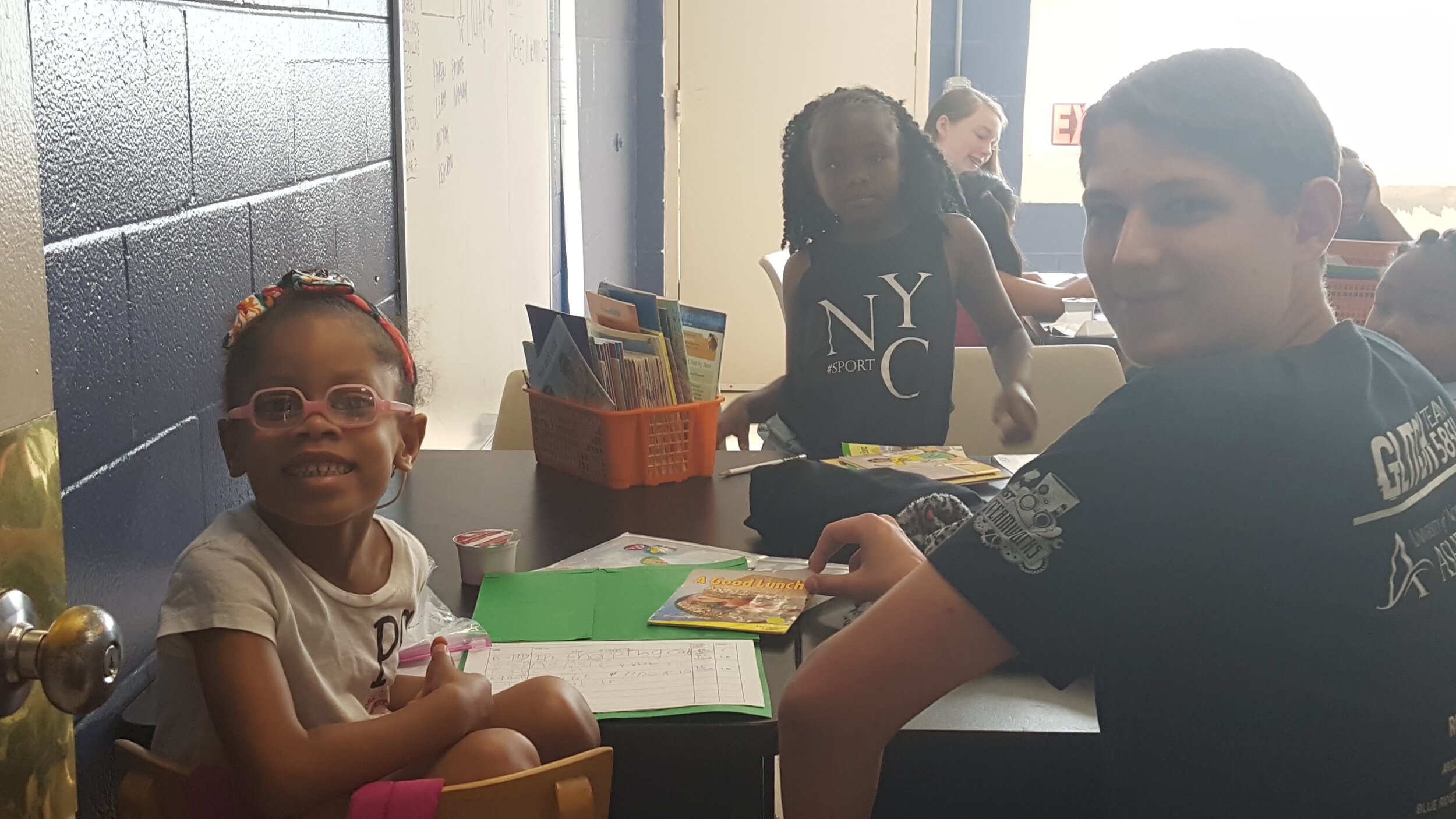
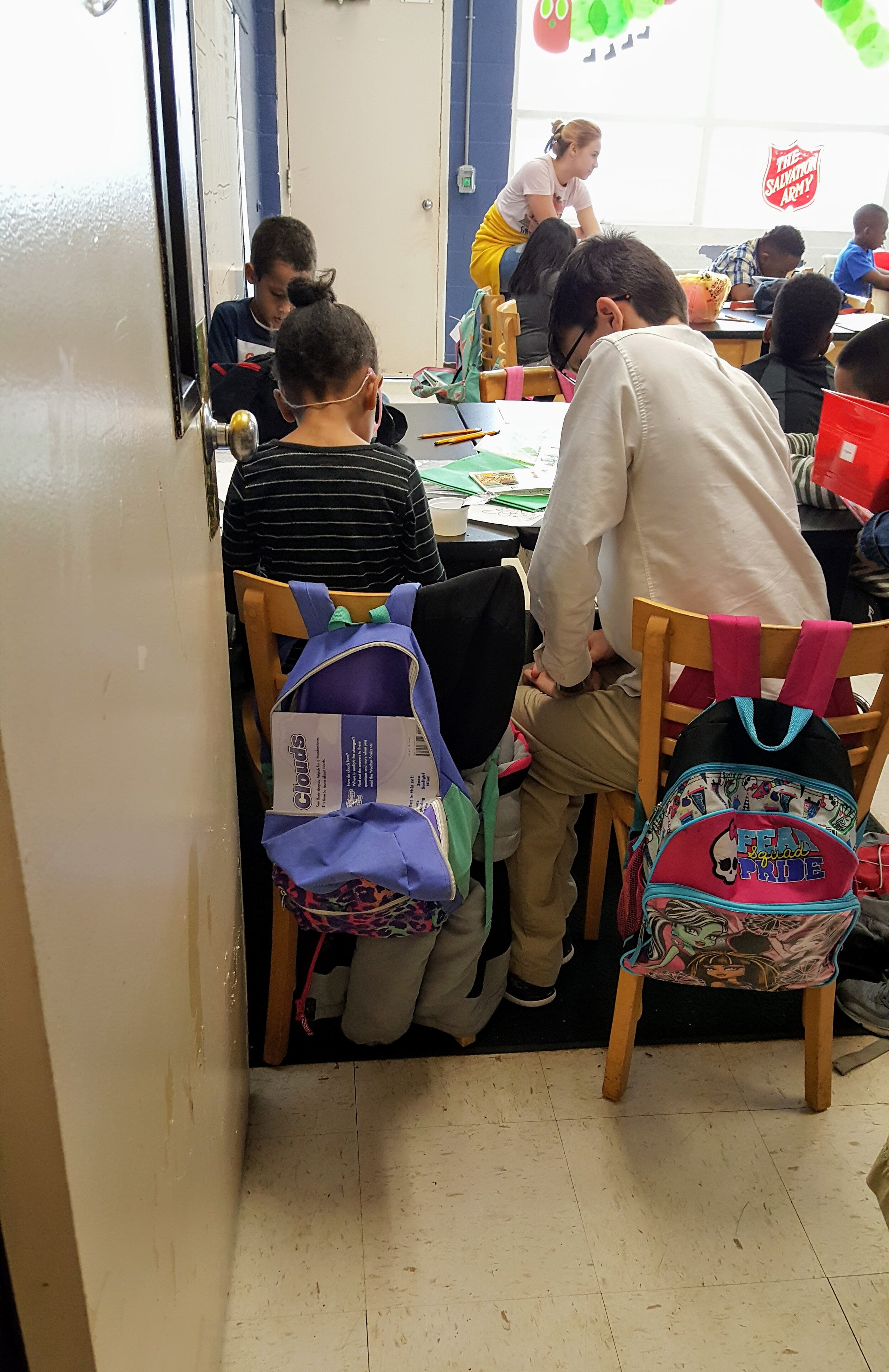
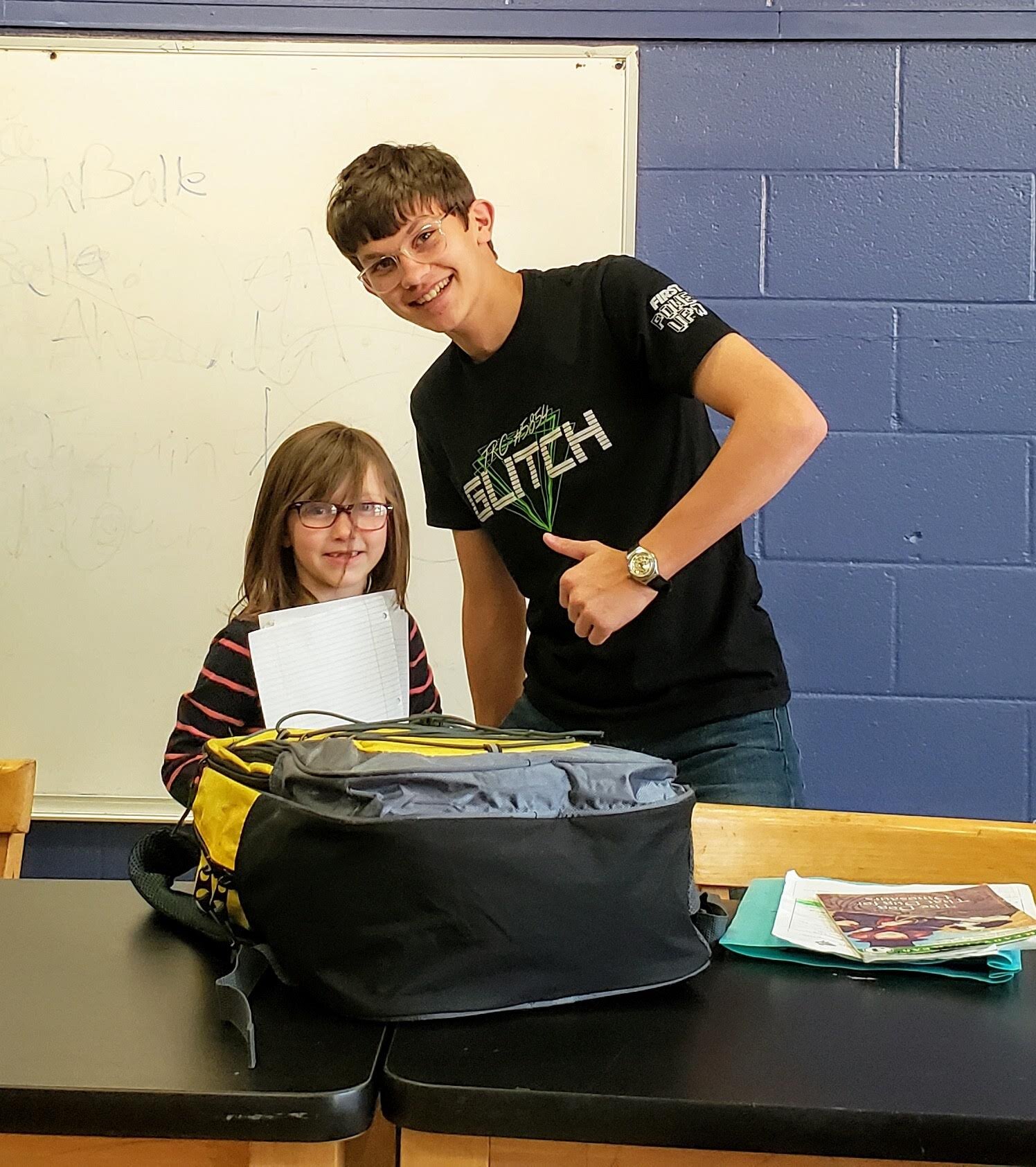
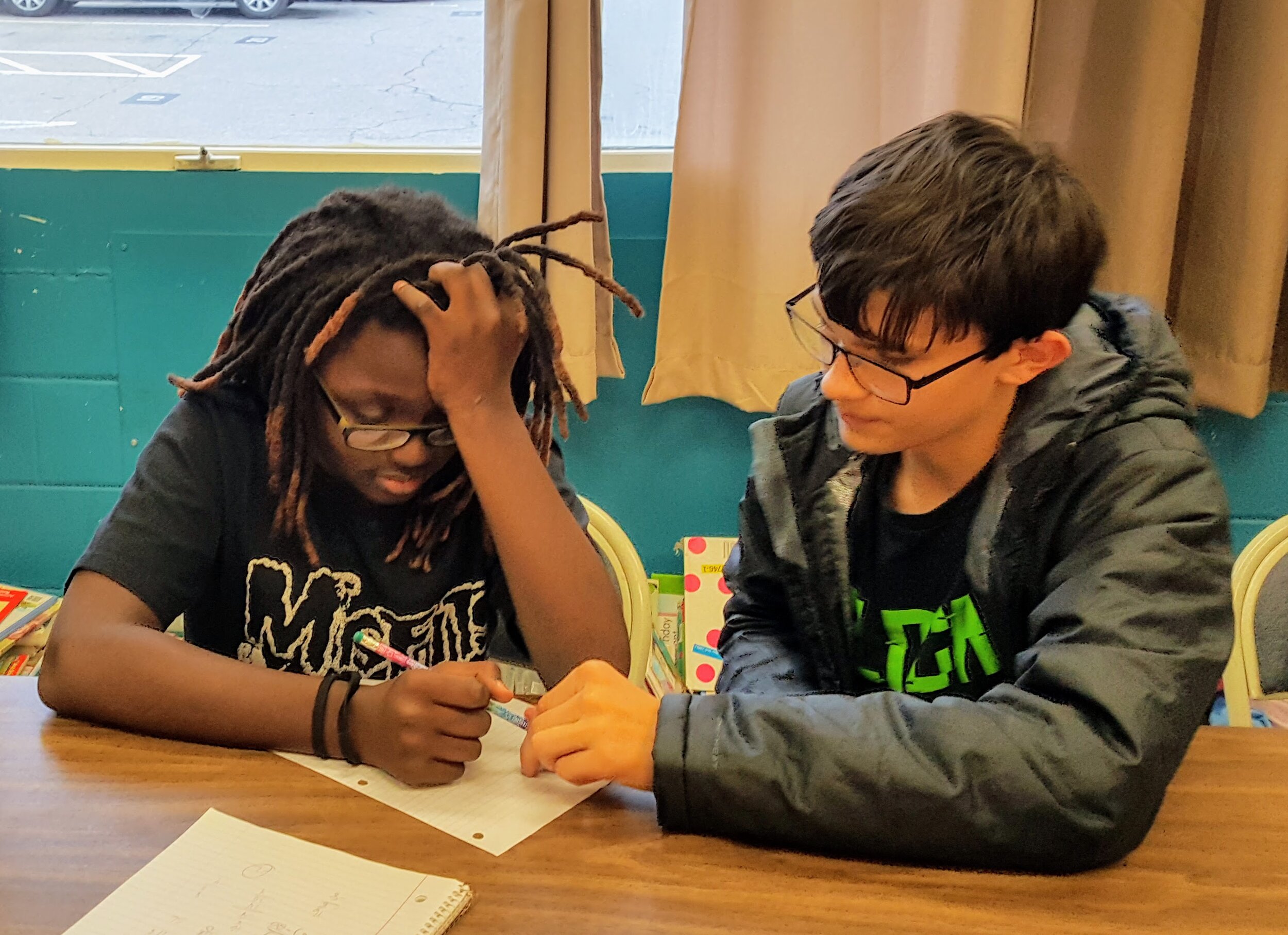
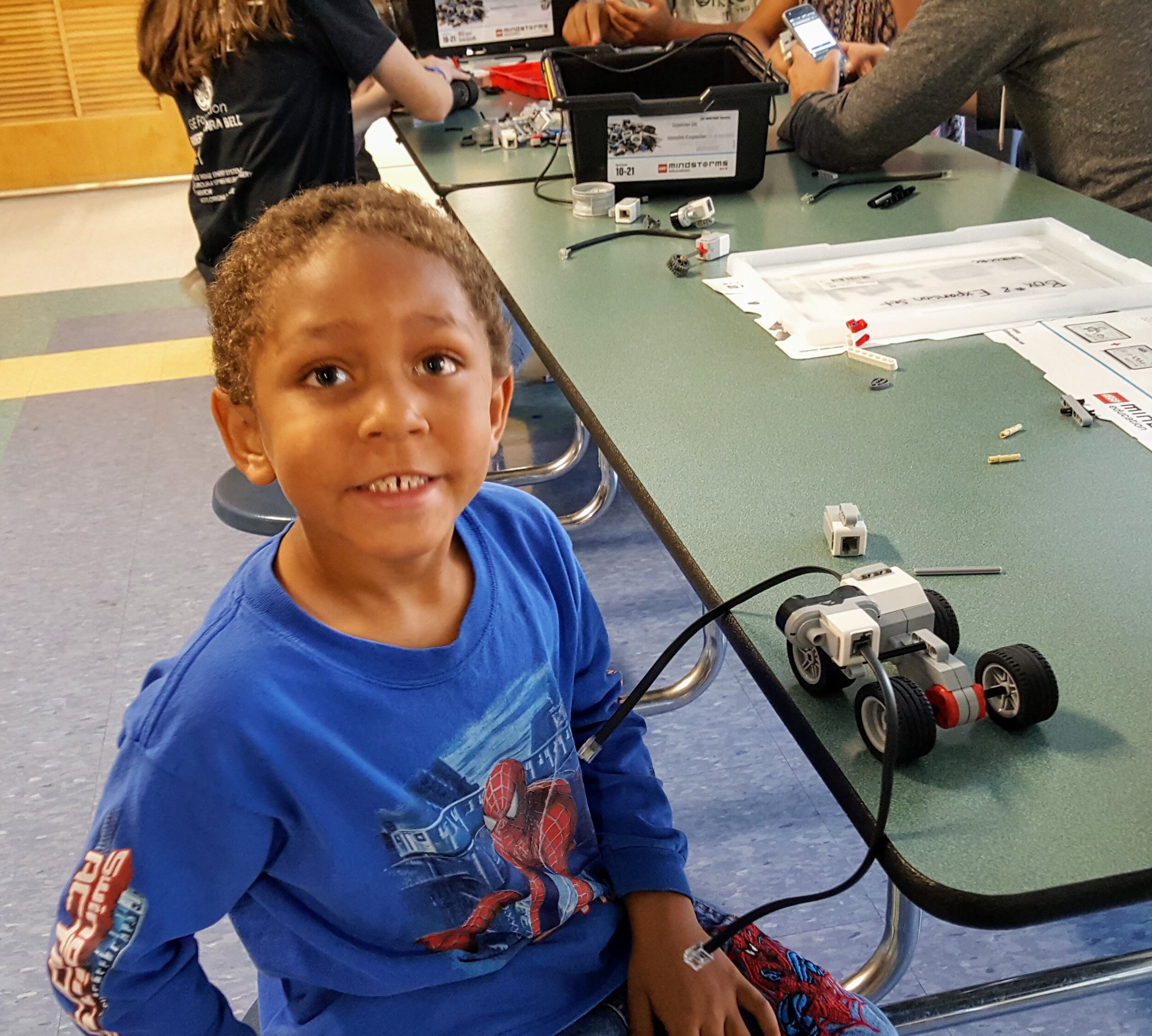
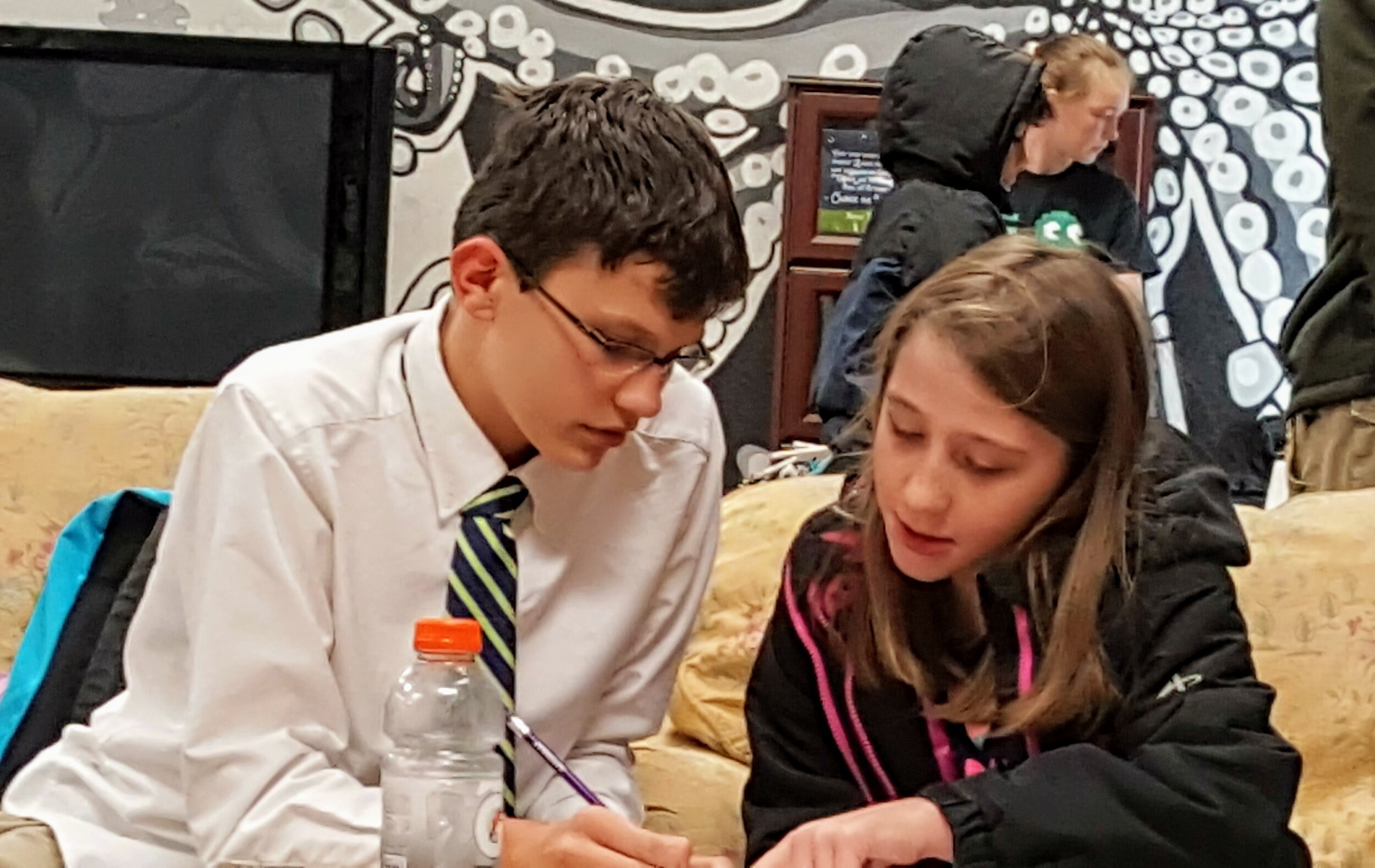
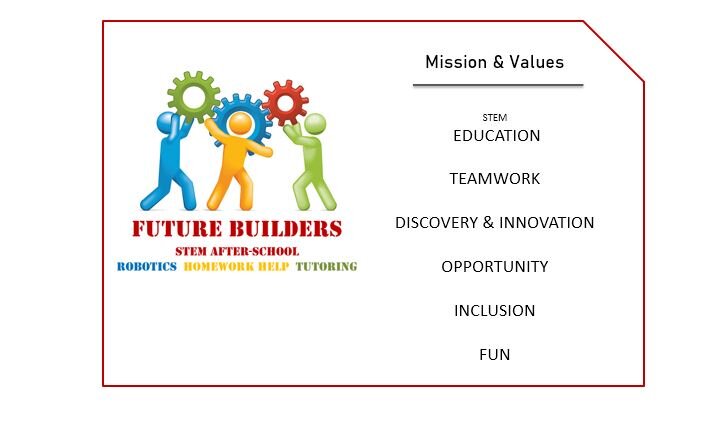
Because our after school robotics program was less than 5% women, in 2017 I proposed a summer program to focus on girls. I recruited 3 women from my robotics team to serve as instructors, mentors, and role models of women in STEM. I worked with my robotics coach from GE Aviation to enlist her co-workers from the Women Engineers group to join us. The program included robotics, as well as hands-on science activities. The next year after school robotics was over 40% female.
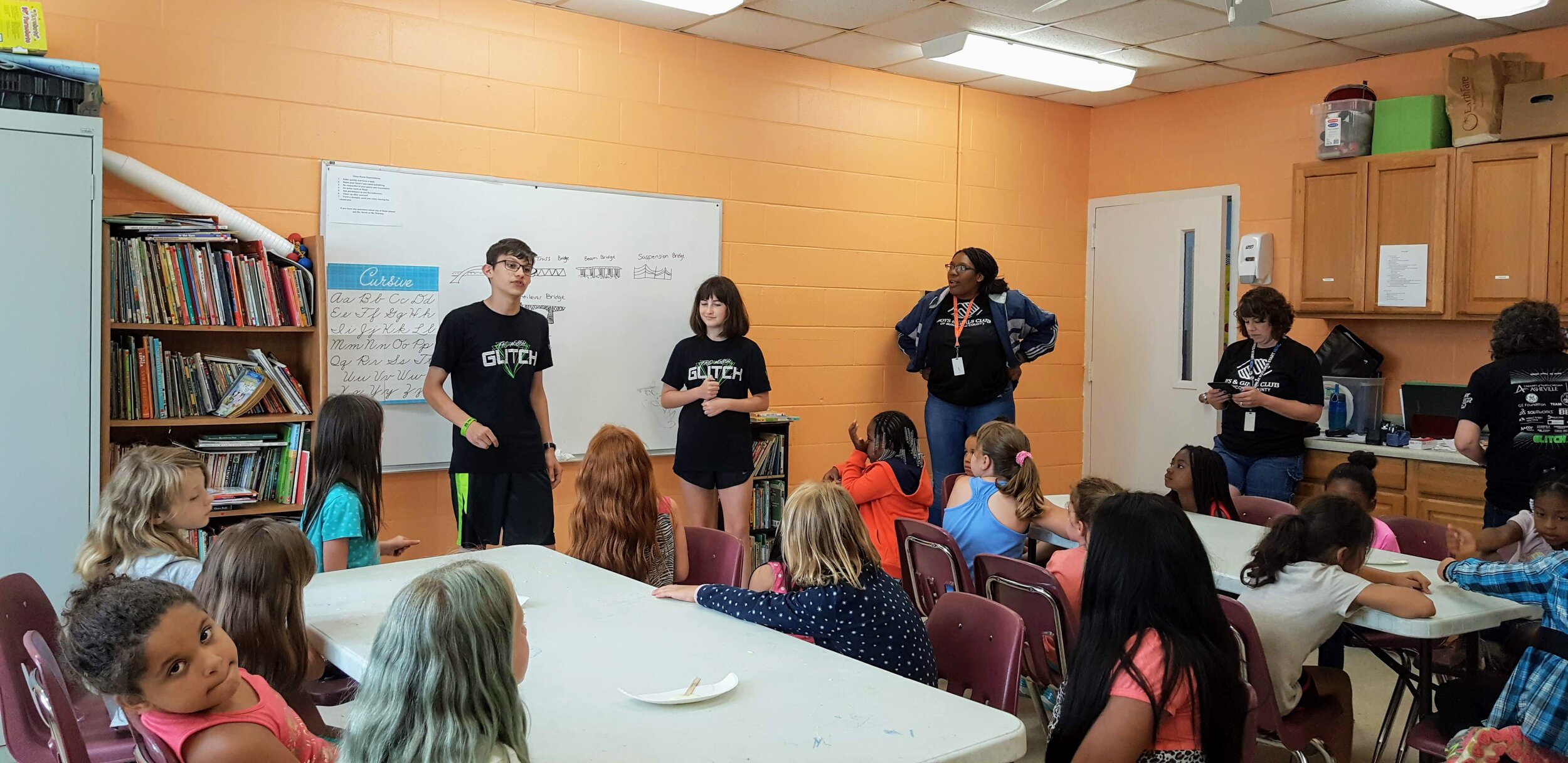
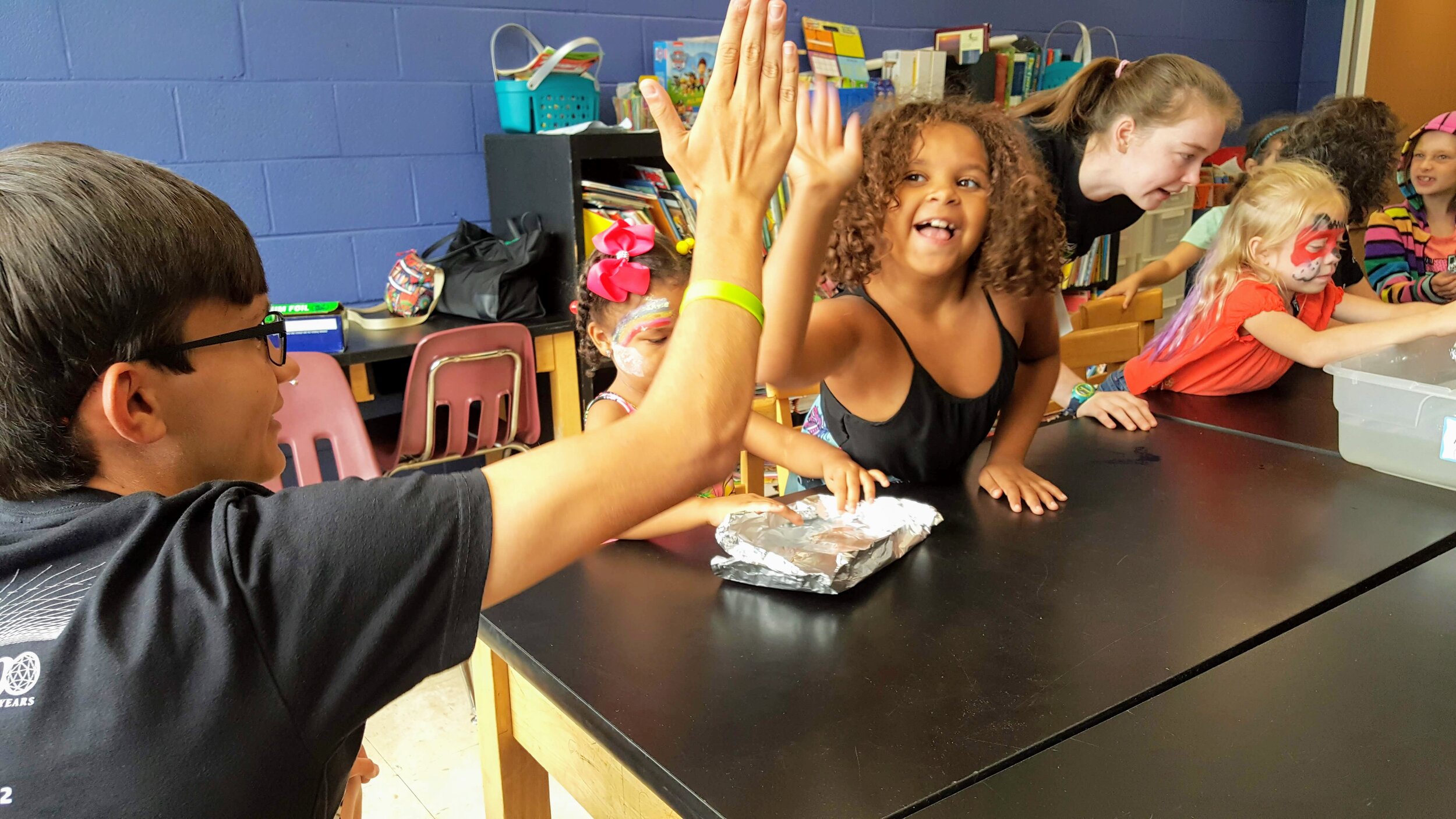
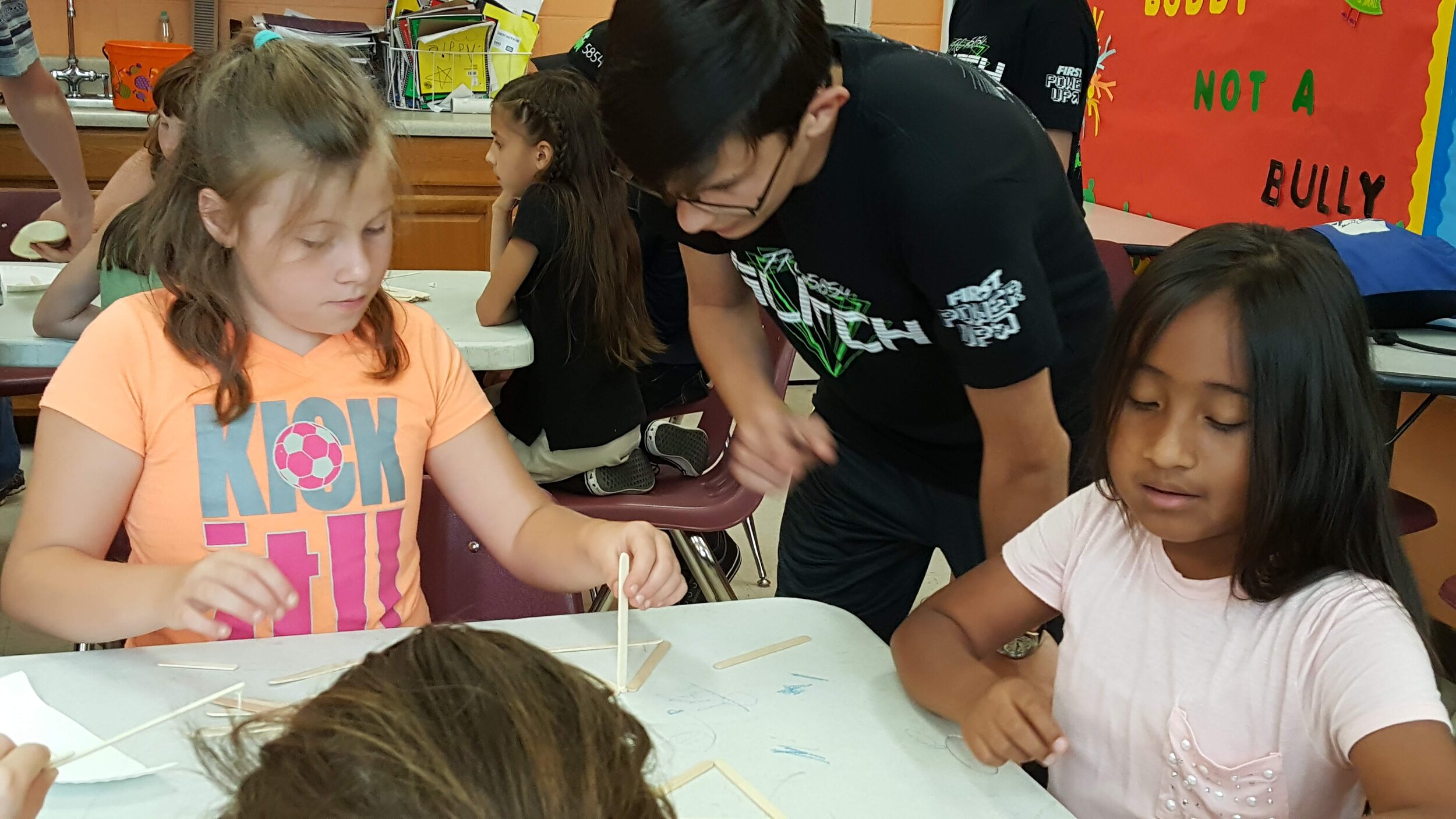
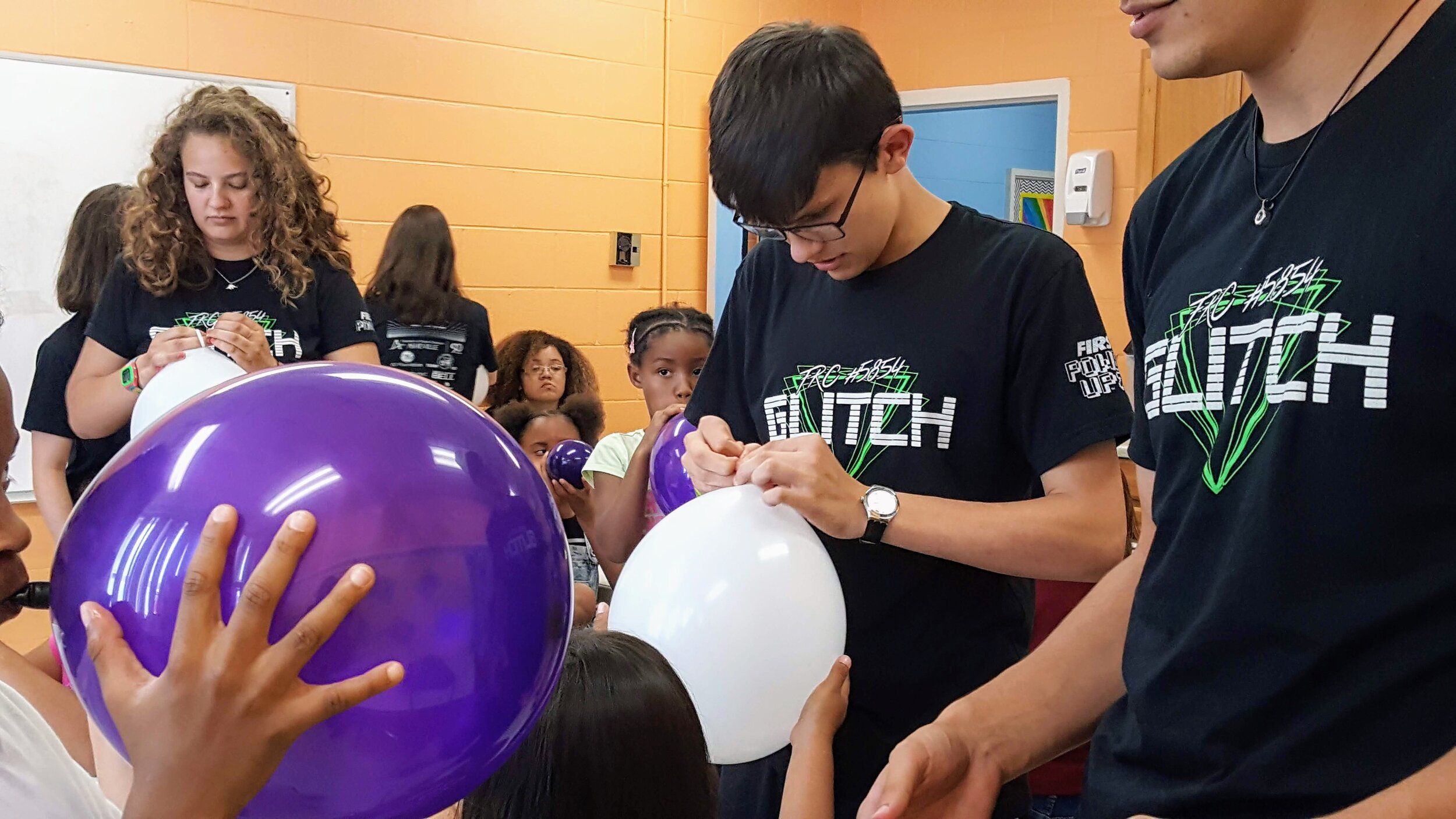
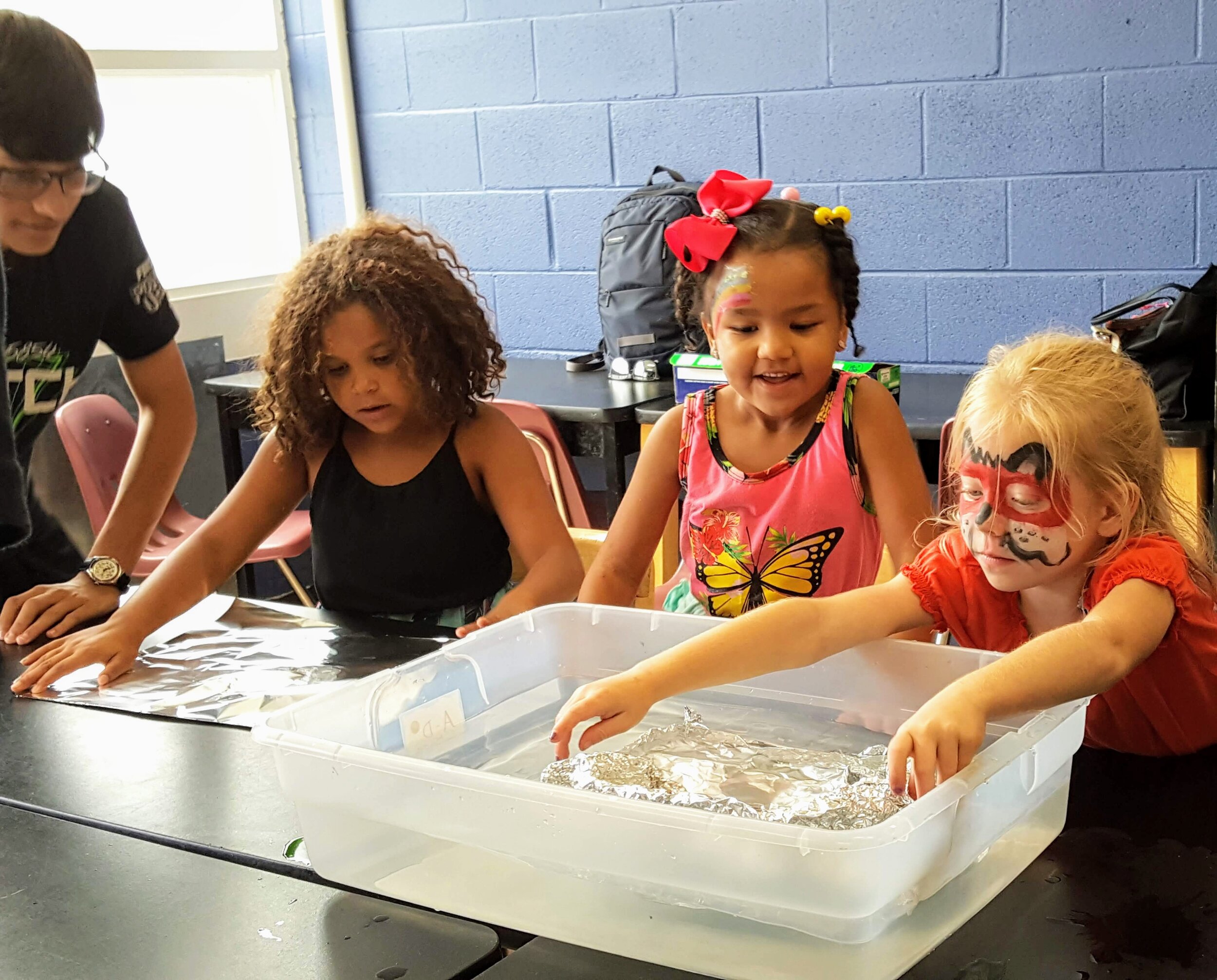
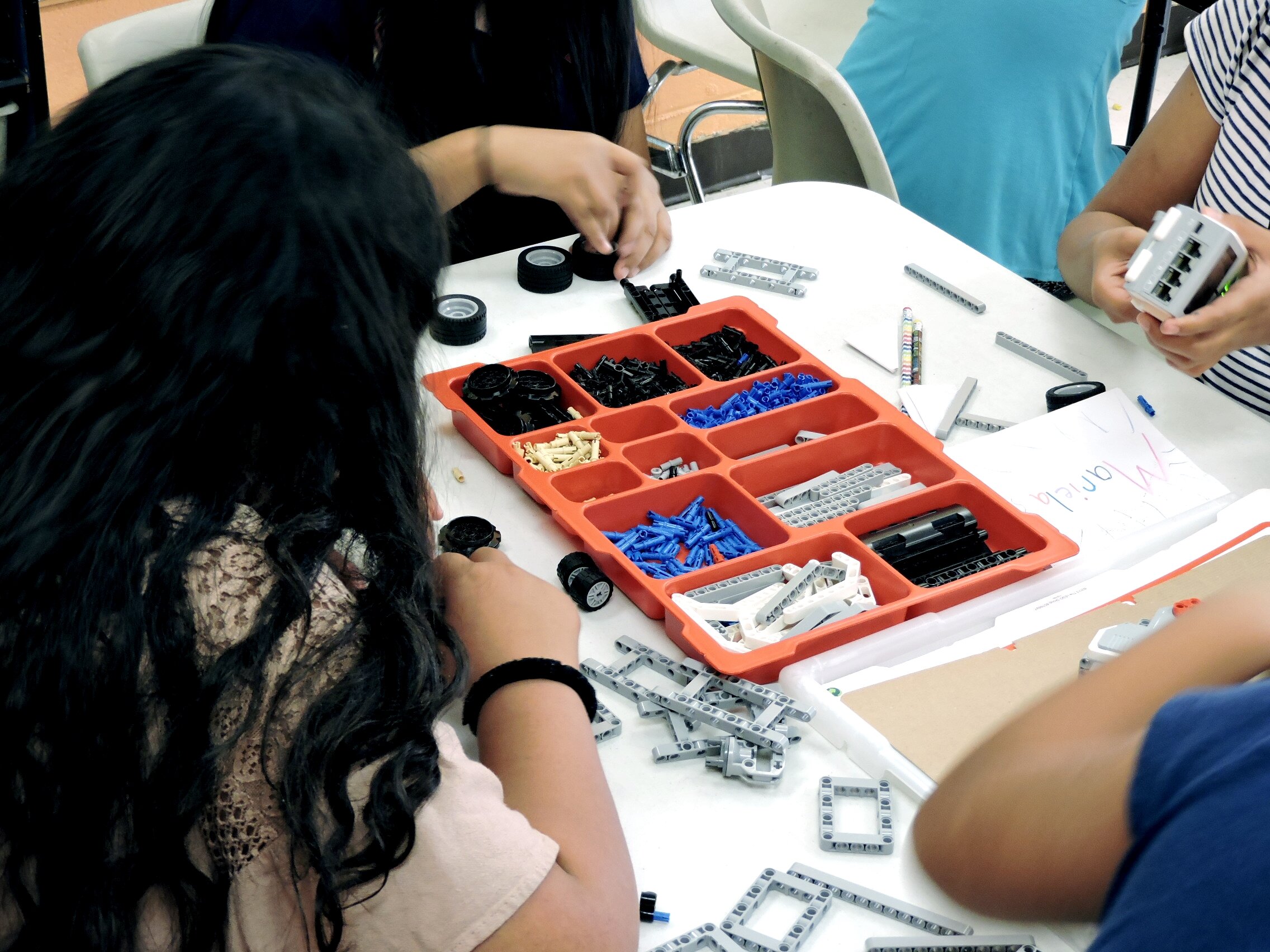
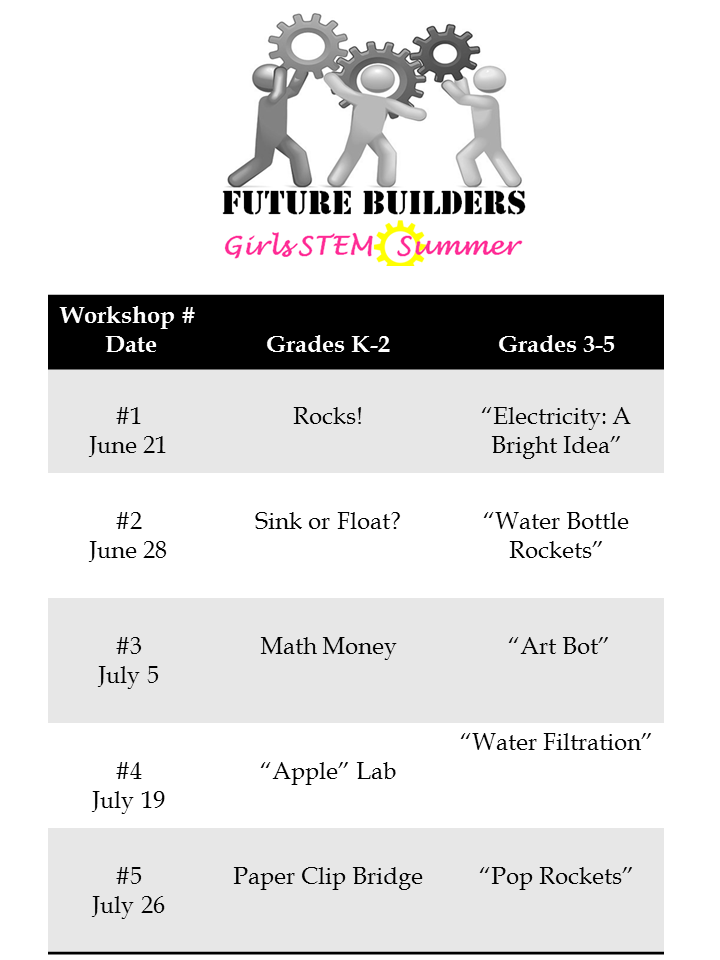
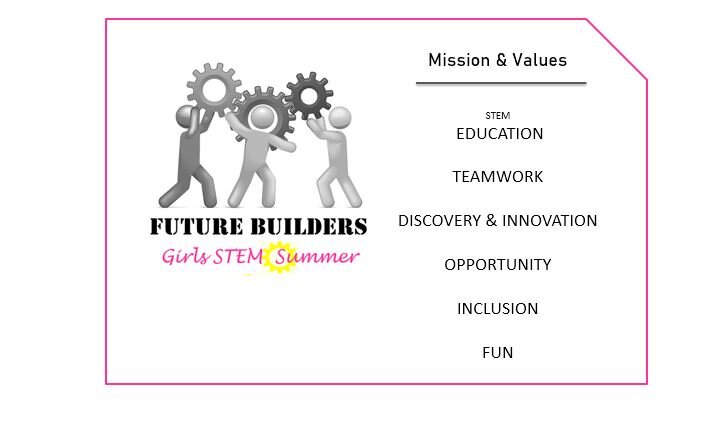
In 2019, through a partnership with the NC Cooperative Extension (NC State University) & 4H, we began teaching robotics to the Eastern Band of the Cherokee Indians (EBCI) and the Kituwah Cherokee Language Immersion School. Our volunteer instructors have also benefited from the program by learning about Cherokee history, culture, and language. Cherokee is an extremely difficult language, but we did learn how to say robot ("metal person"), see photo on the right .
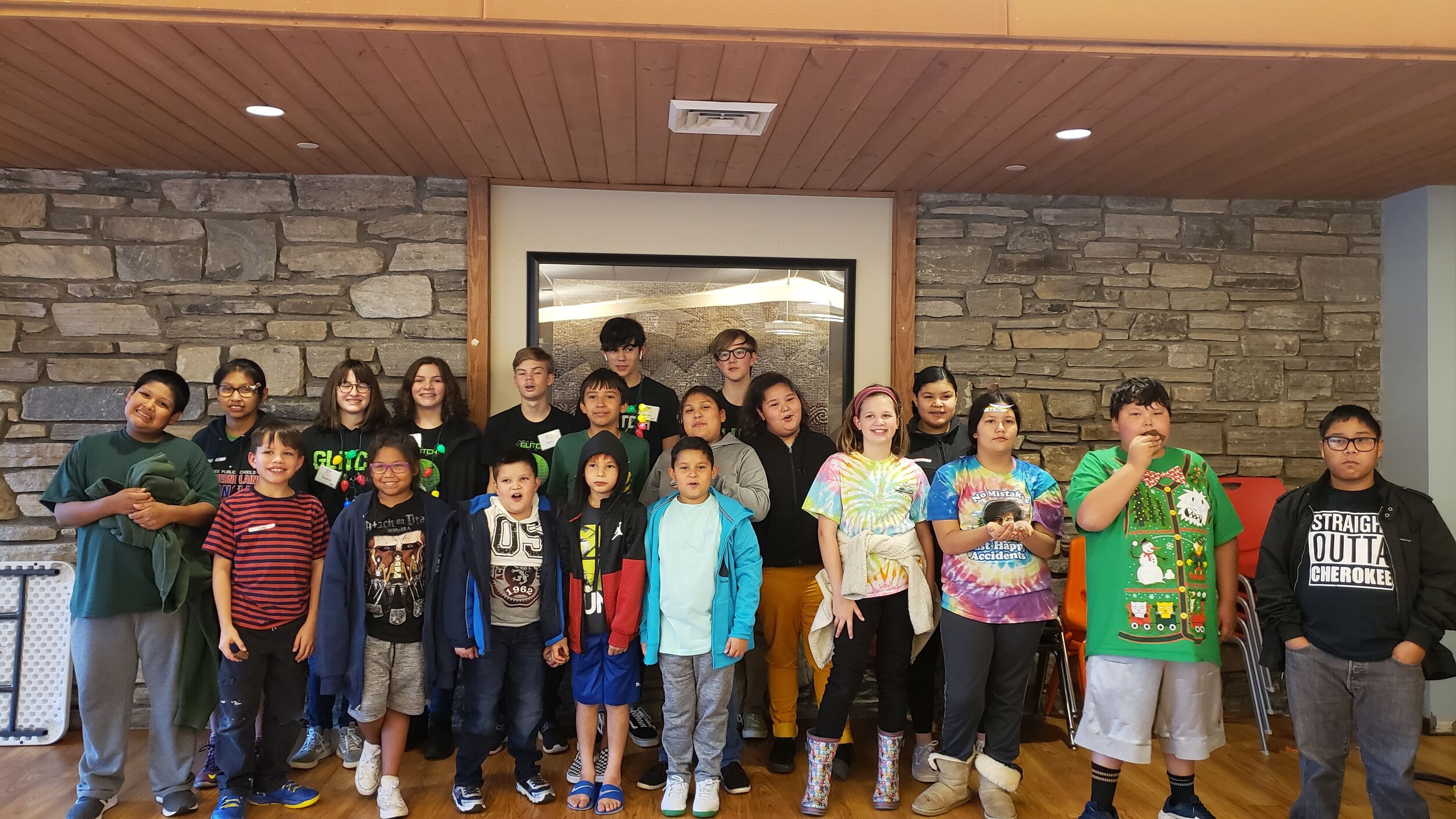
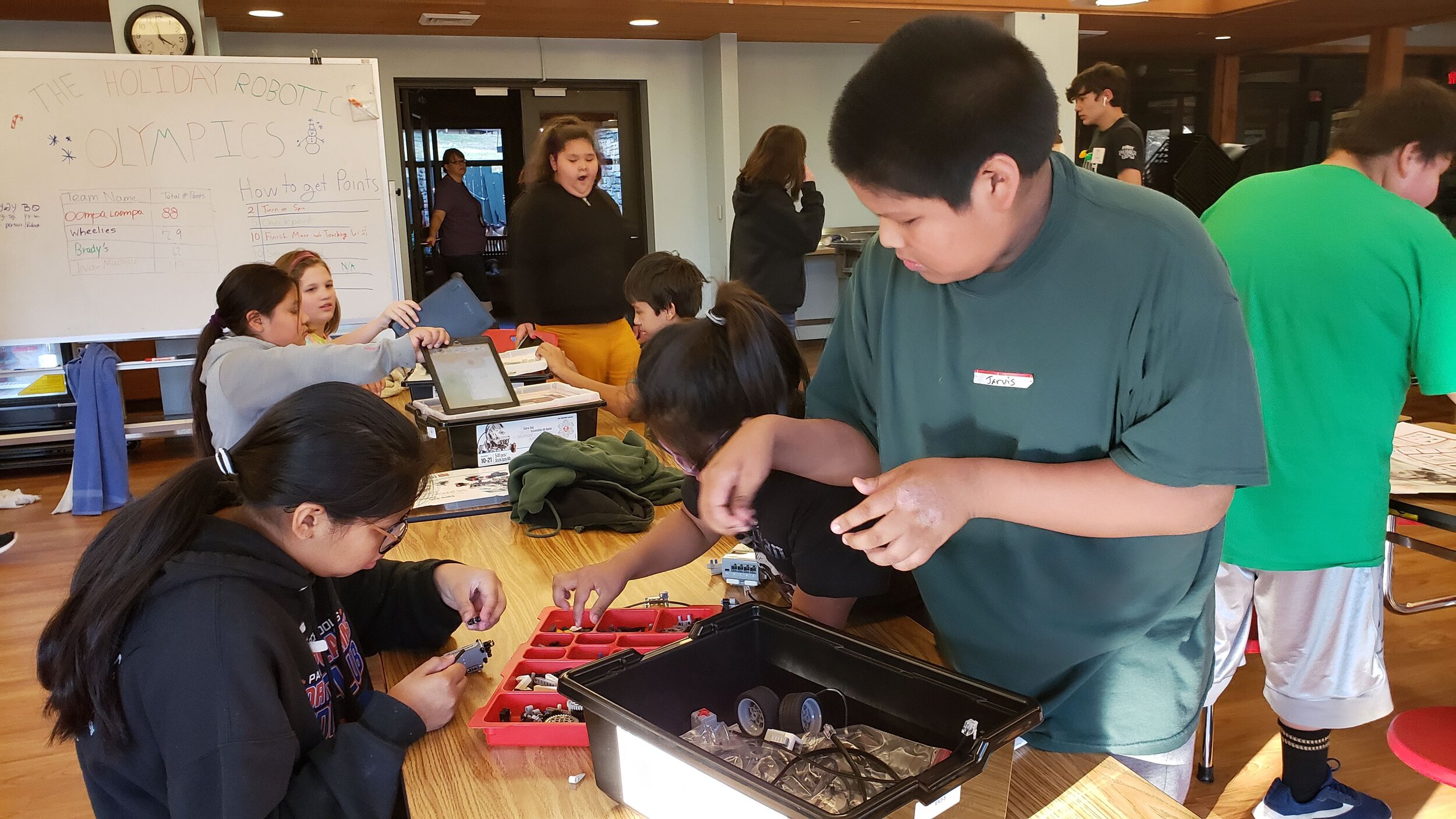
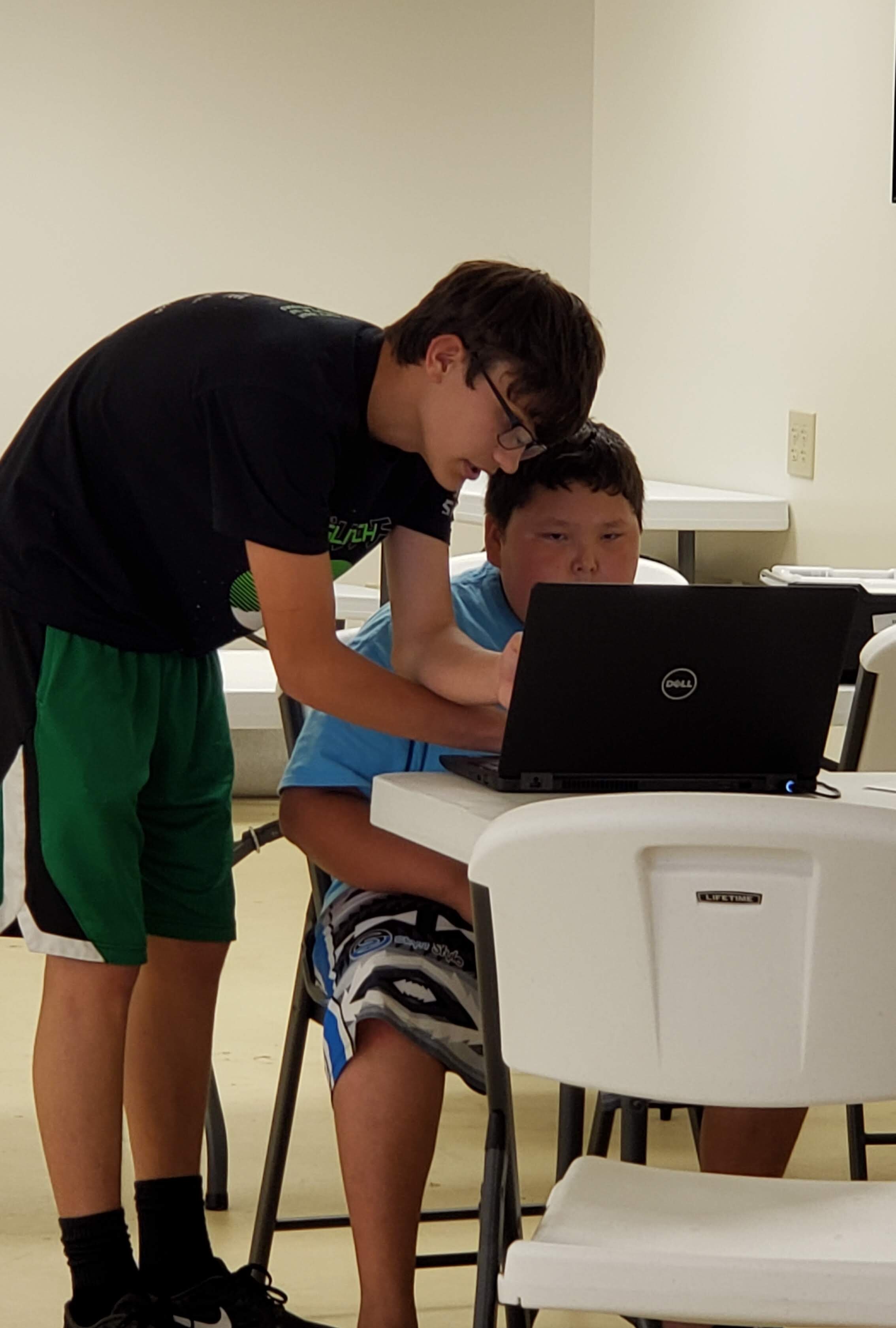
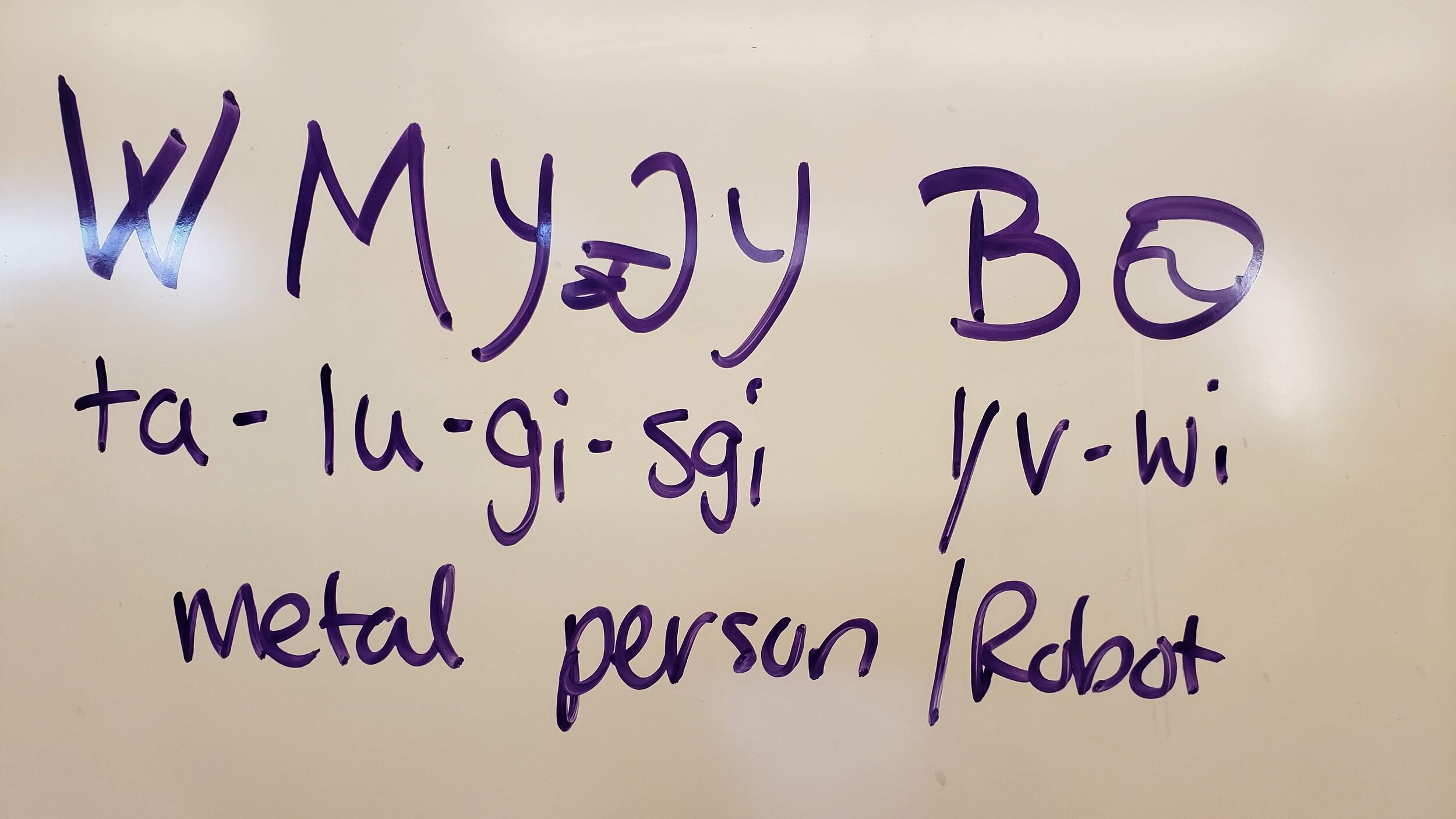
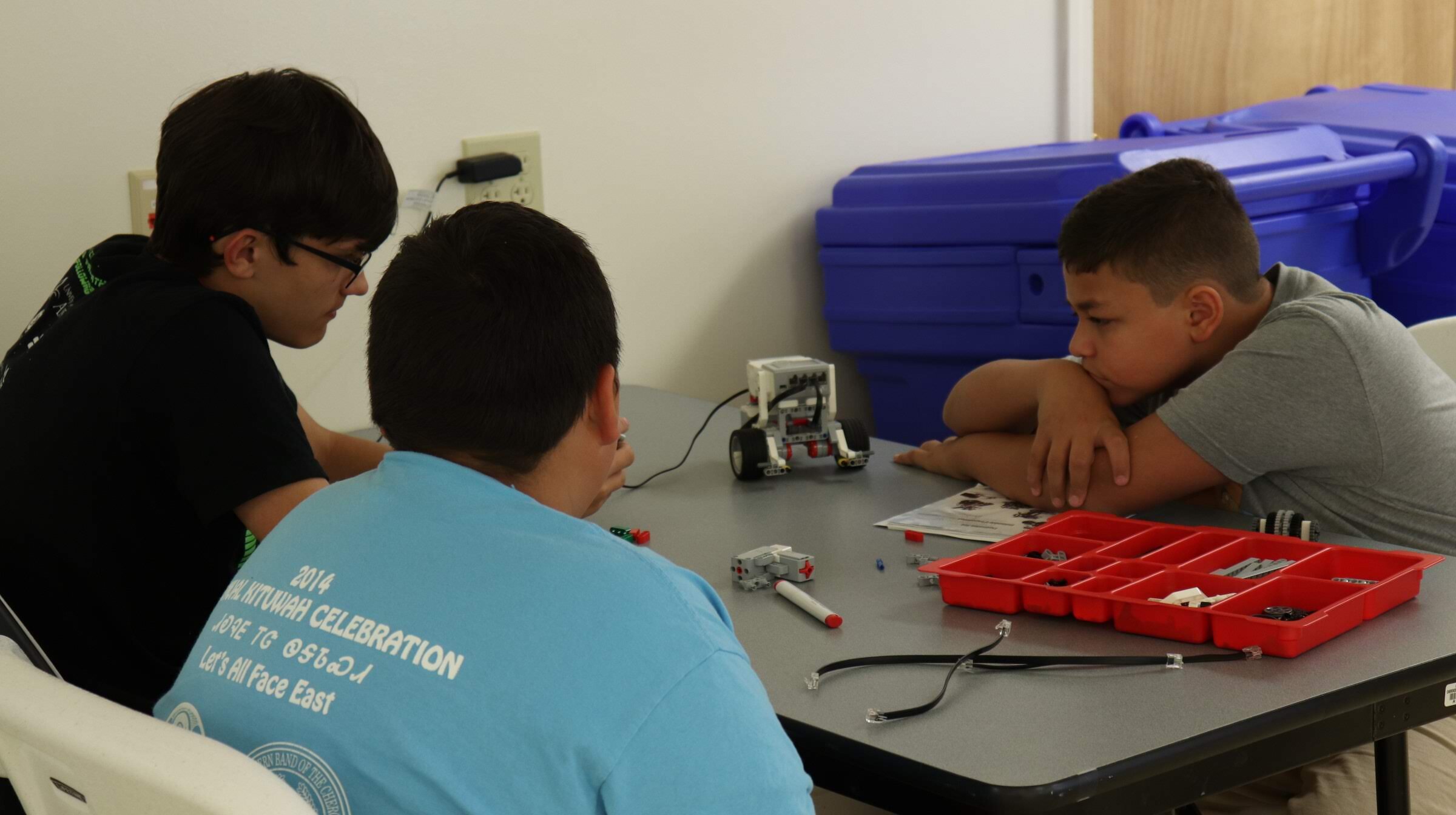
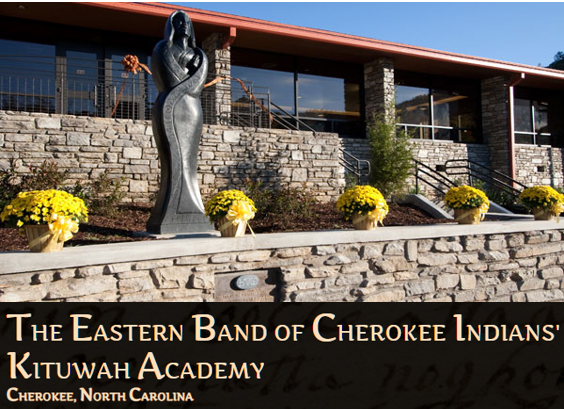
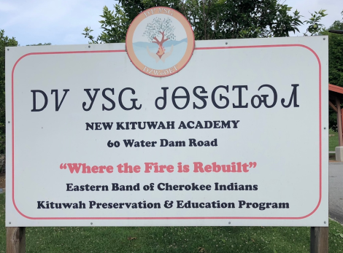
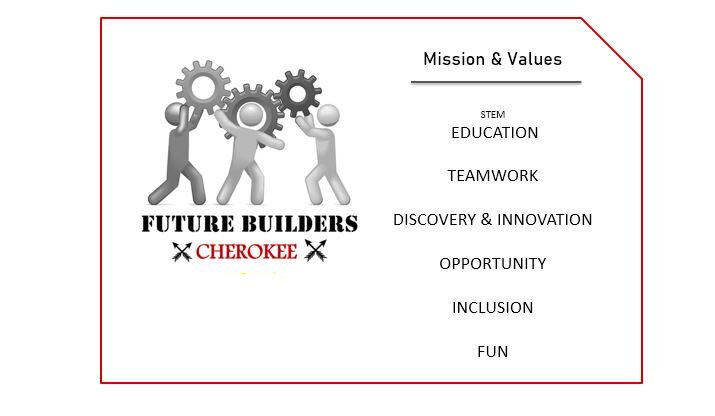
While the robotics and science activities that were a part of the Future Builders program were enriching and a big improvement, sadly our students were still stuck inside during the summer. After reading a study that found only 2% of students that visit national parks in our region are non-white, I spoke to our students and found that most had no outdoor experiences. My goal was to find a way to move our STEM learning outside and provide outdoor experiences to our students. It took 2 years to make this happen. The largest roadblock was that several potential education partners required each student to be accompanied by their own parent, which is not possible since this is a day care program for working parents. Just when I worried I was out of options, I found a partner in the Southern Appalachian Highlands Conservancy. Their AmeriCorps educator felt very personally connected and committed to the issue of outdoor opportunities for disadvantaged and minority students. She was determined to help me make this program happen. Together we solved the liability and transportation issues and her connections helped enlist the participation of forest rangers and other conservation educators. Our program now provides environmental science education, outdoor skills & experiences, exercise and fresh air, and great fun. In addition to addressing inequity in the outdoors, we also hope our students will grow up to care for our planet:
“No one will protect what they don’t care about, and no one will care about what they have never experienced”
We provide trips to all 5 age groups, and over 80 students participated. Future Builders is the most personally rewarding thing I have ever done, but I am especially proud and grateful to successfully implement the Outdoors program. This program seeks to impact the 3 things I feel most passionate about, science (in the service of humanity), environmental issues, and addressing inequities.
The Future Builders Outdoors Program Mission & Values are: Outdoors Experiences & Skills, Environmental Science Education, Environmental Stewardship, Health & Wellness, Inclusion, and Fun.
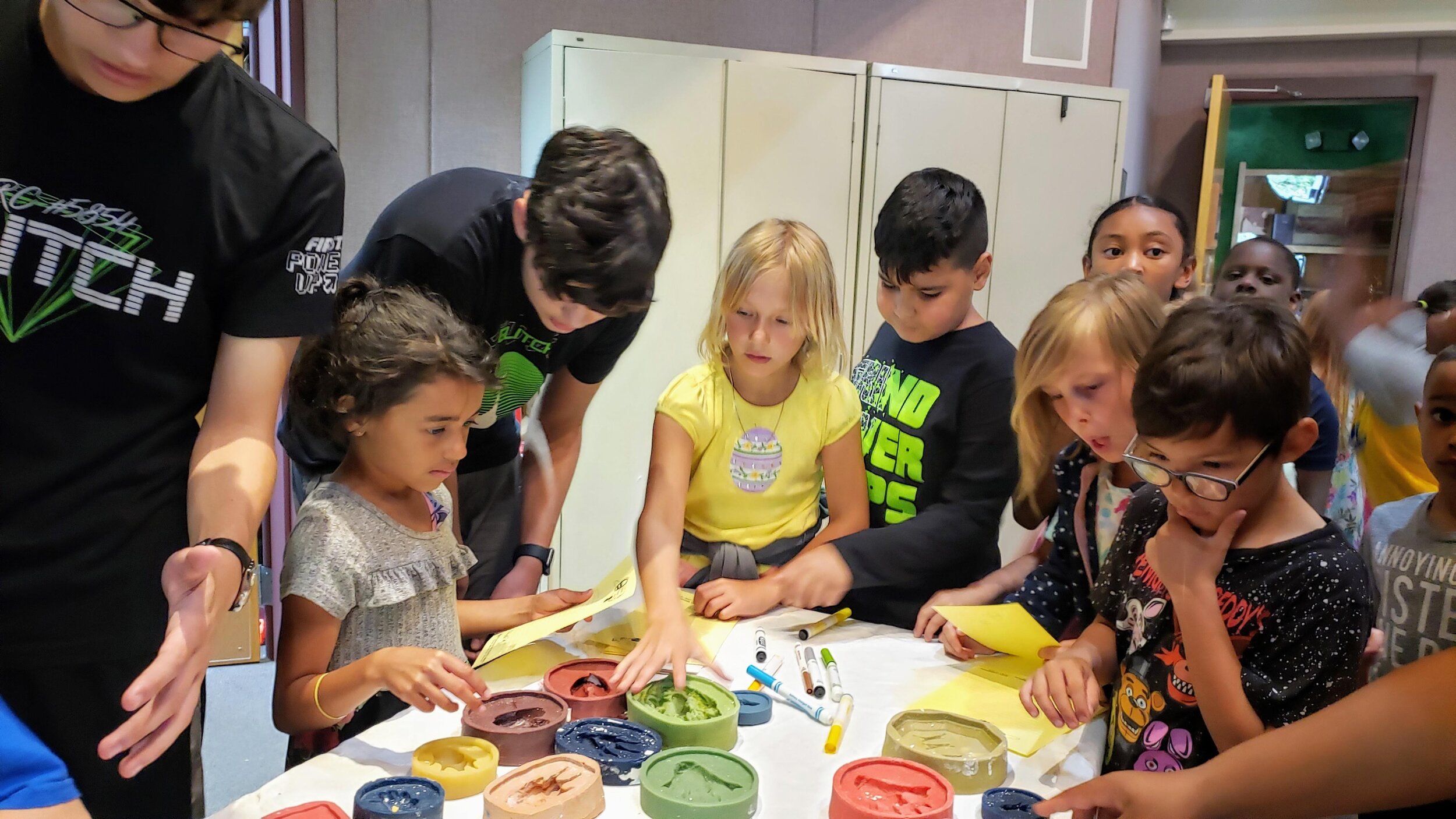
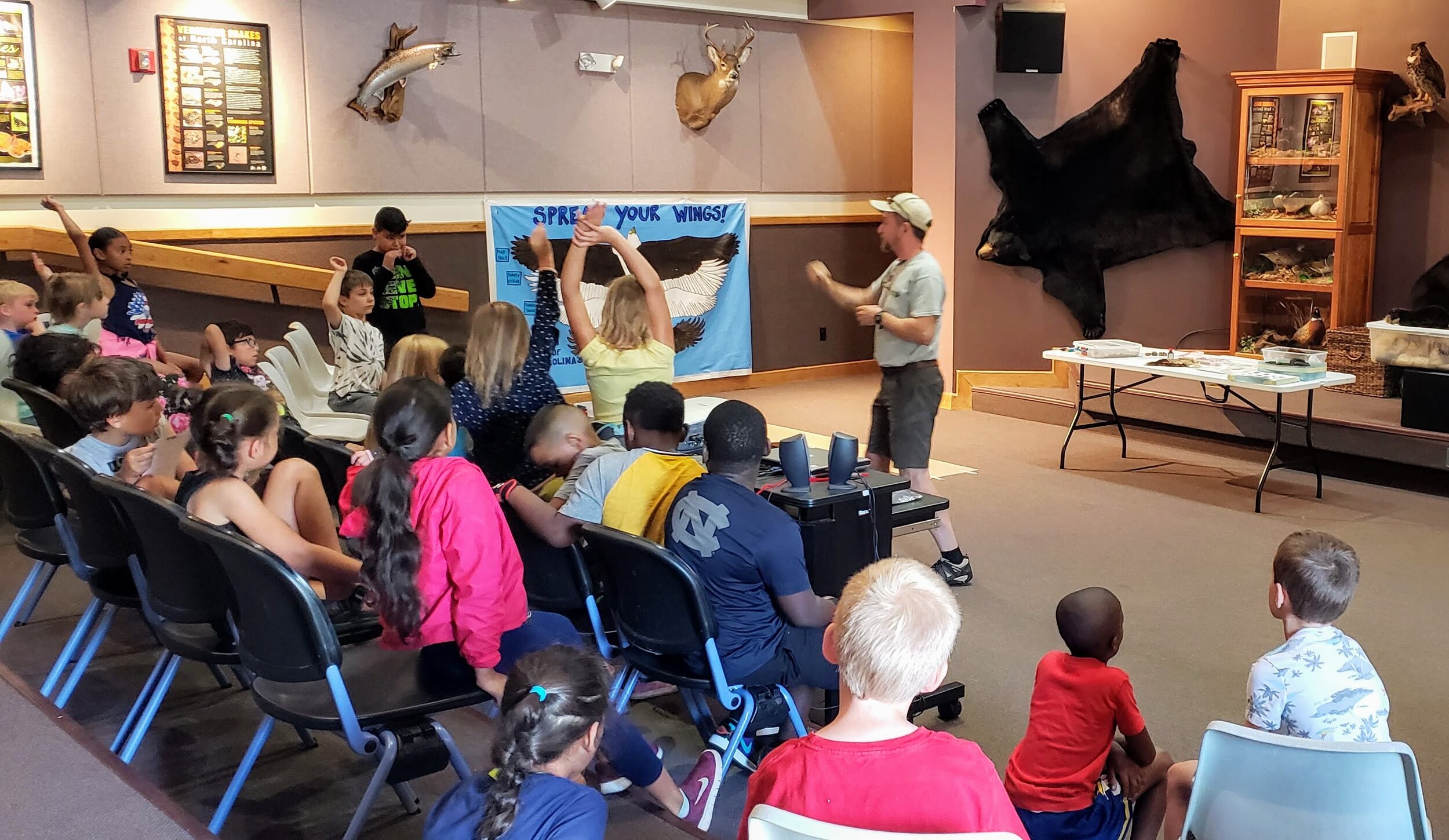
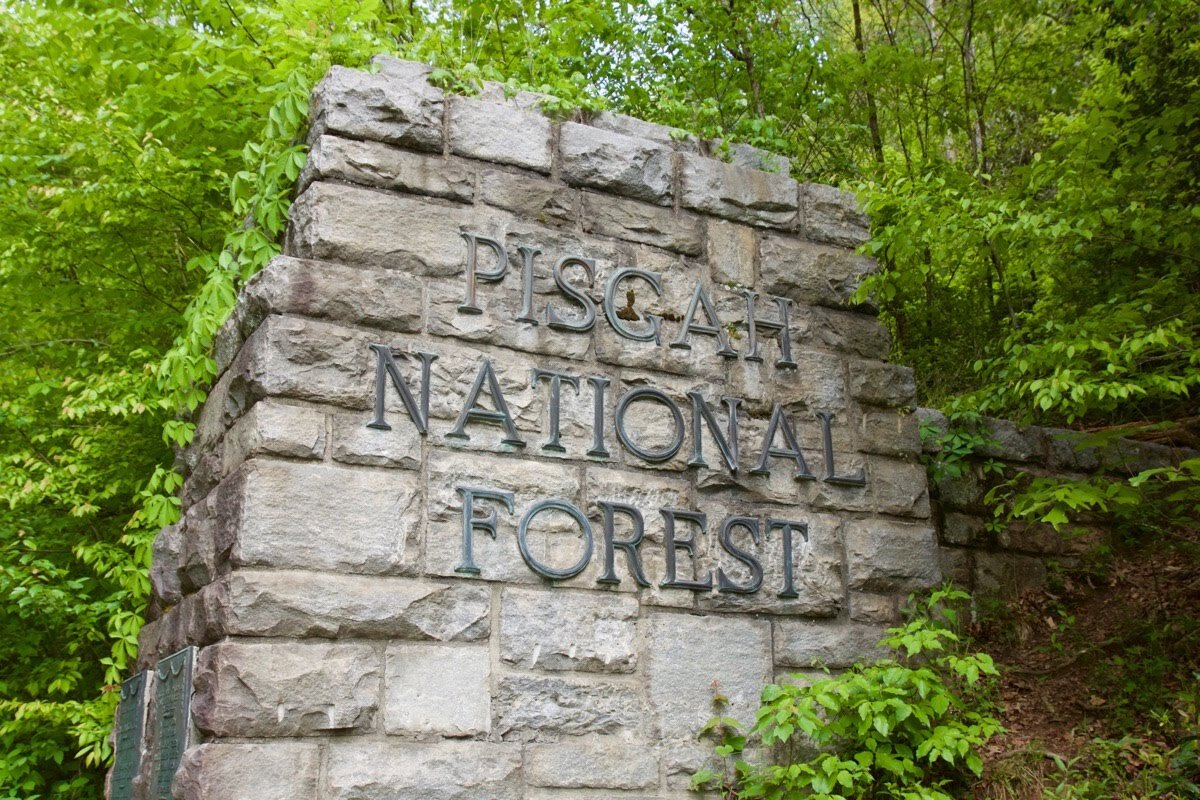
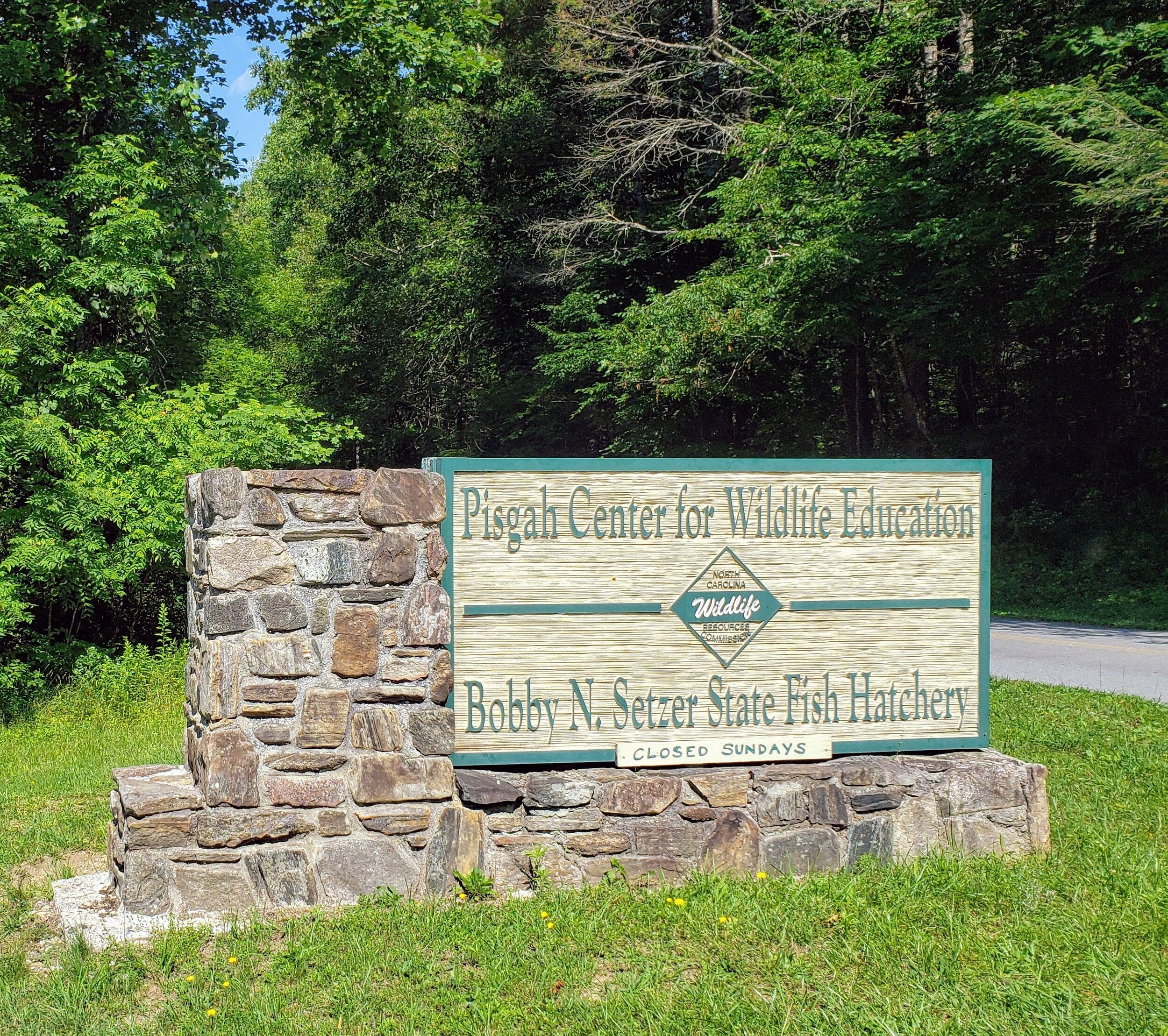
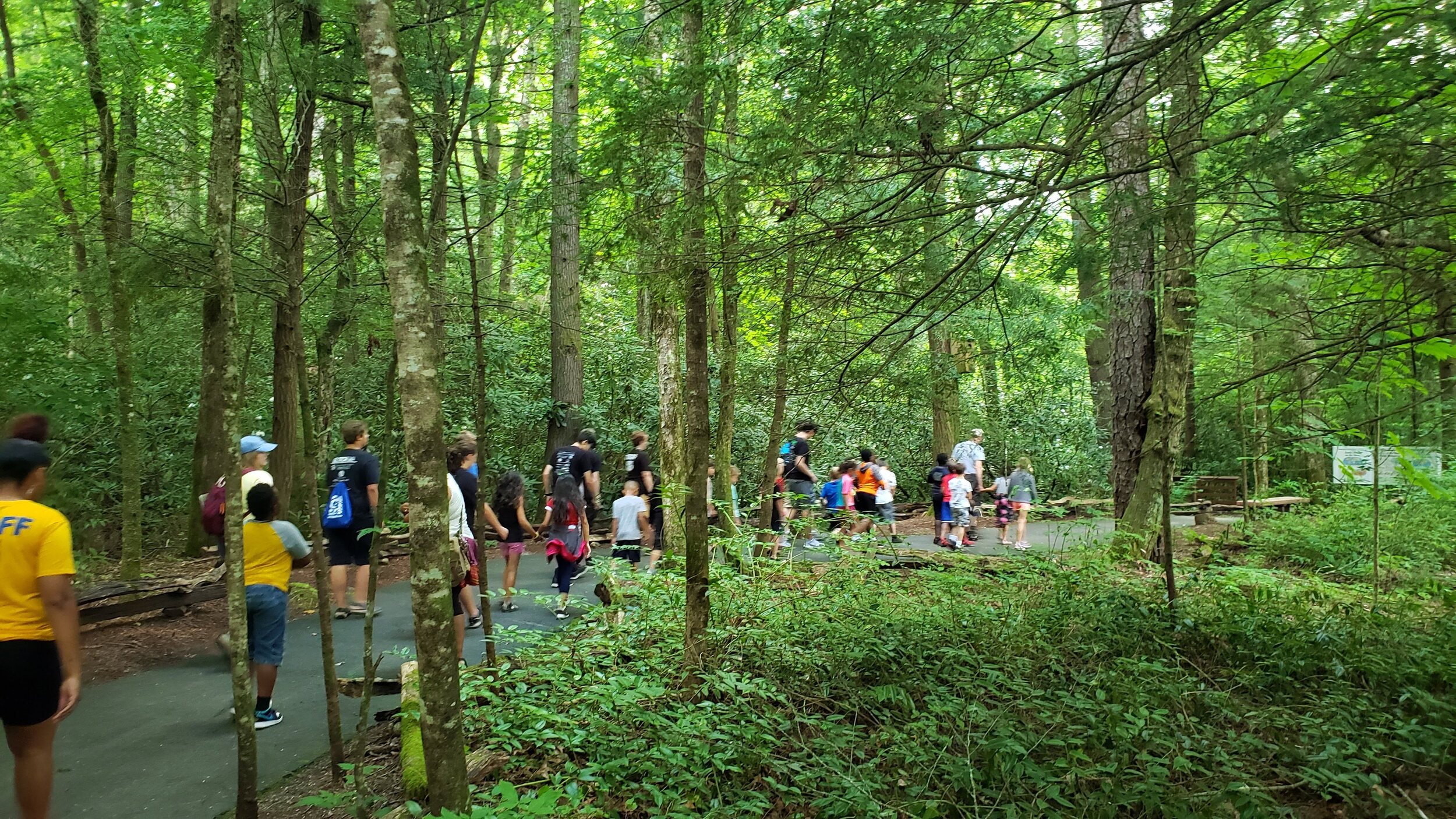
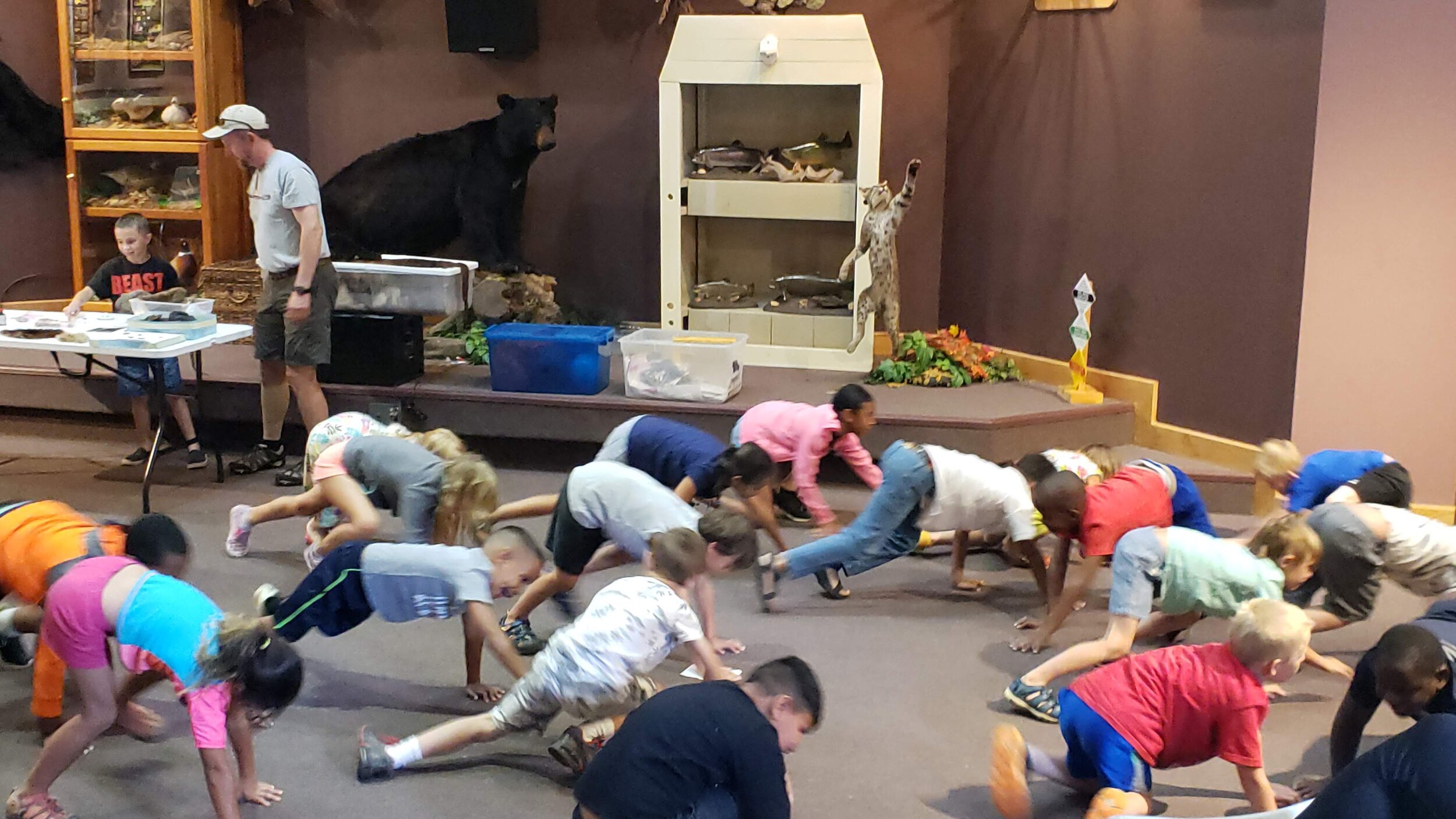
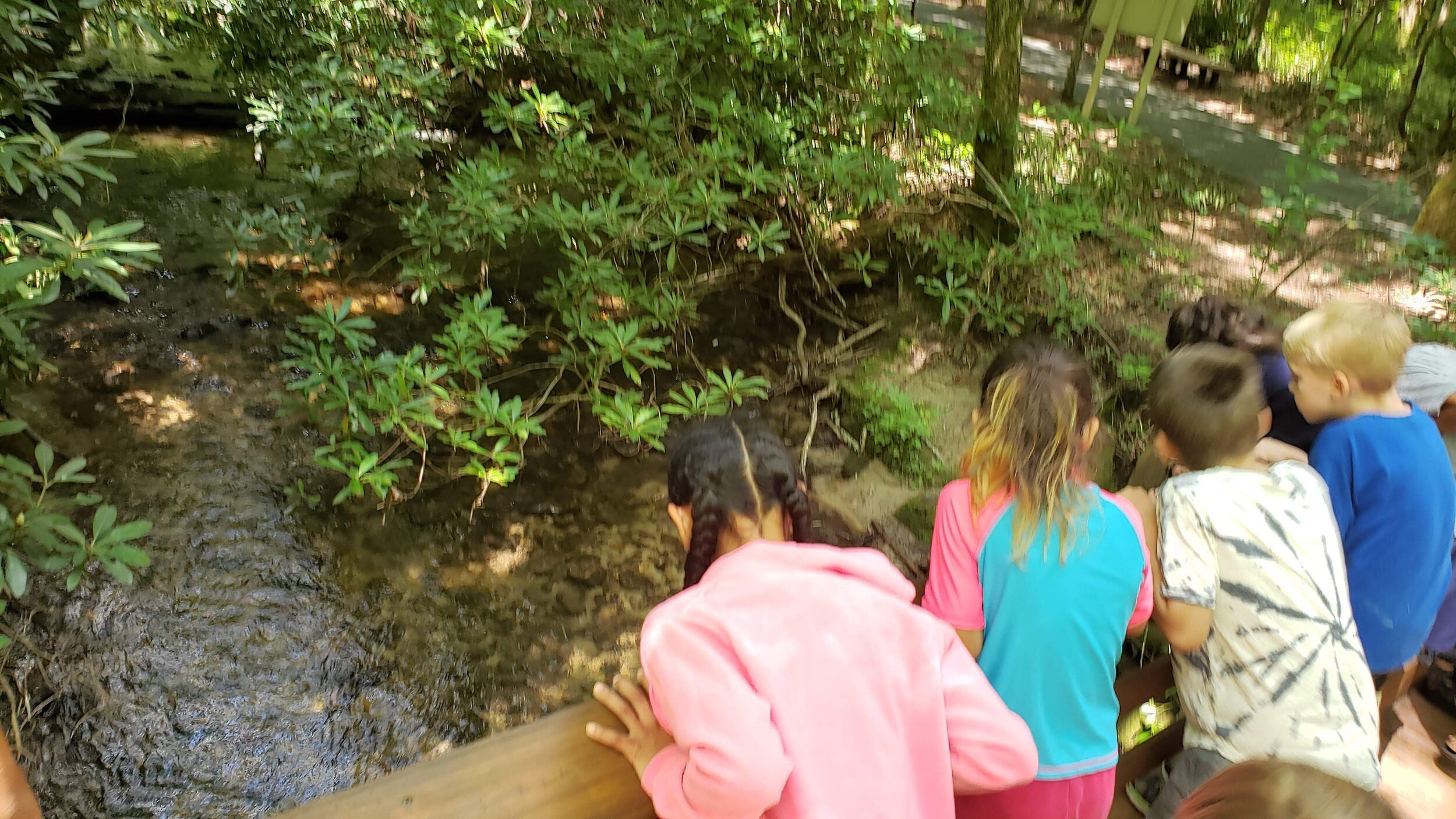
Pisgah Forest/ Center for Wildlife Education
Curriculum: Wildlife
Activities: Animal track plaster casts, Fish Hatchery, & Exploration Hike
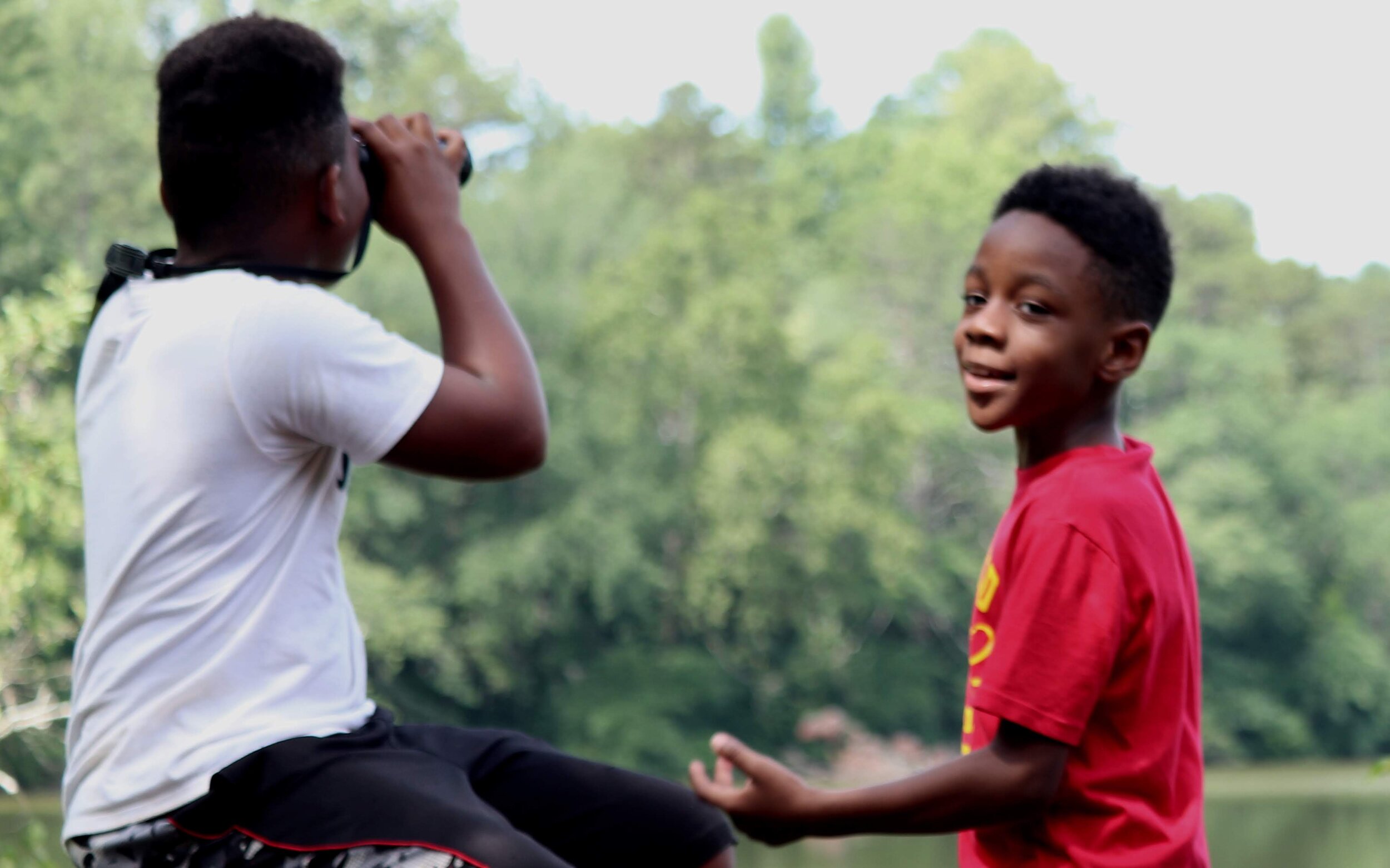
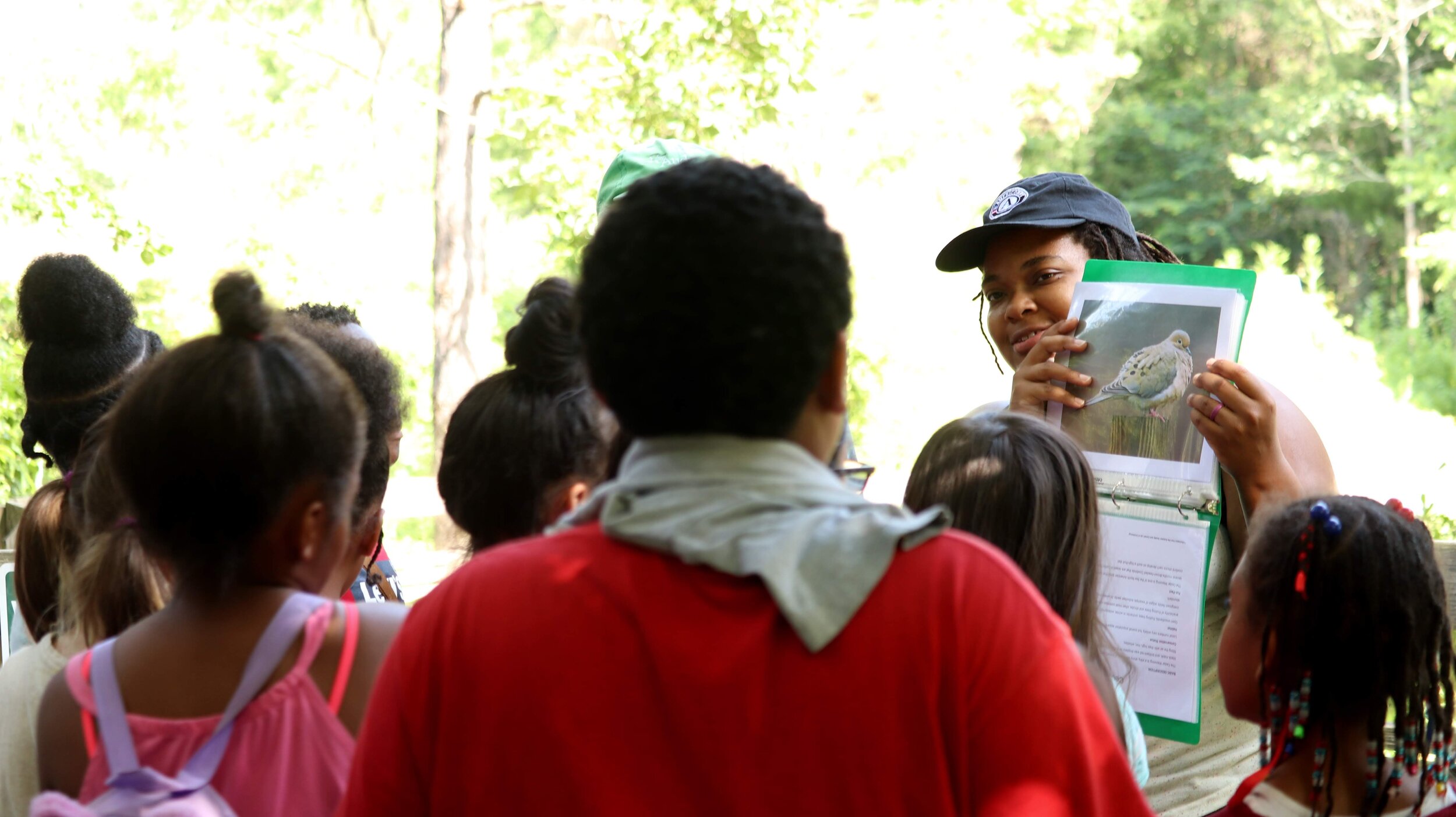
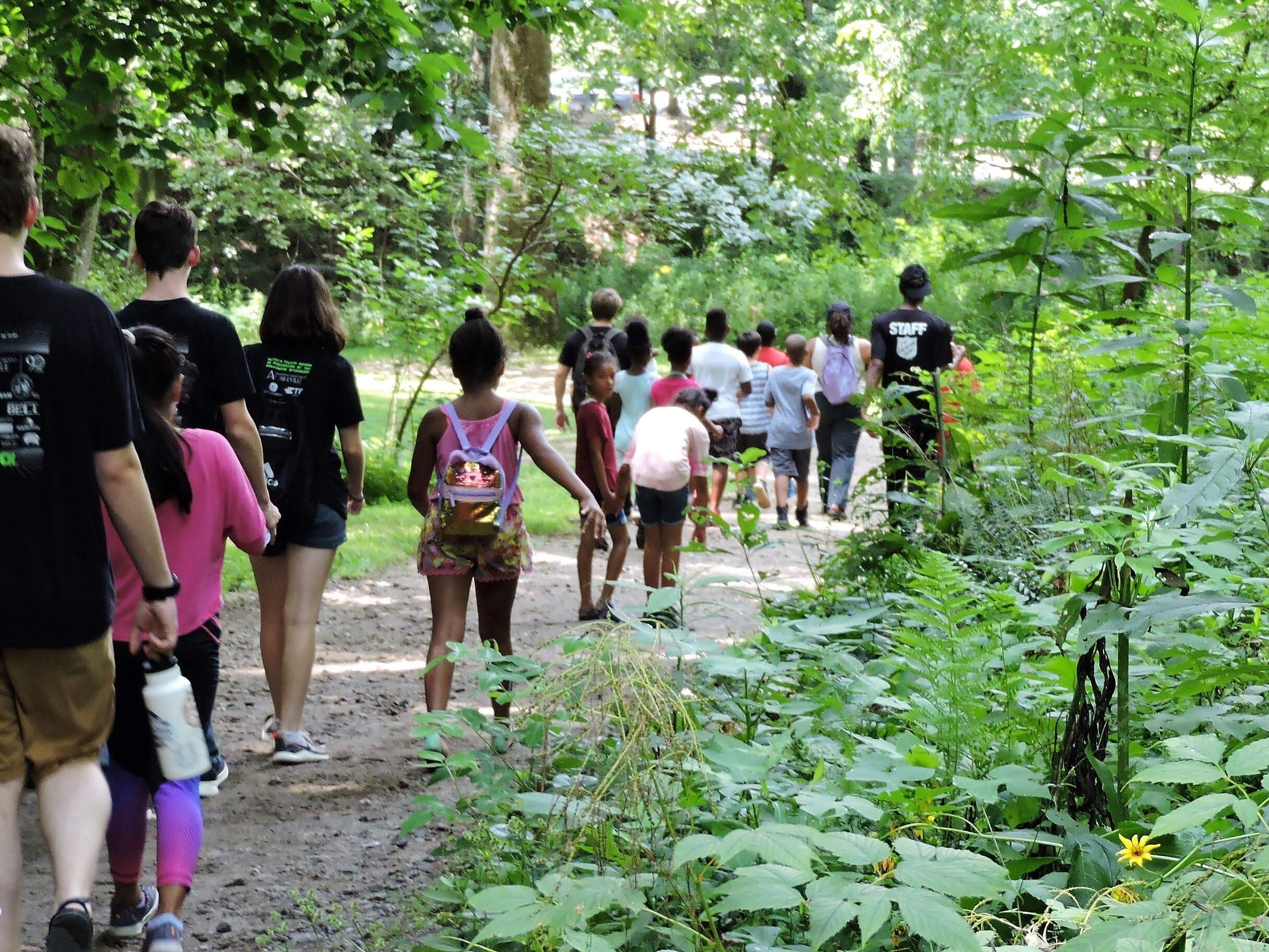
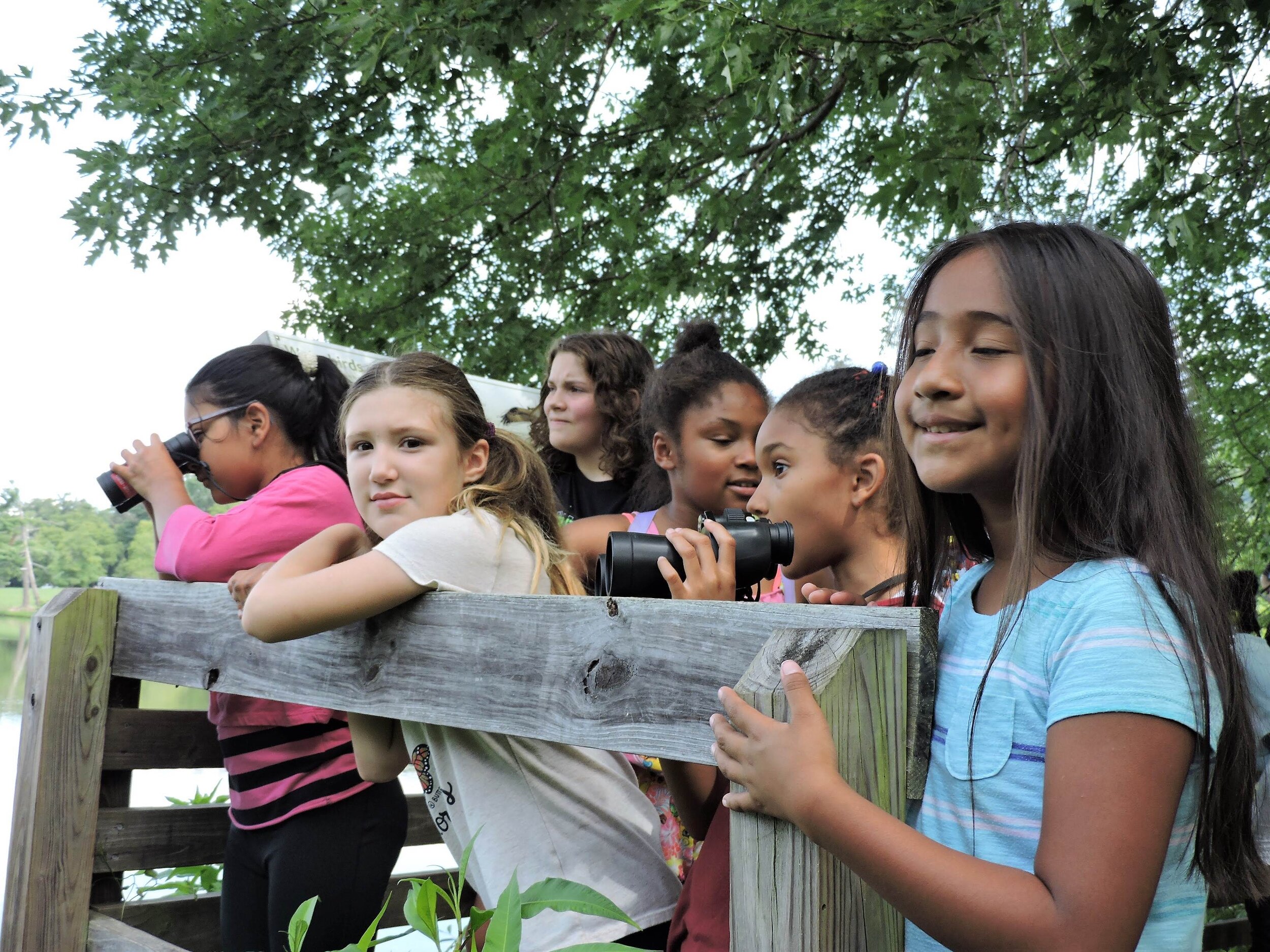
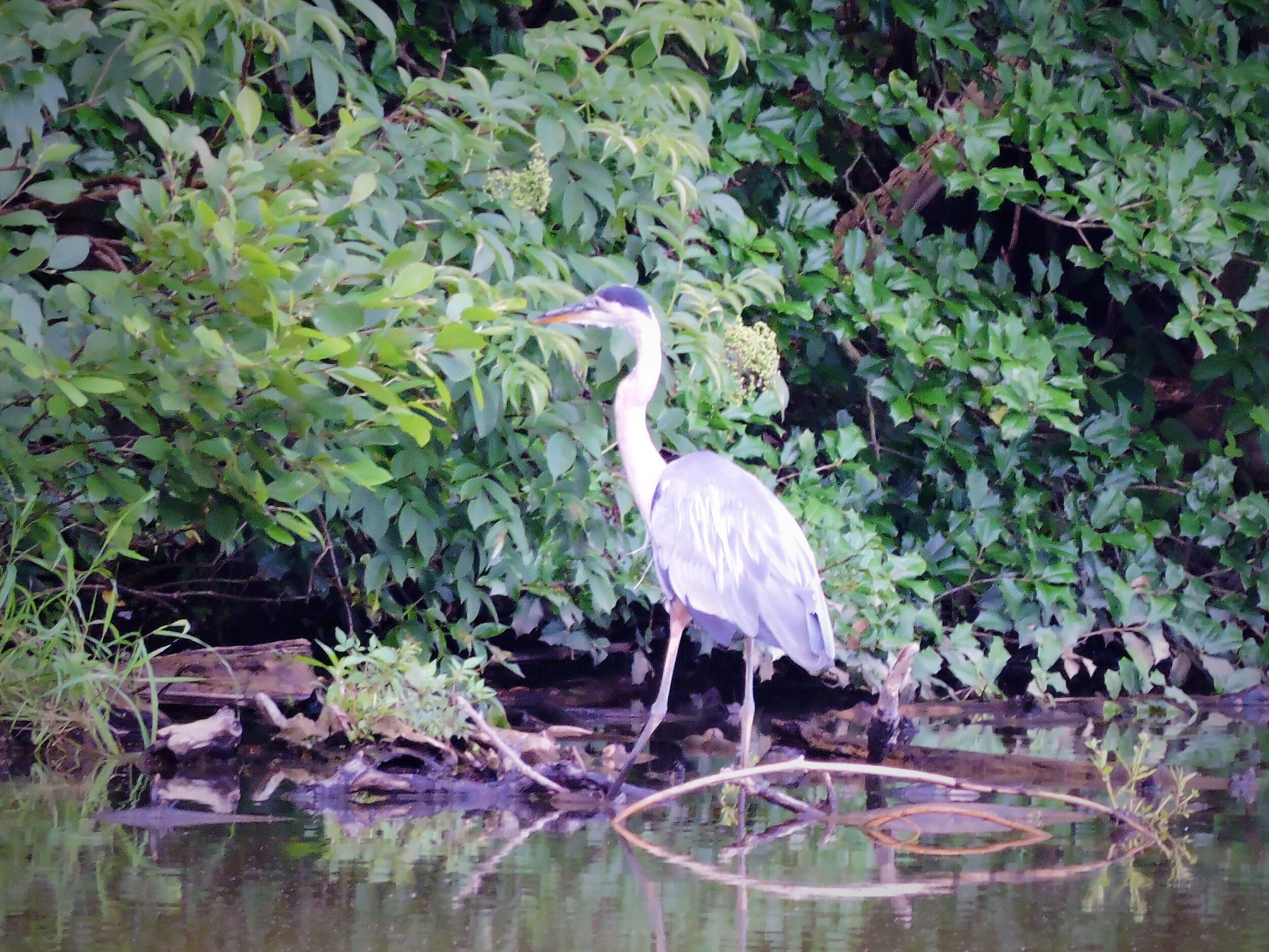
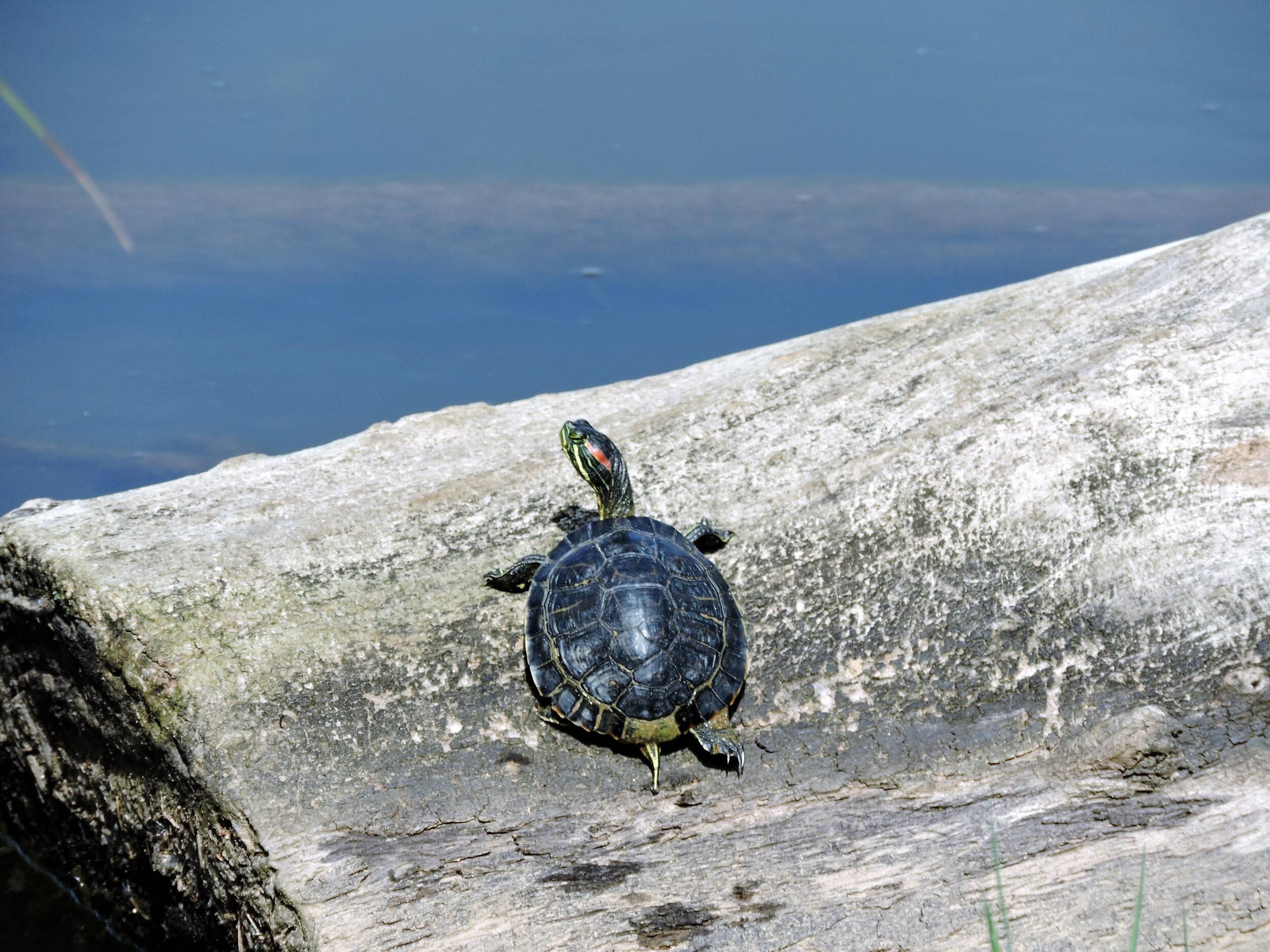
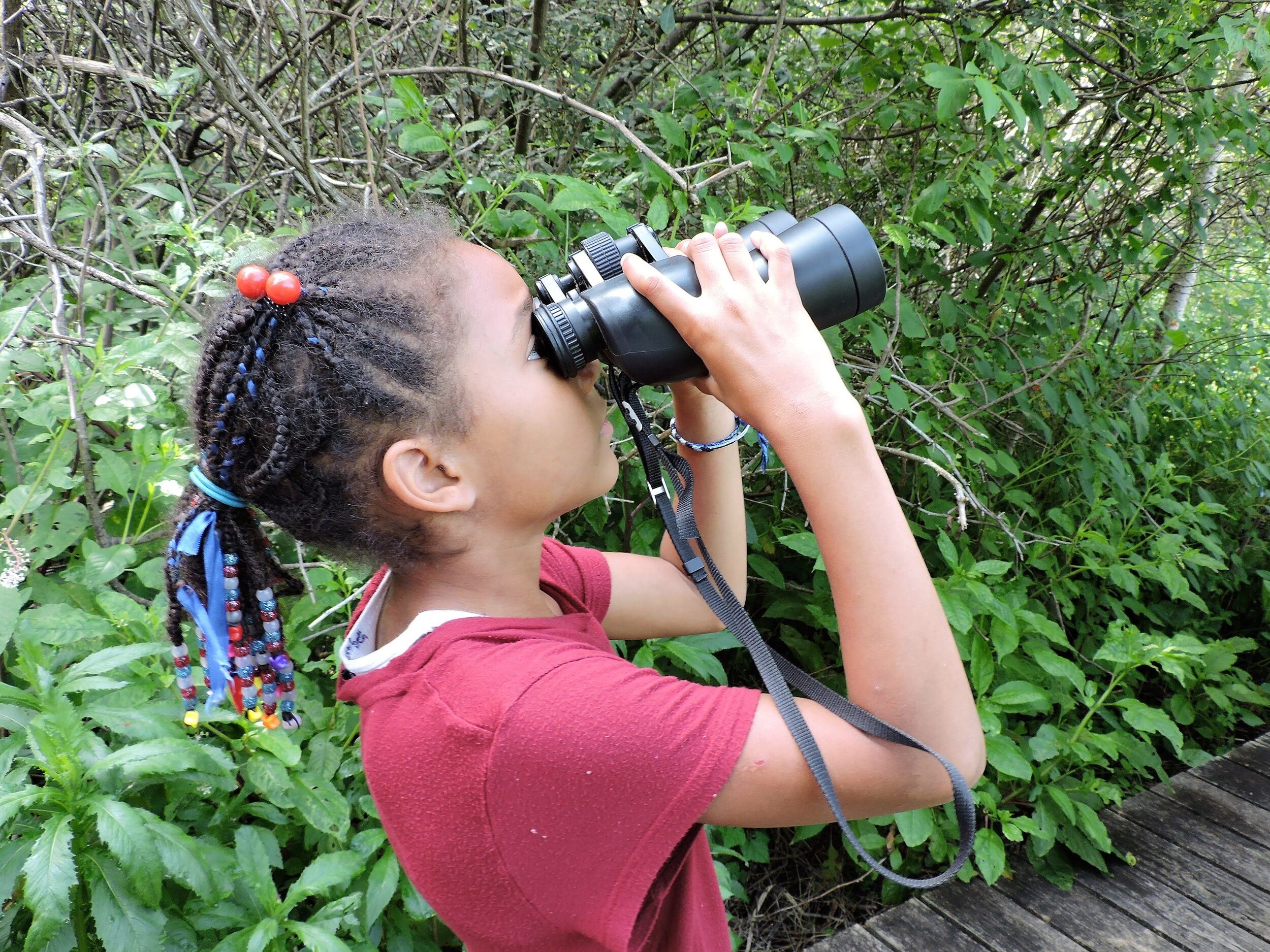
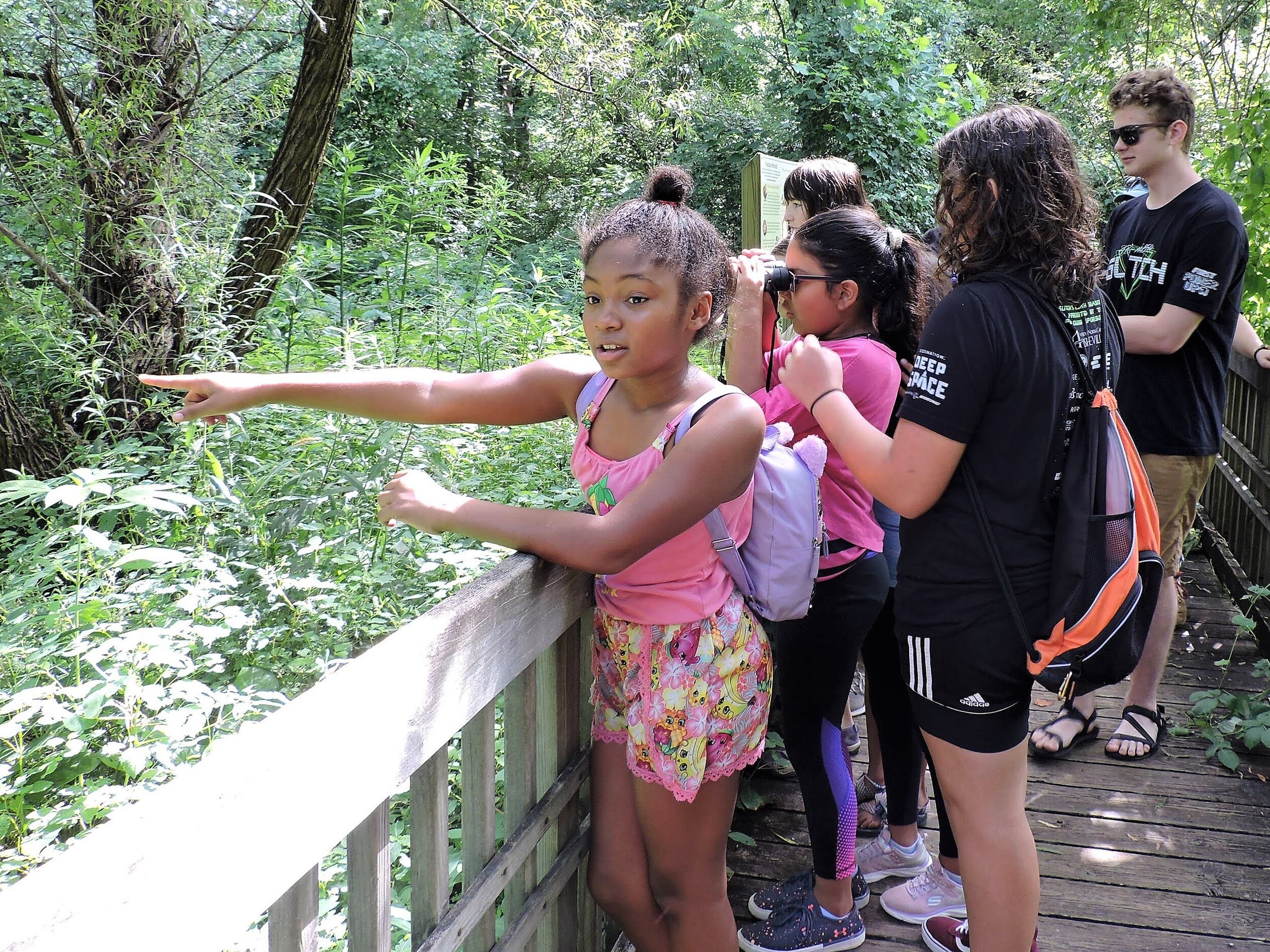
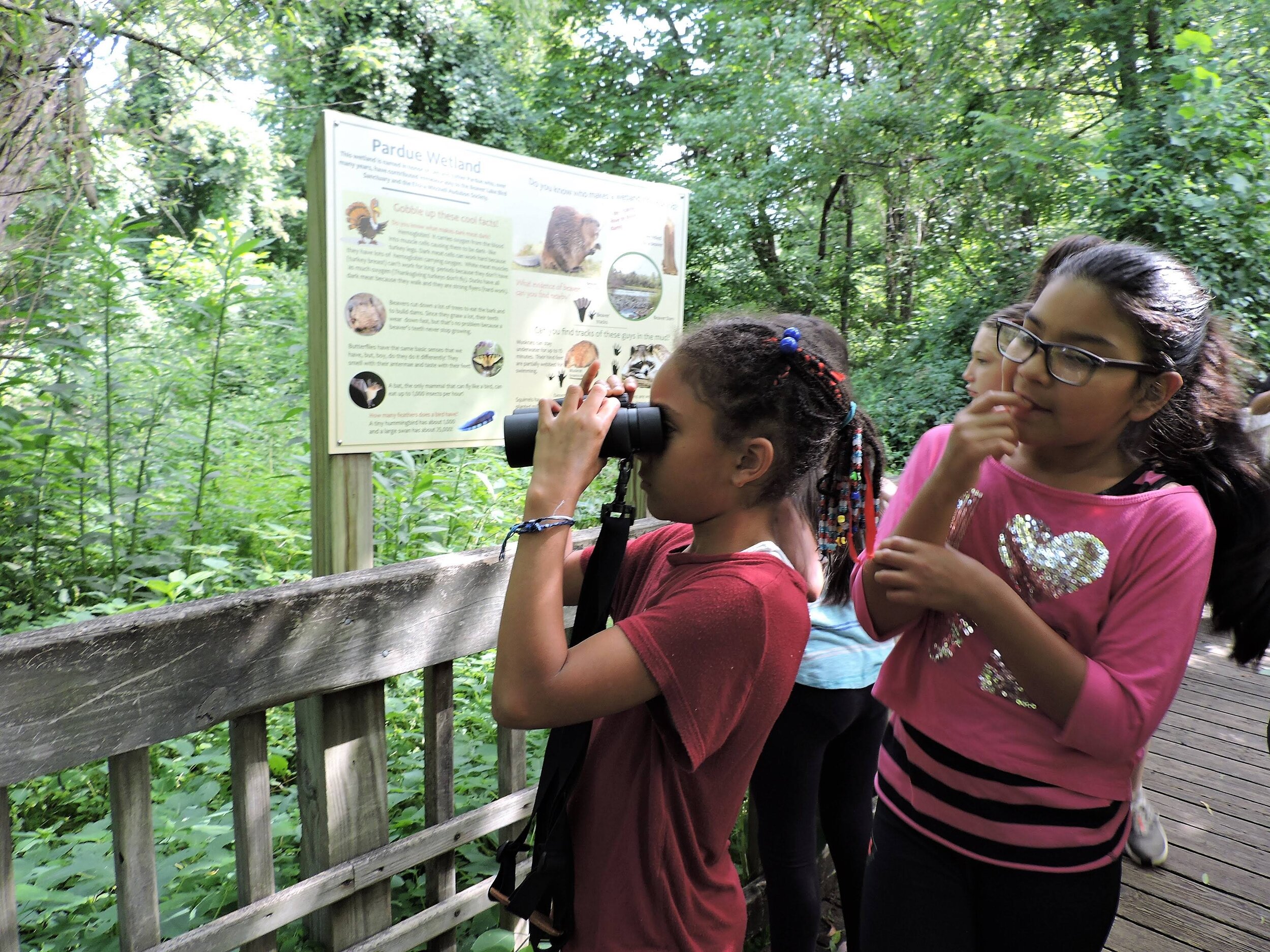
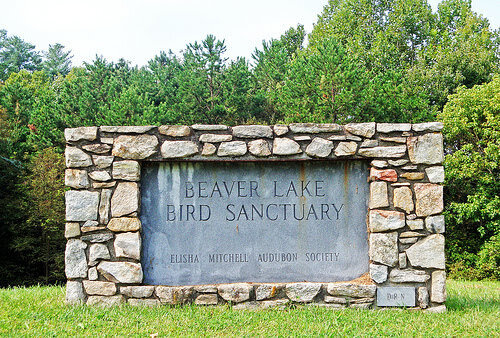
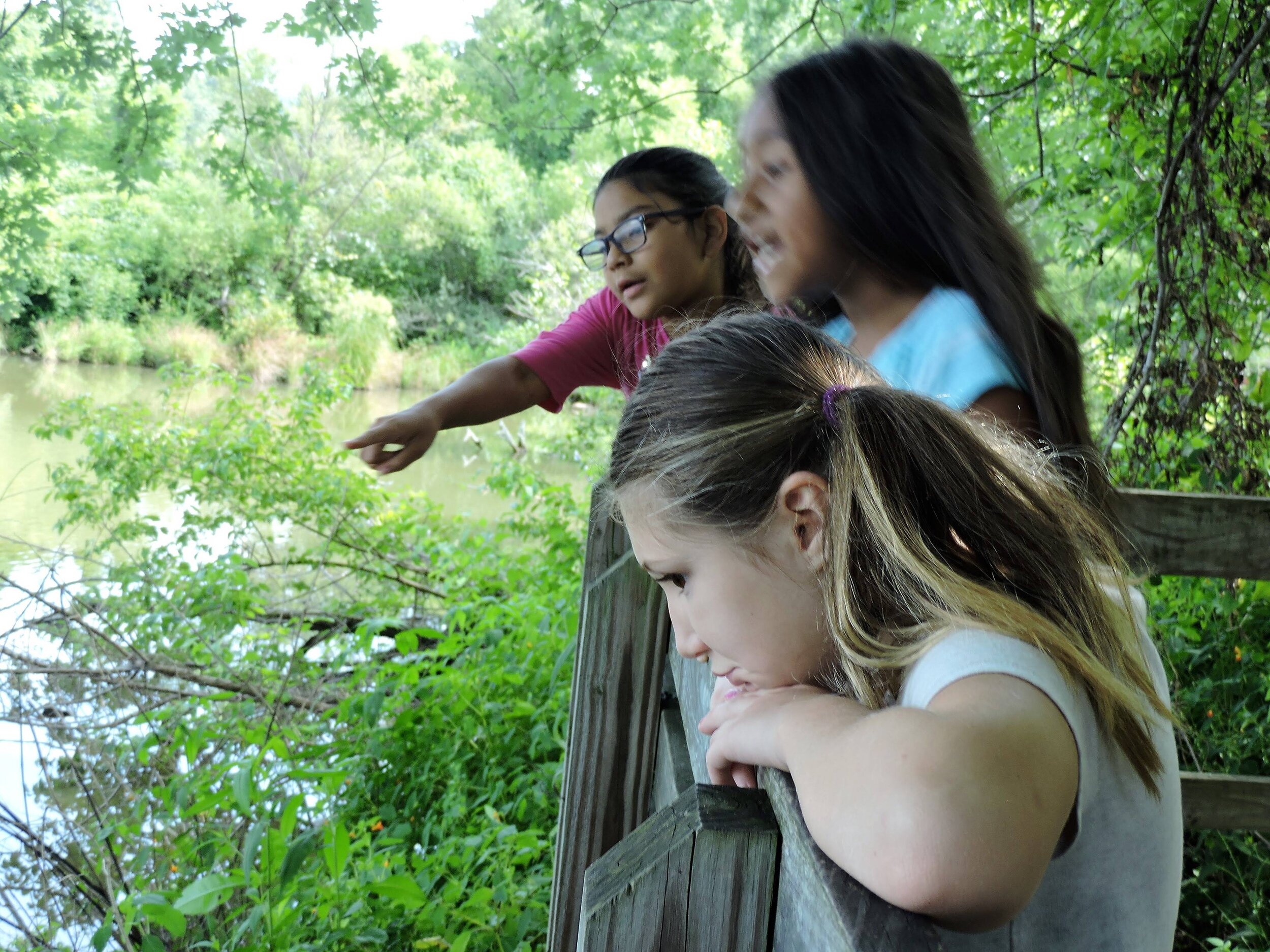
Beaver Lake Audubon Sanctuary
Curriculum: Wetlands
Activities: Birding, Nature Walk
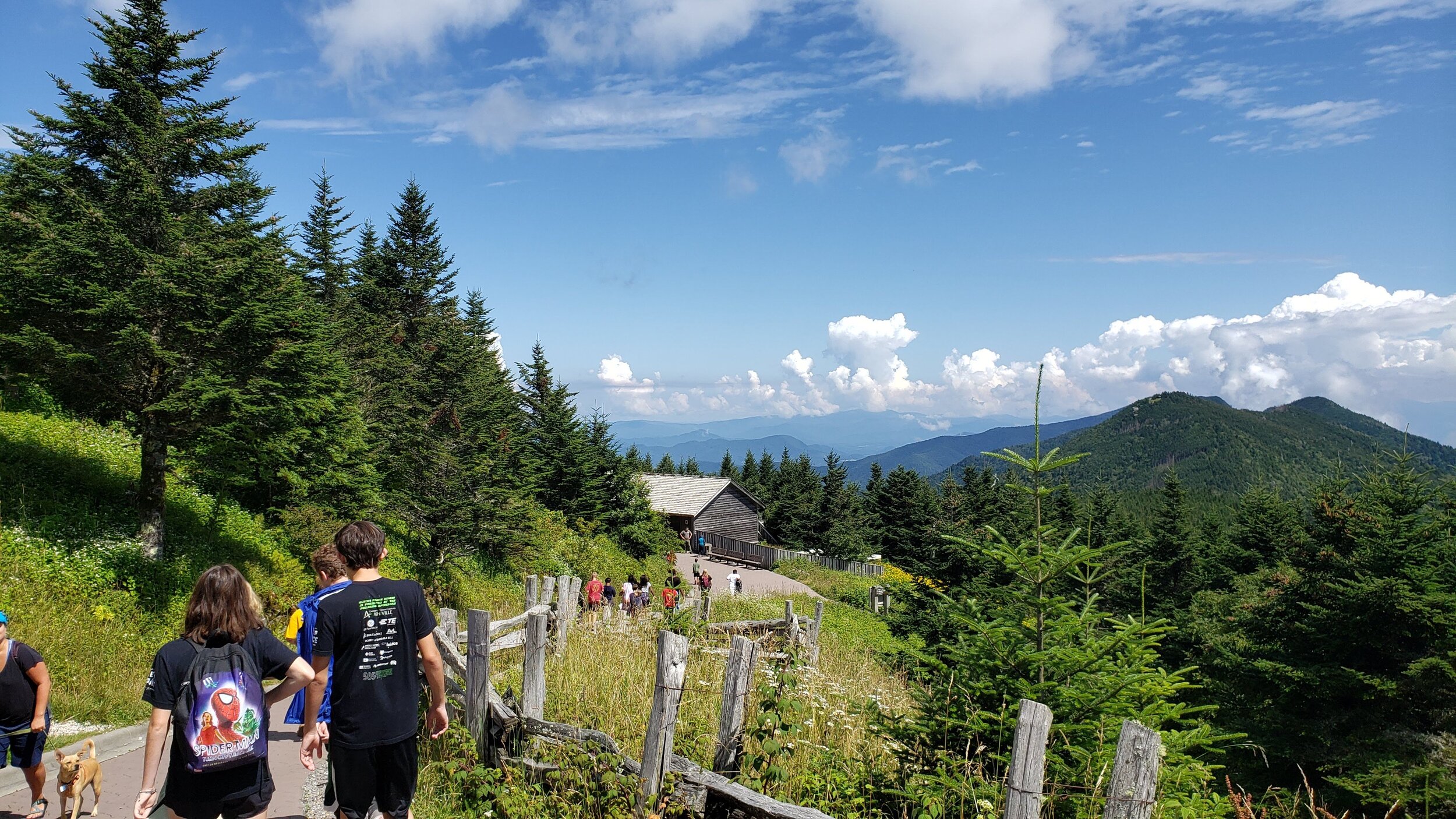
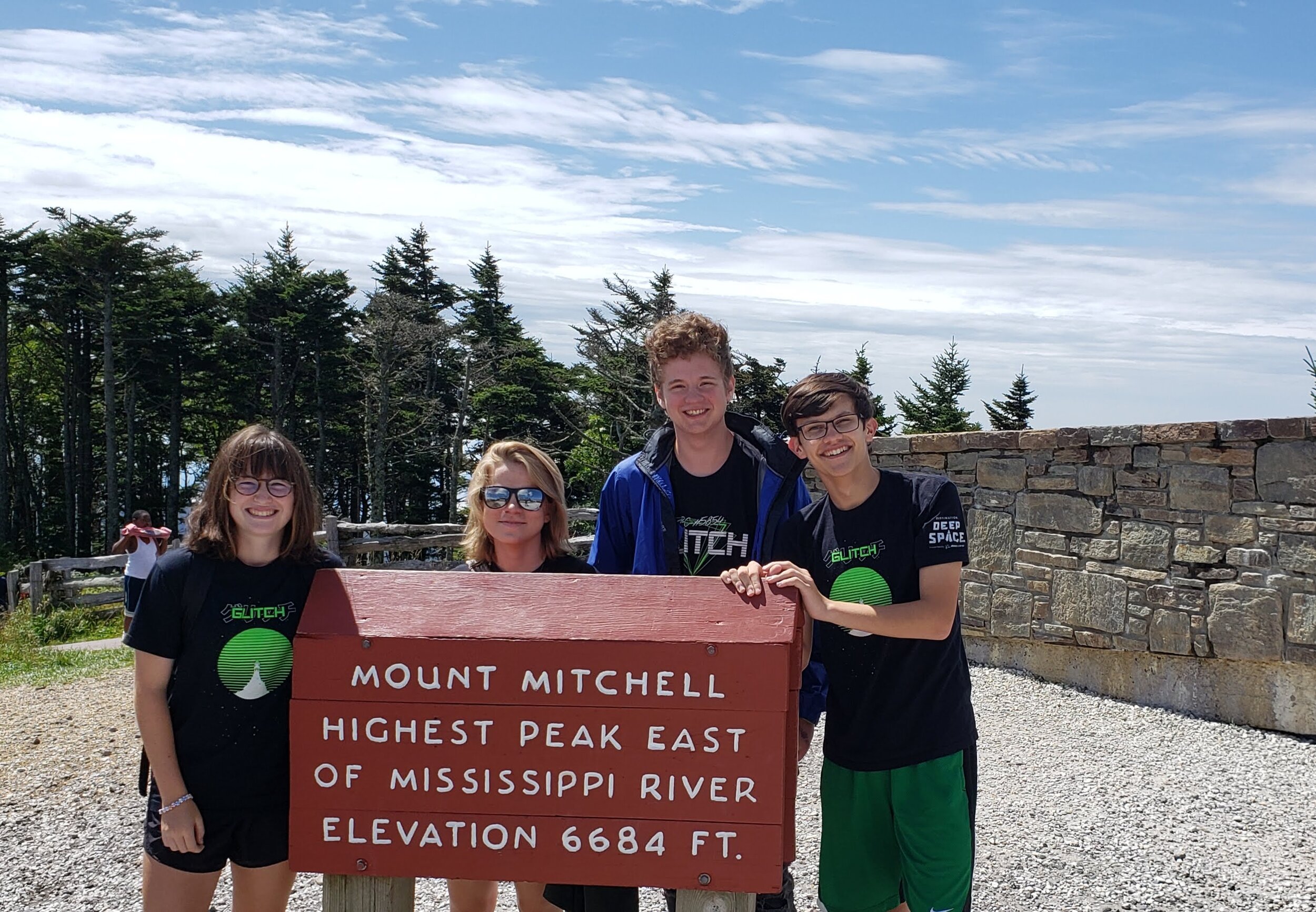
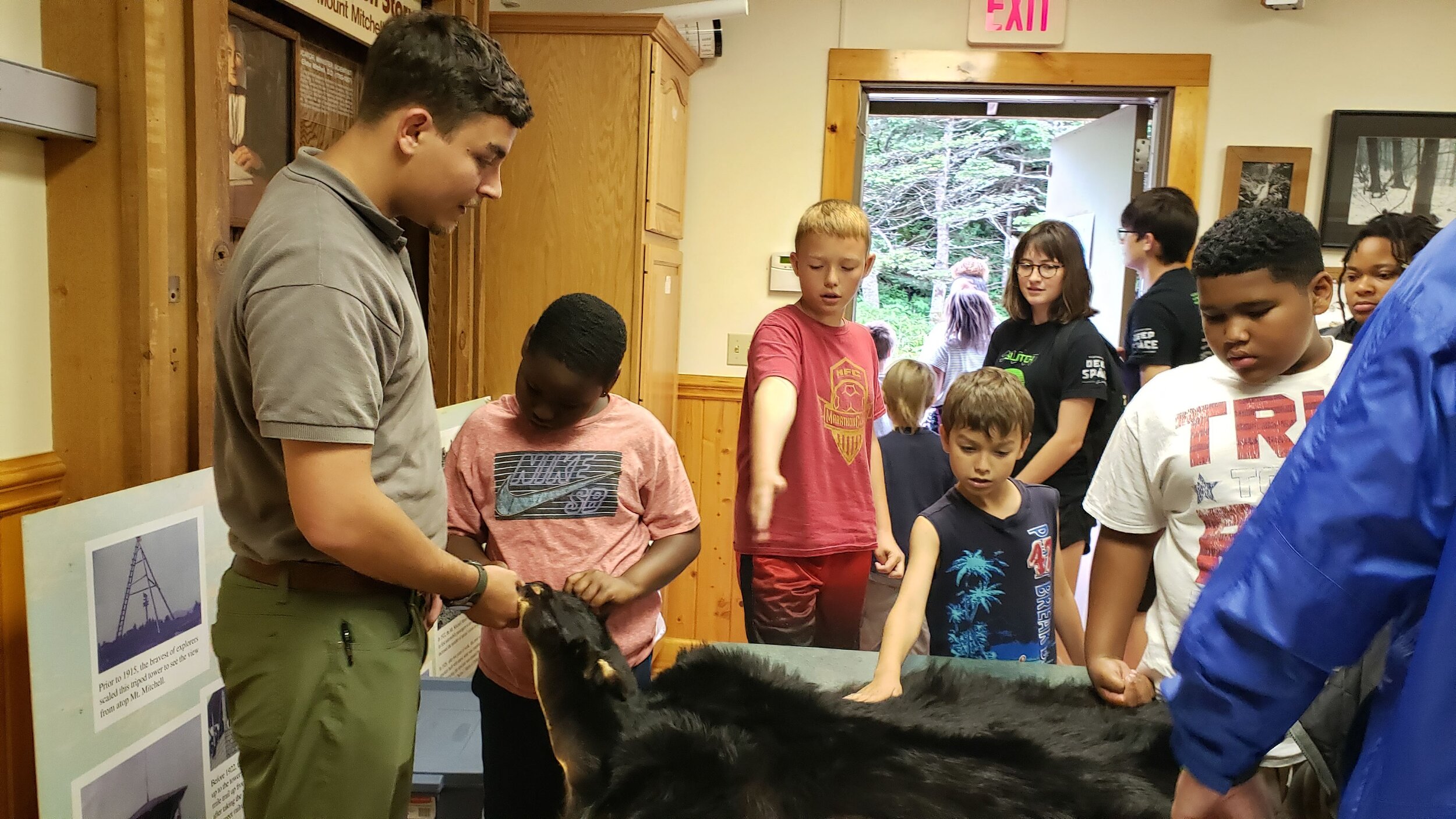
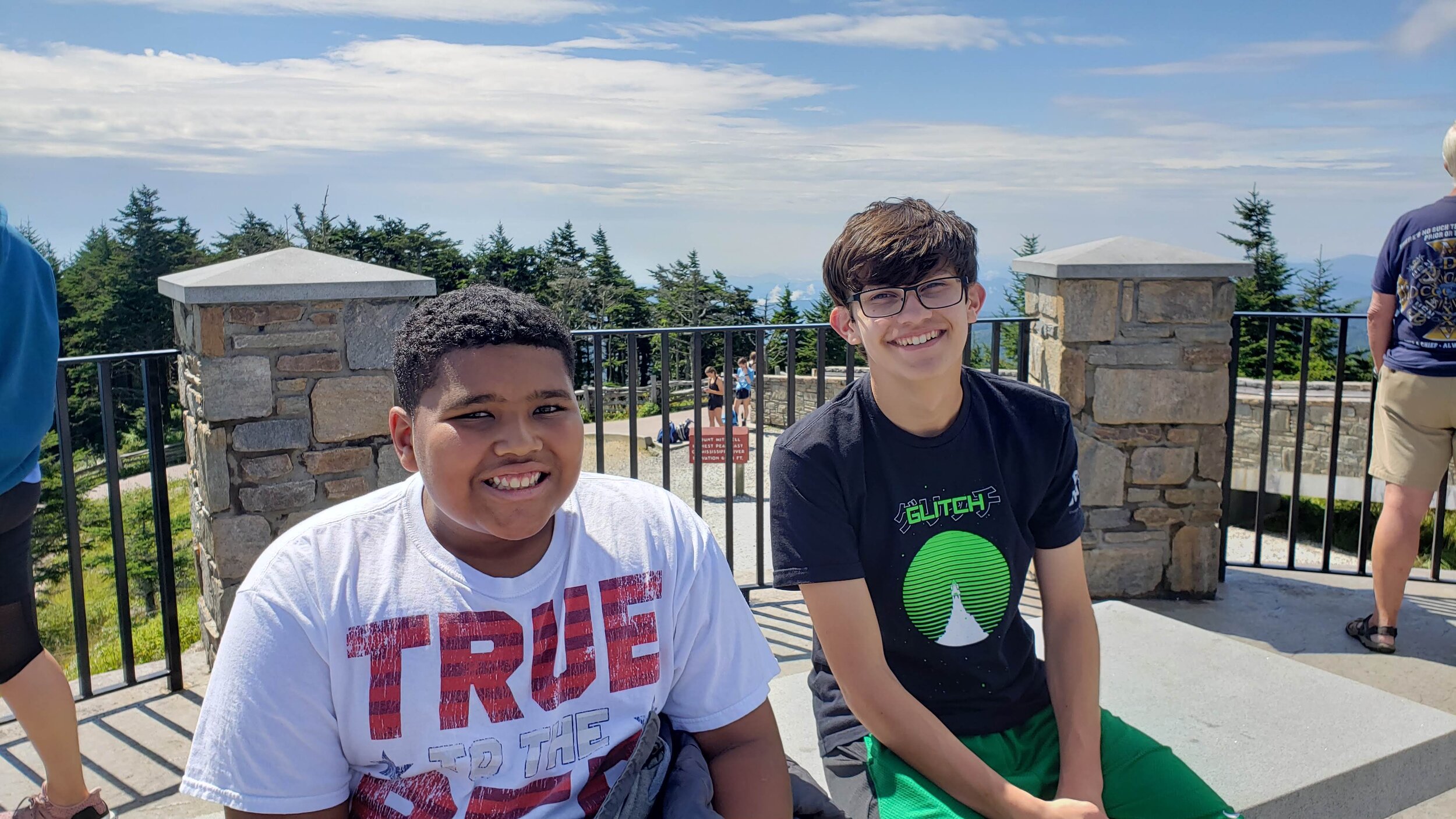
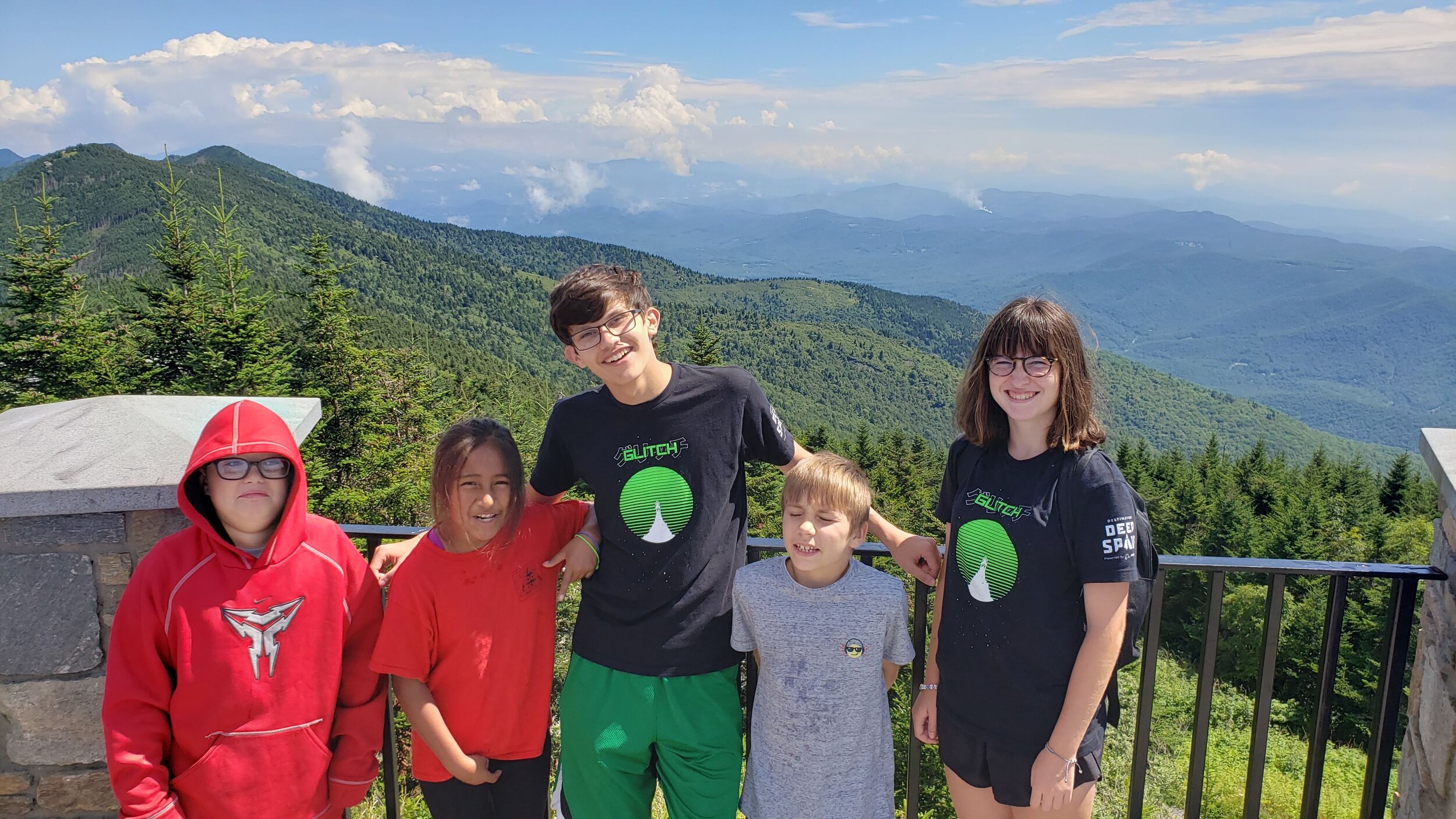
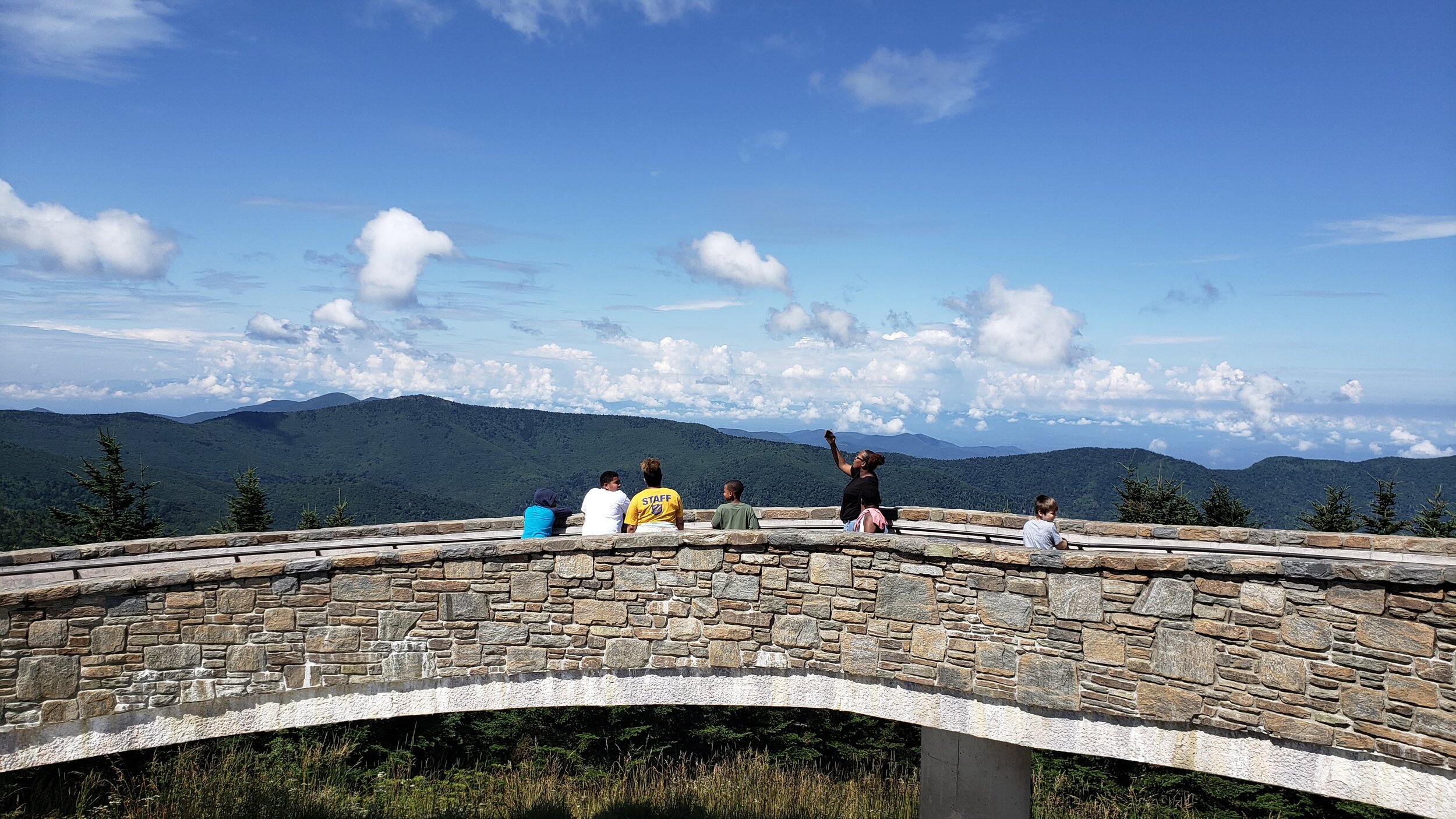
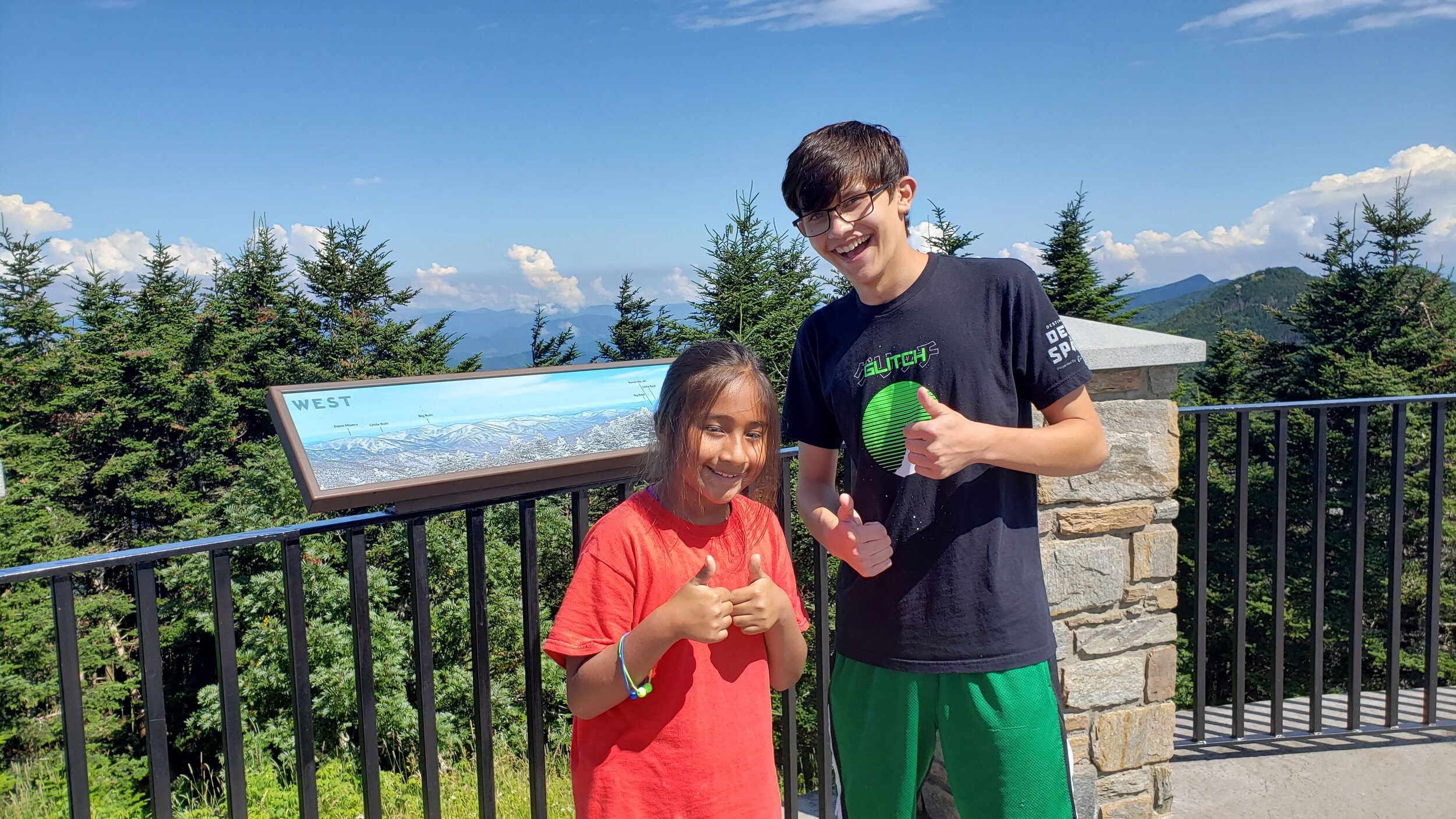
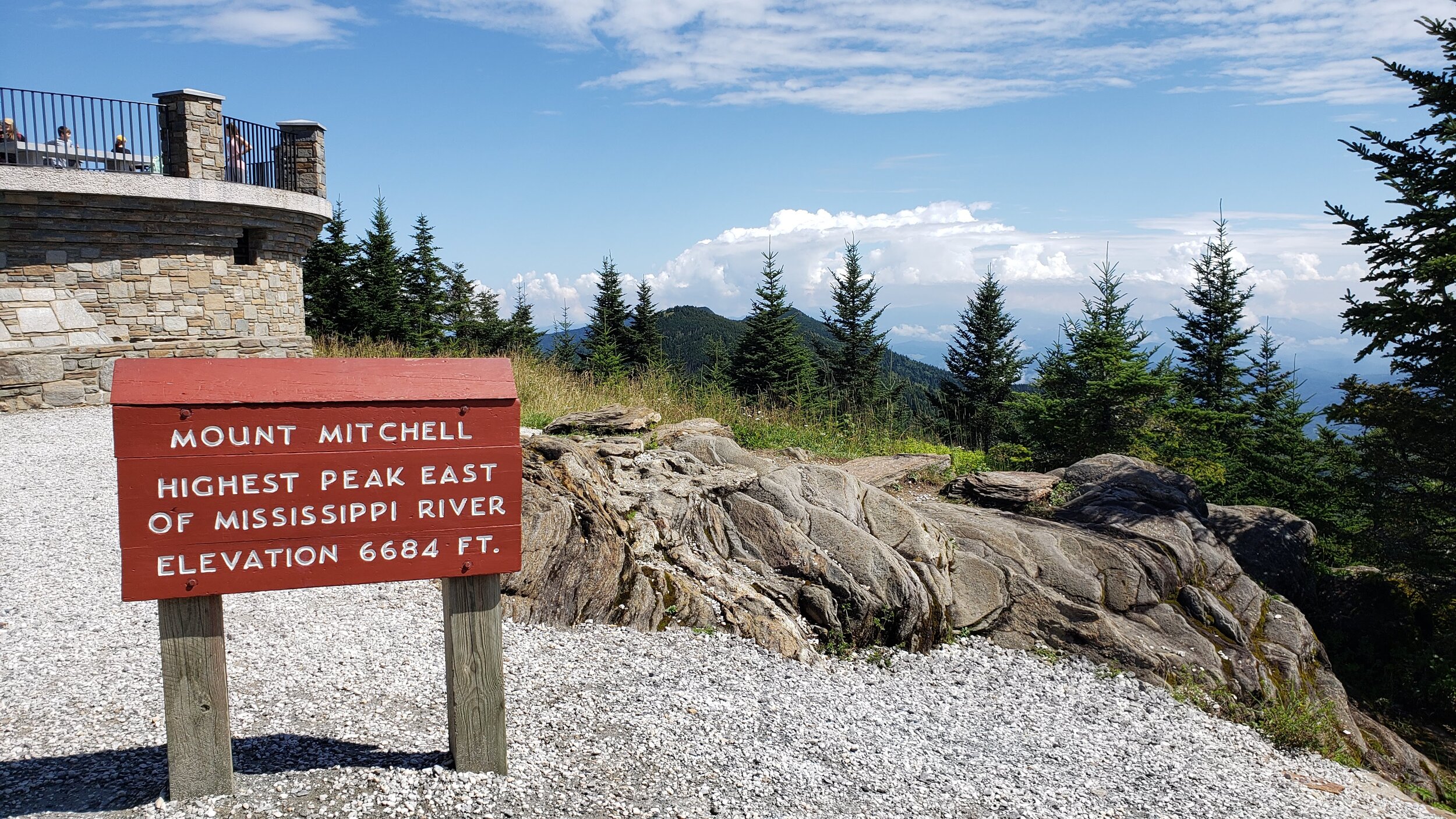
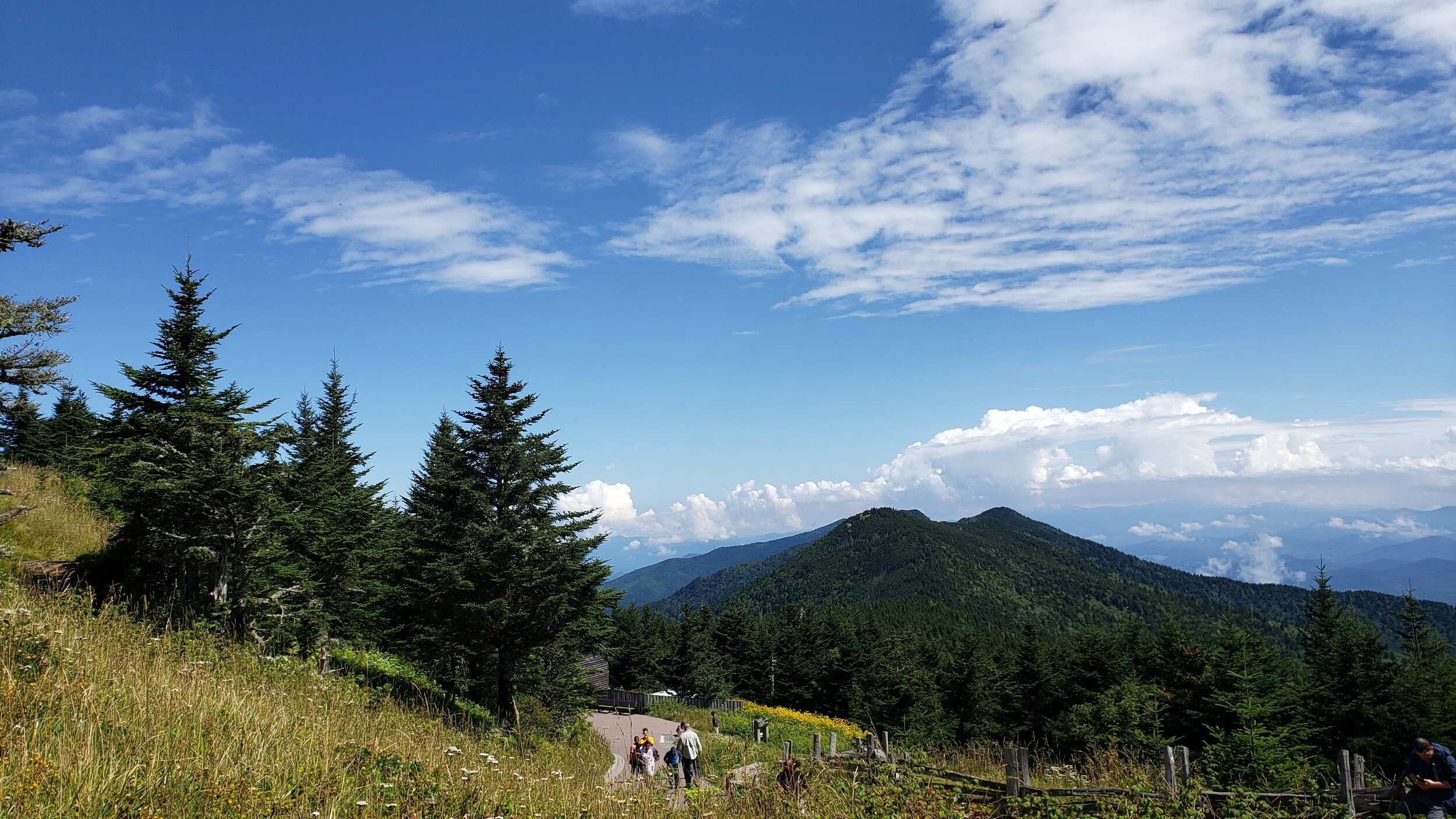
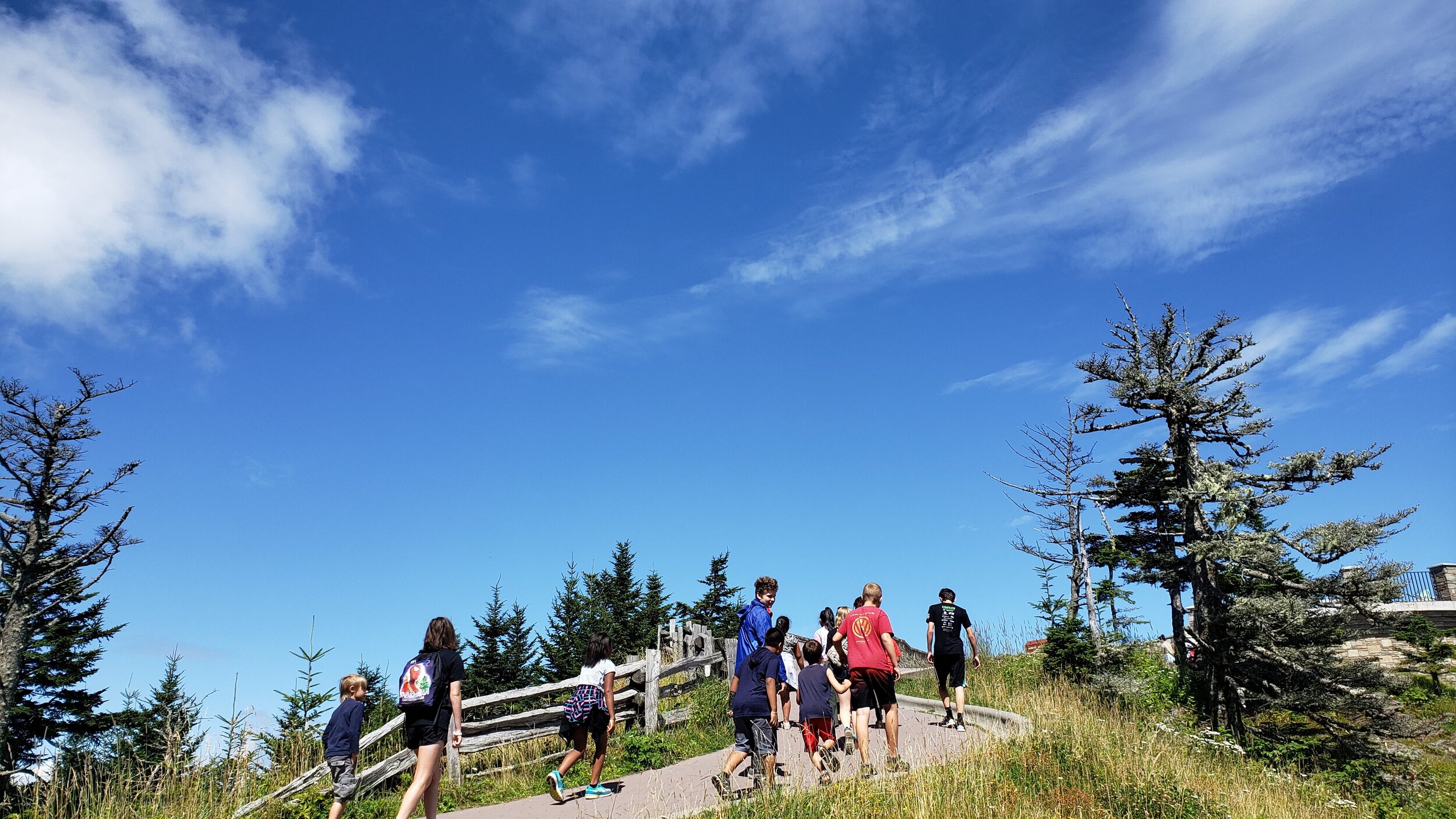
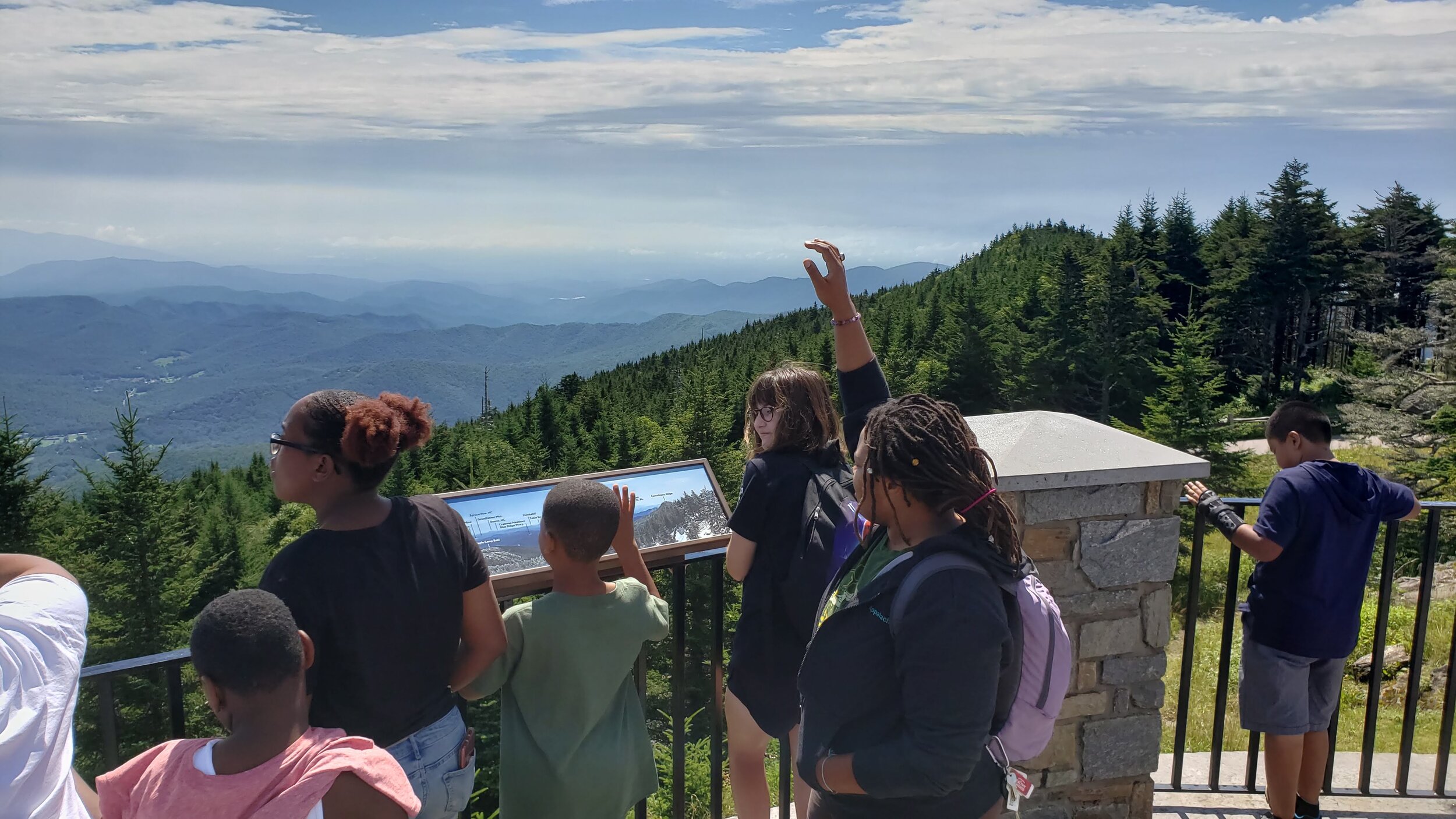
Mt. Mitchell
Curriculum: Conservation, Invasive Species, Leave No Trace, & Animal Furs
Activities: Observation Tower & Peak Hike, Nature Trail
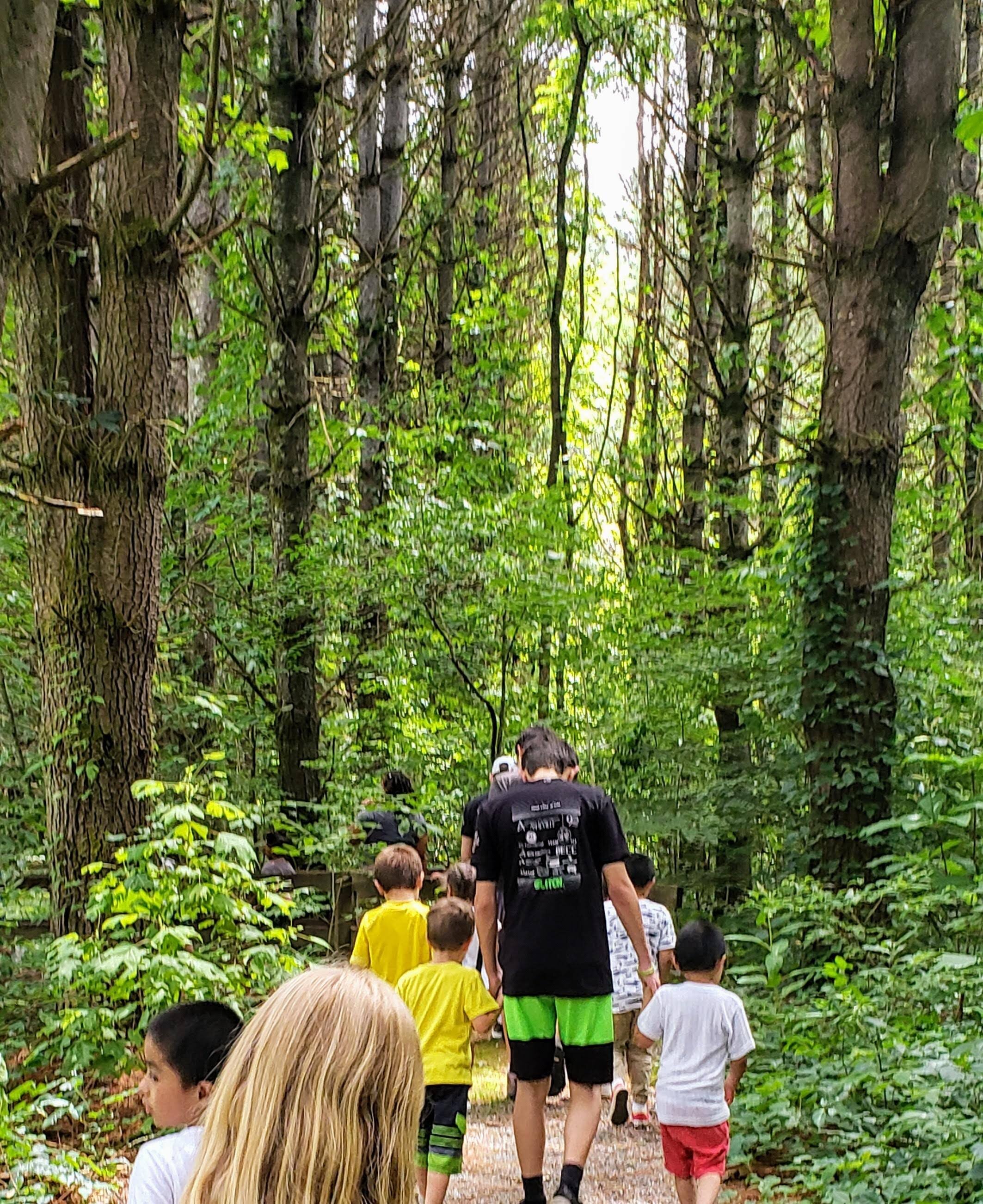
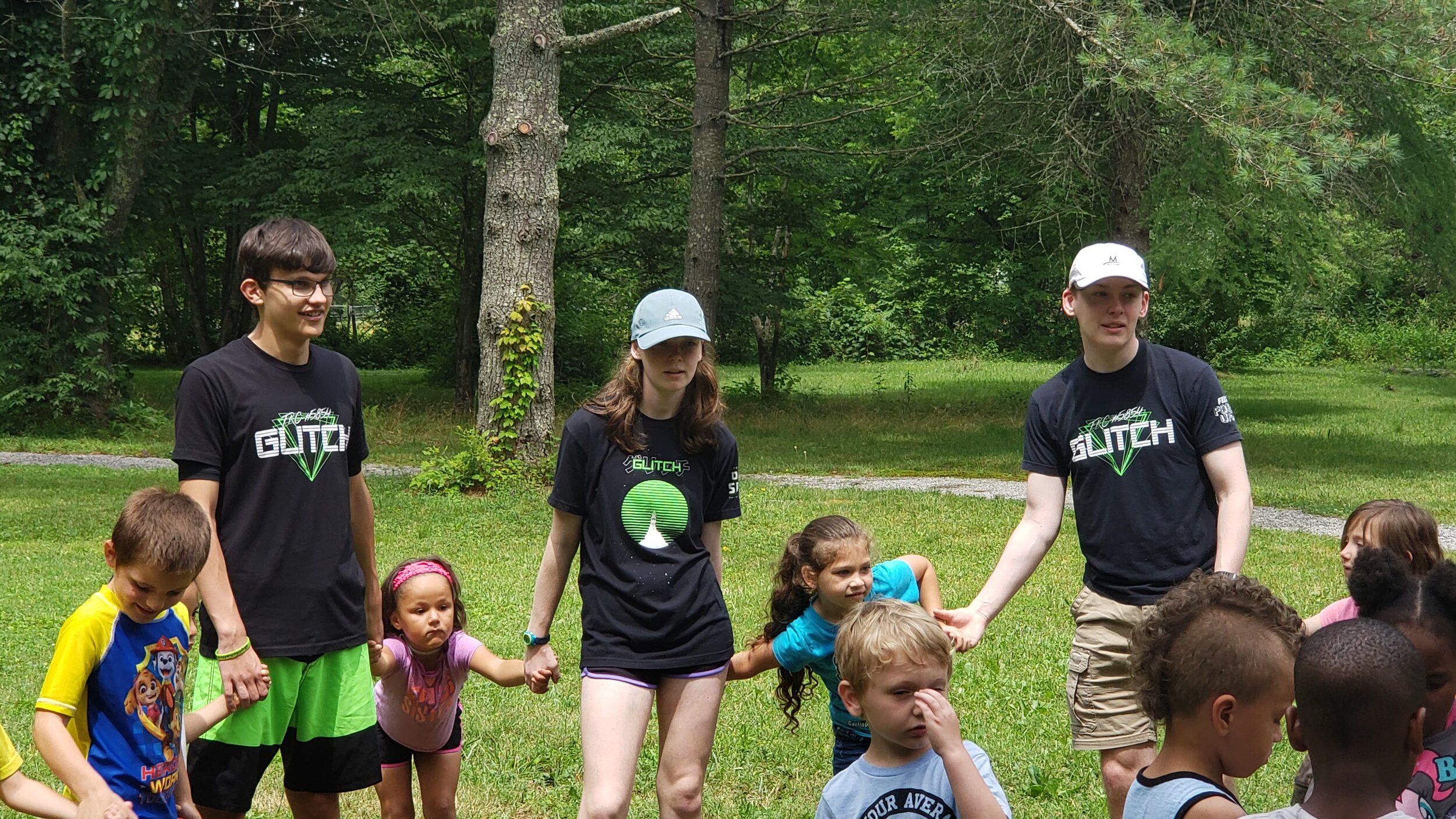
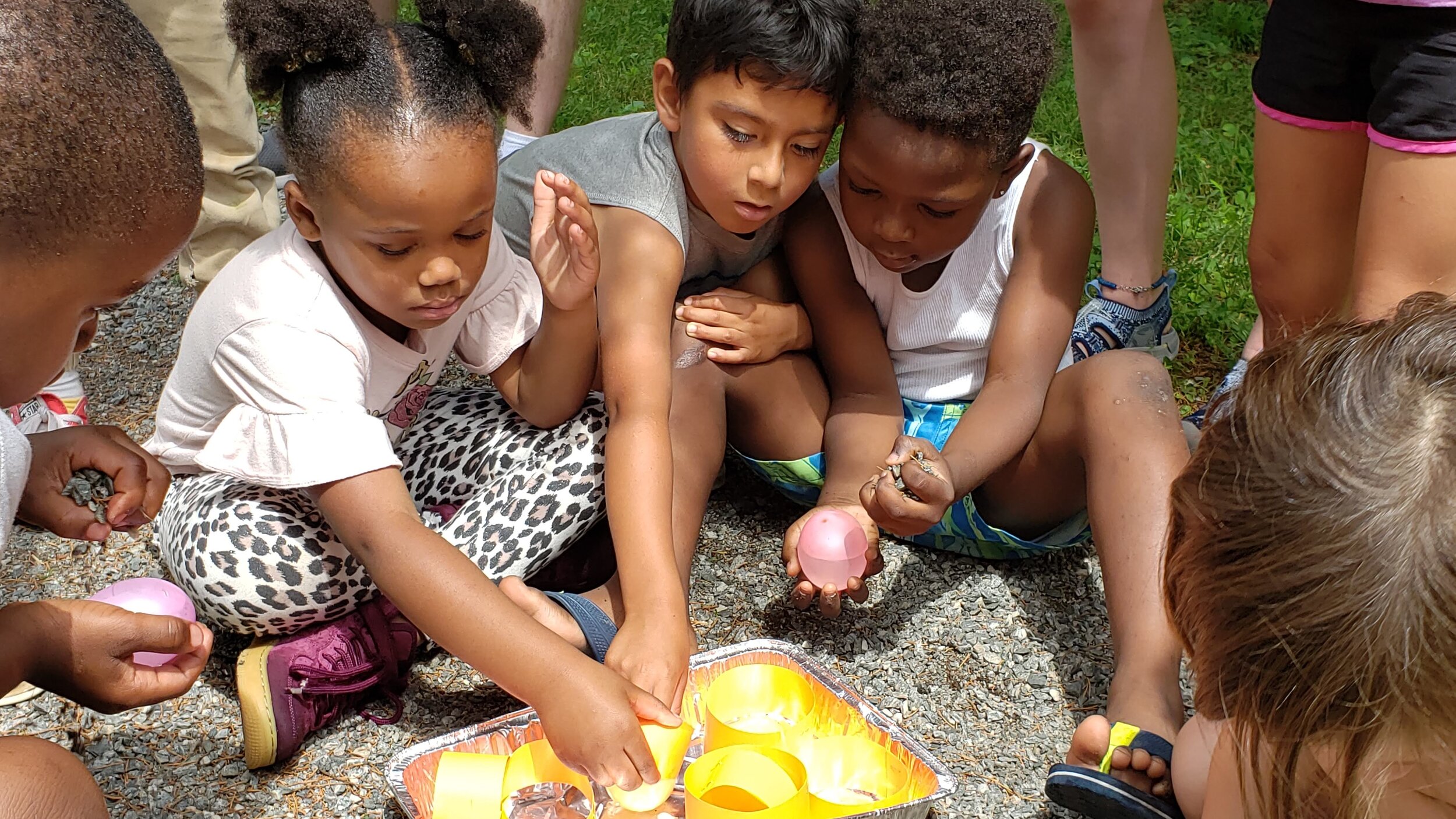
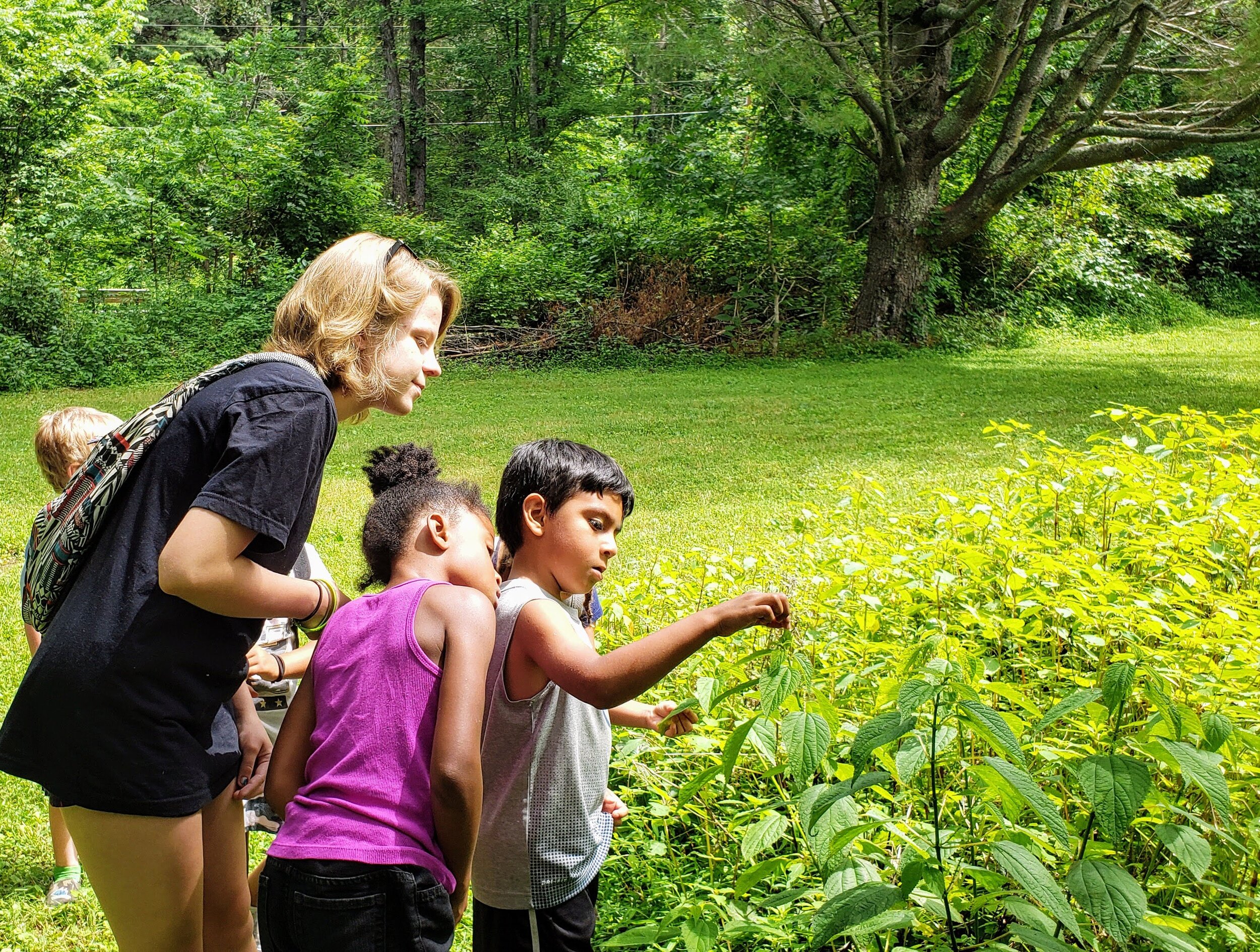
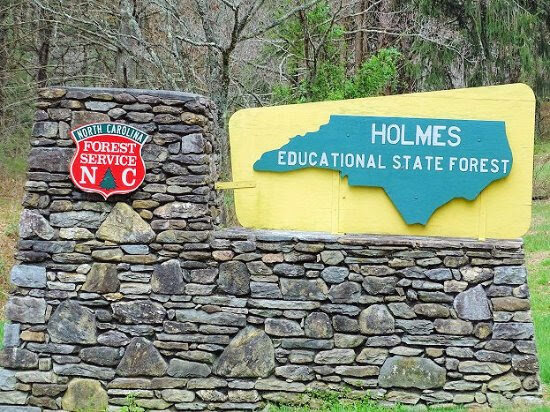
Holmes Educational State Forest
Curriculum: Pollinators, Forest Fires
Activities: Pollinator Garden, Beehive Simulation Game, & Exploration Hike
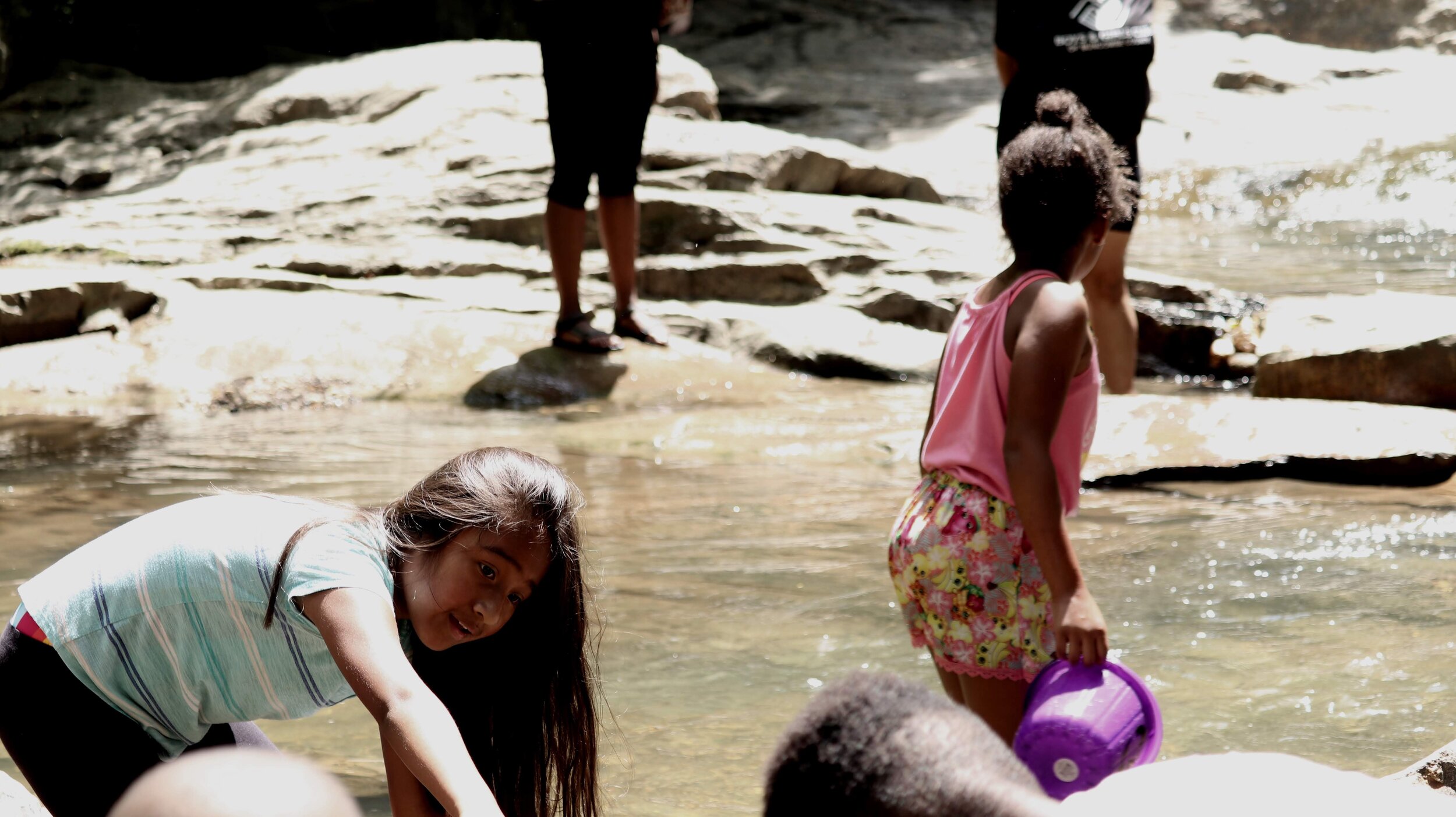
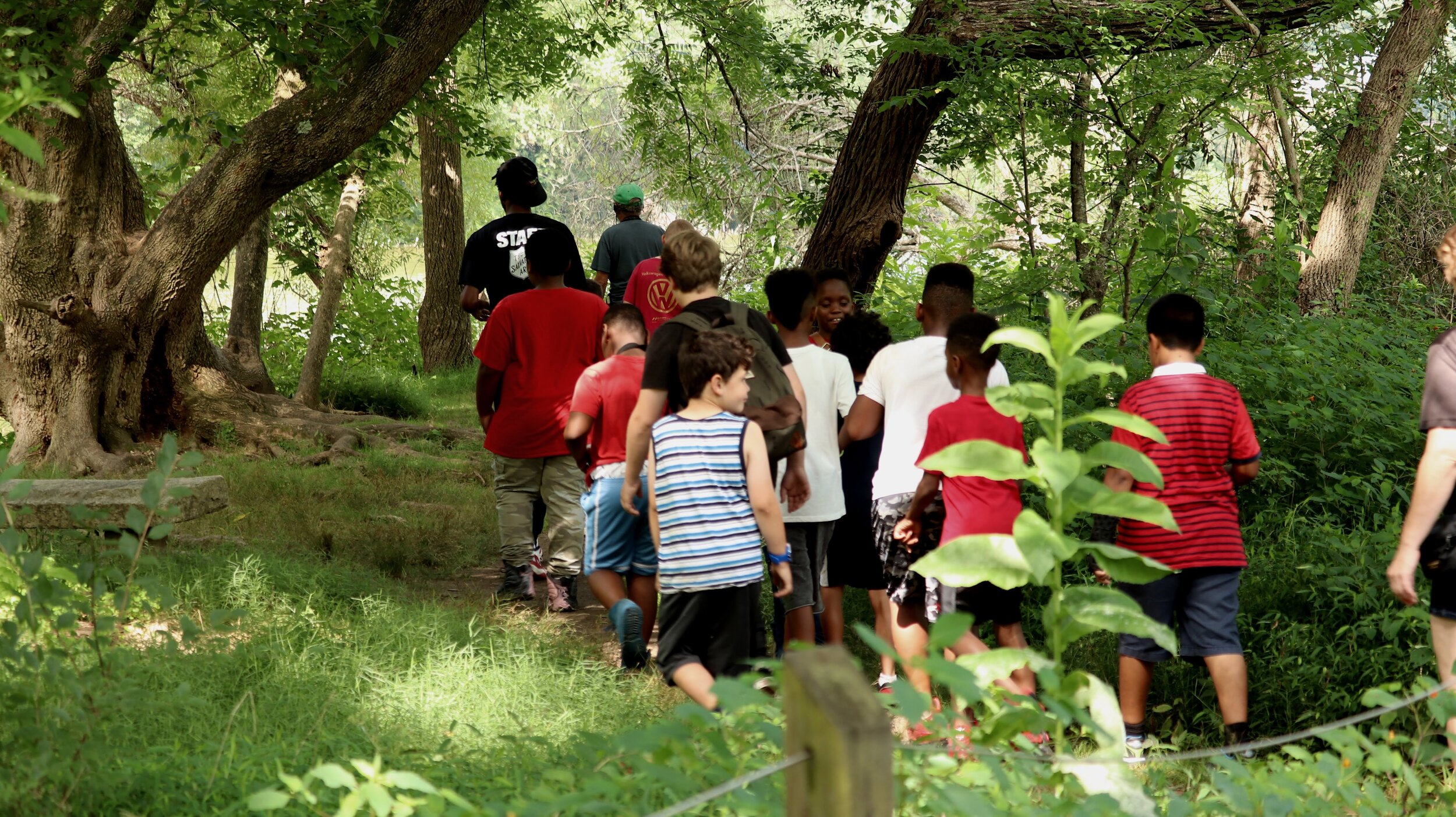
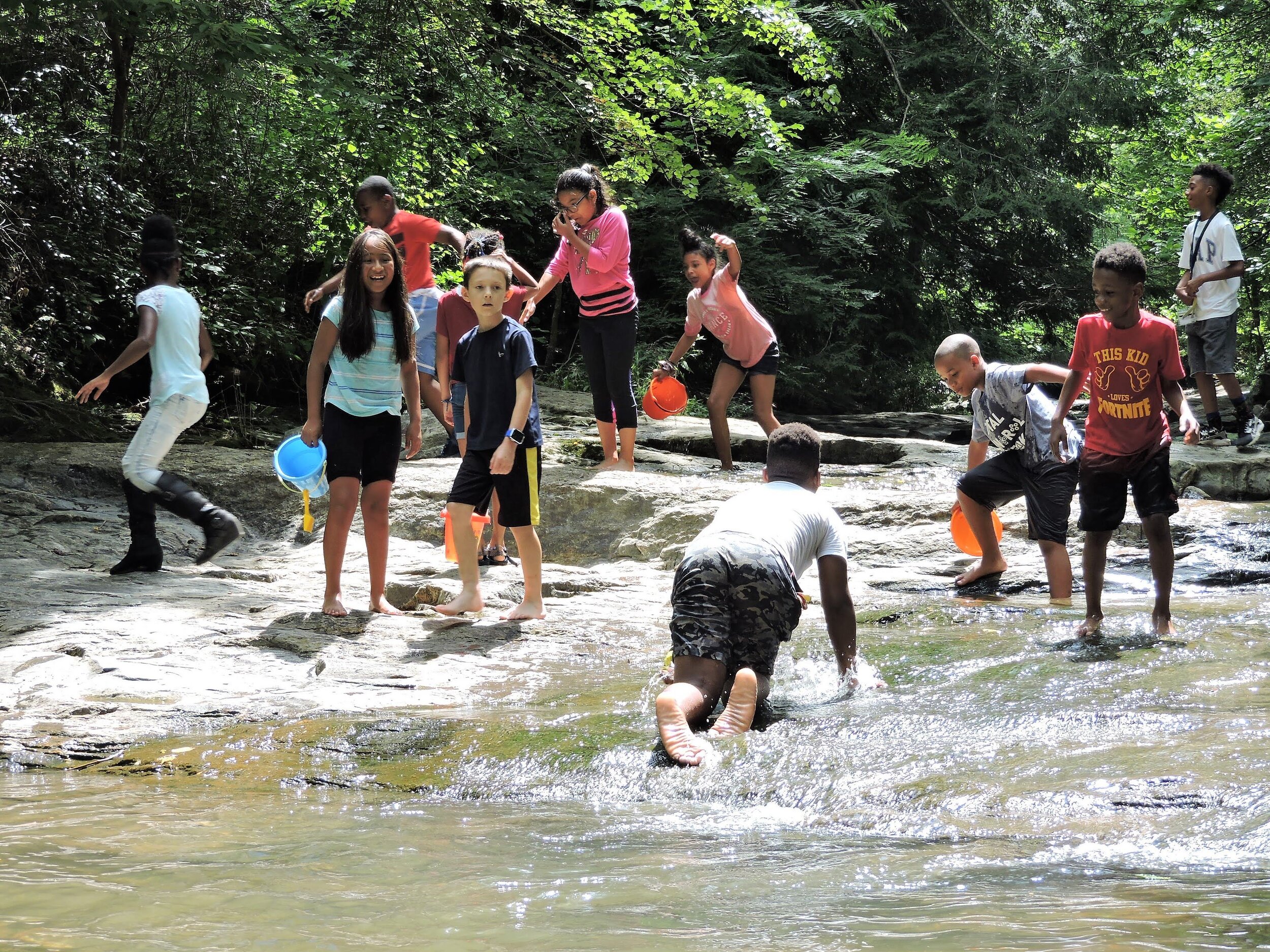
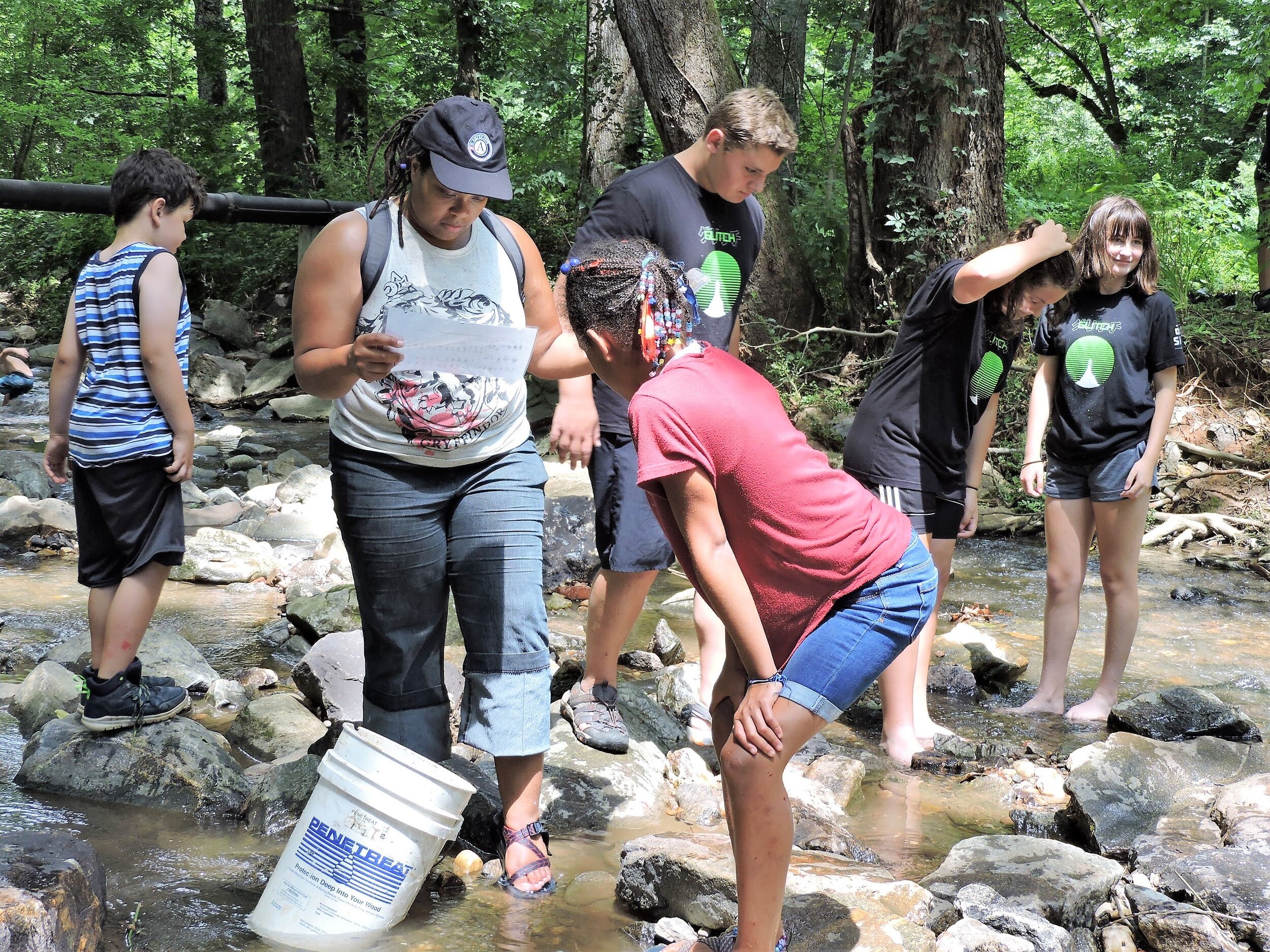
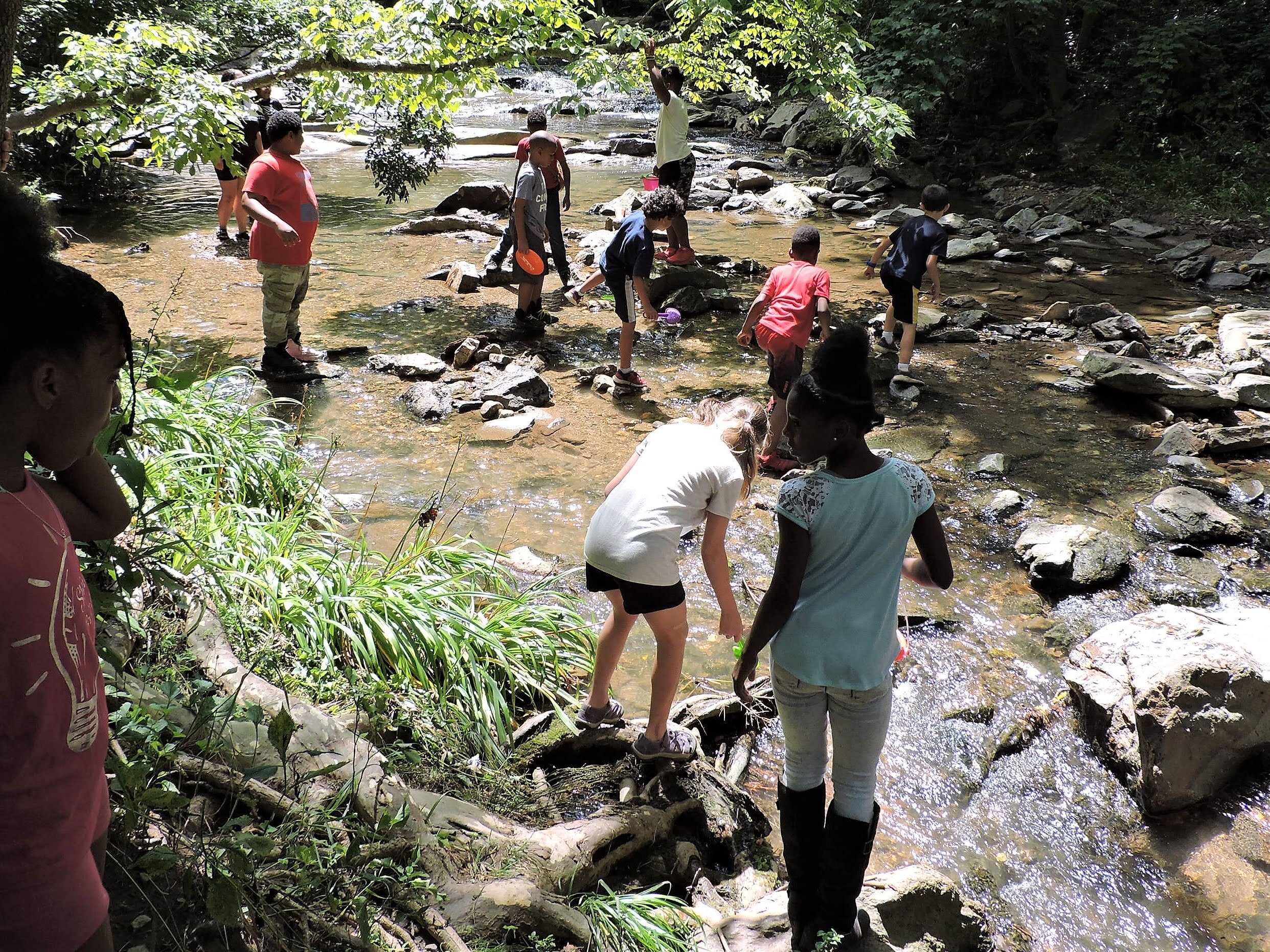
Reed Creek & Botanical Gardens at Asheville
Curriculum: Water Quality, Macro invertebrates
Activities: Hike & Creek Exploration
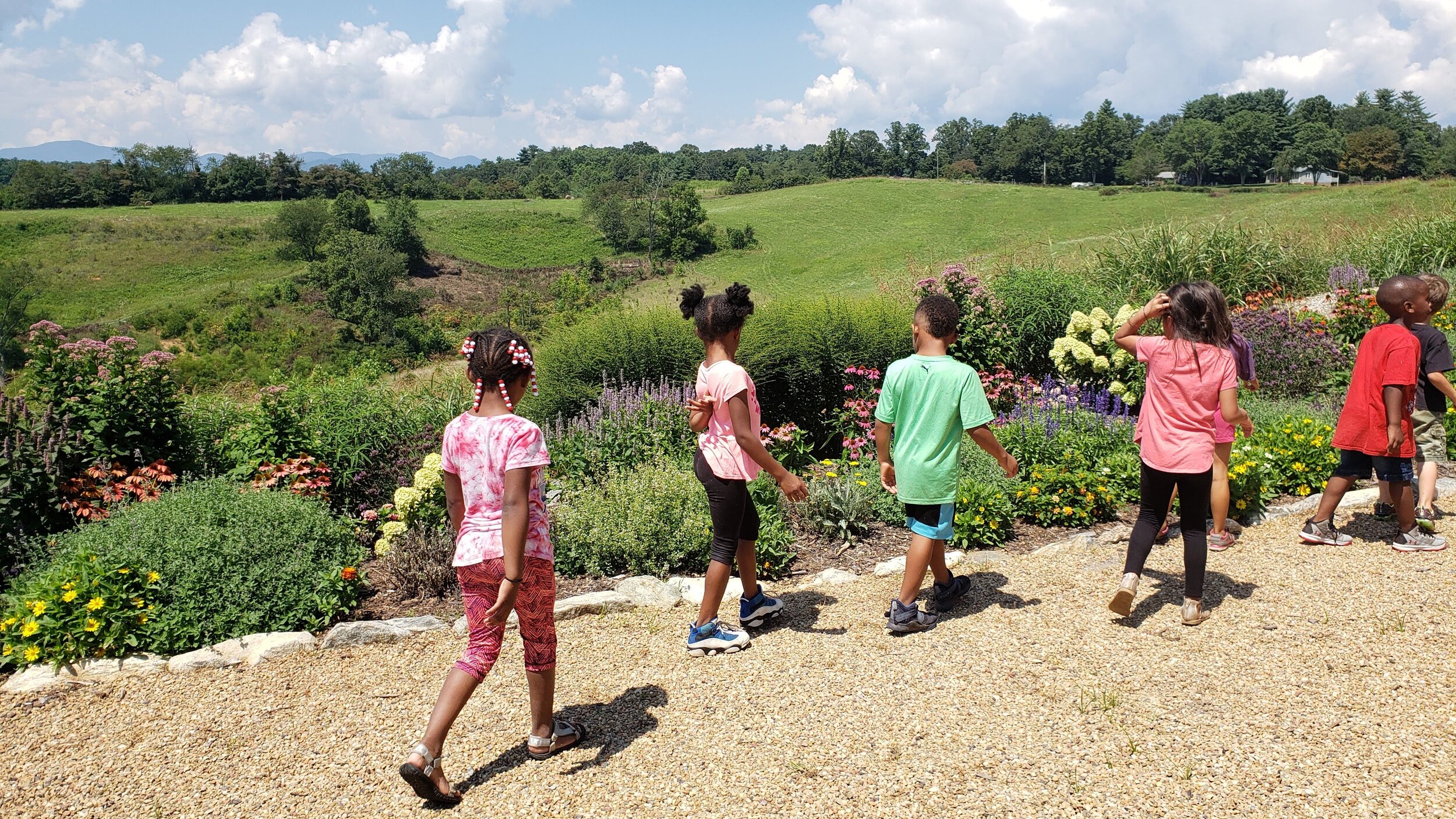
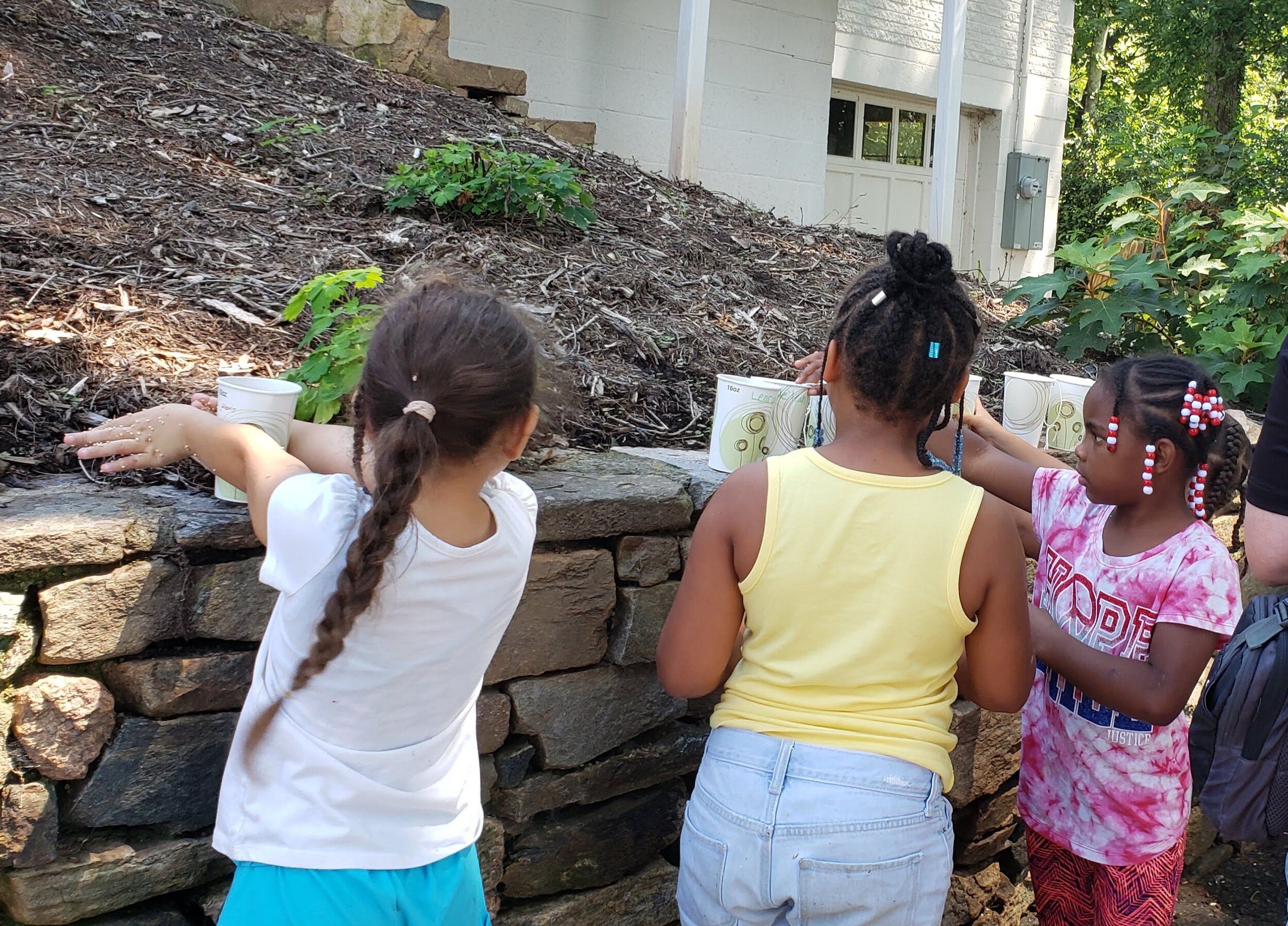
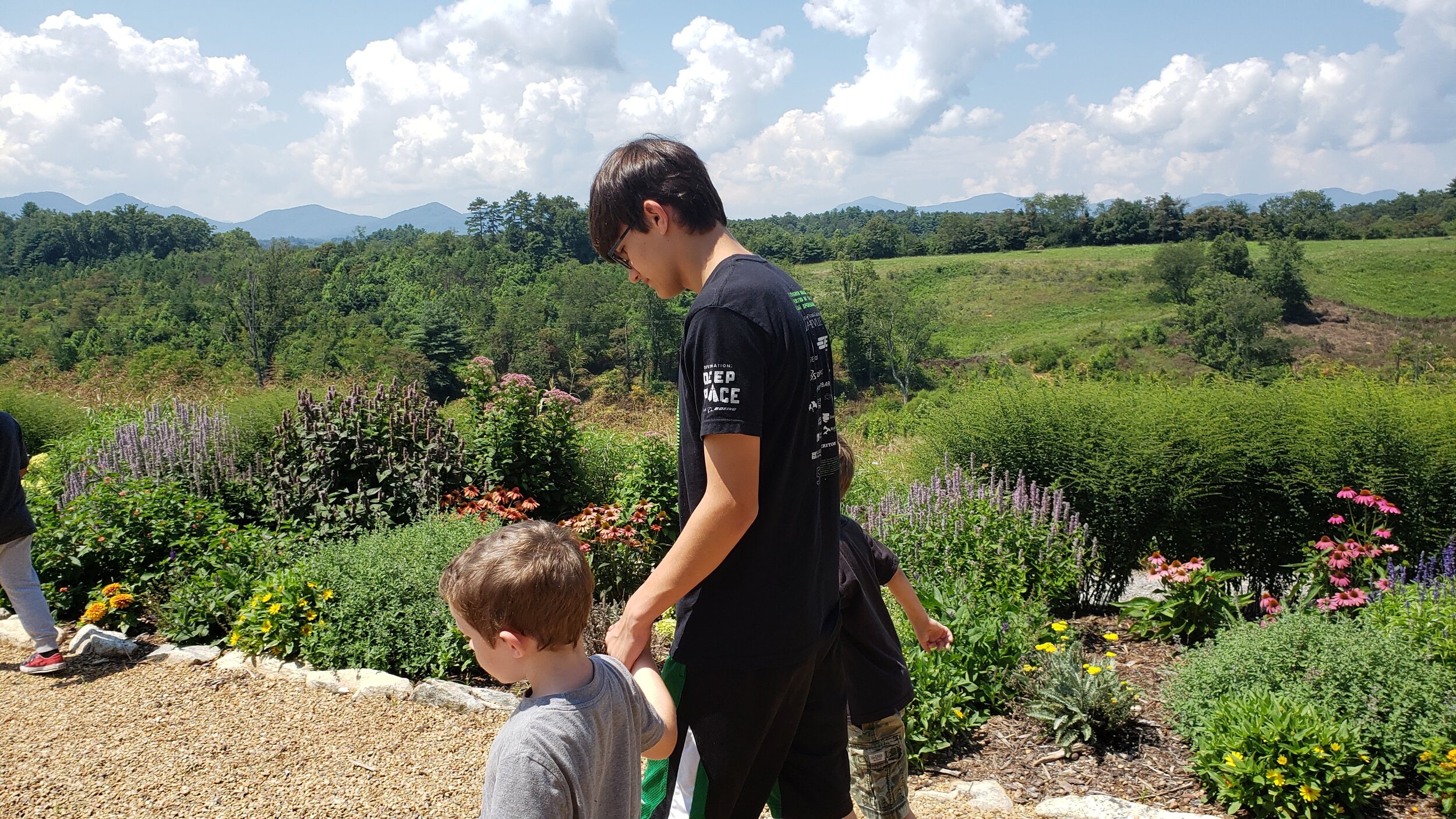
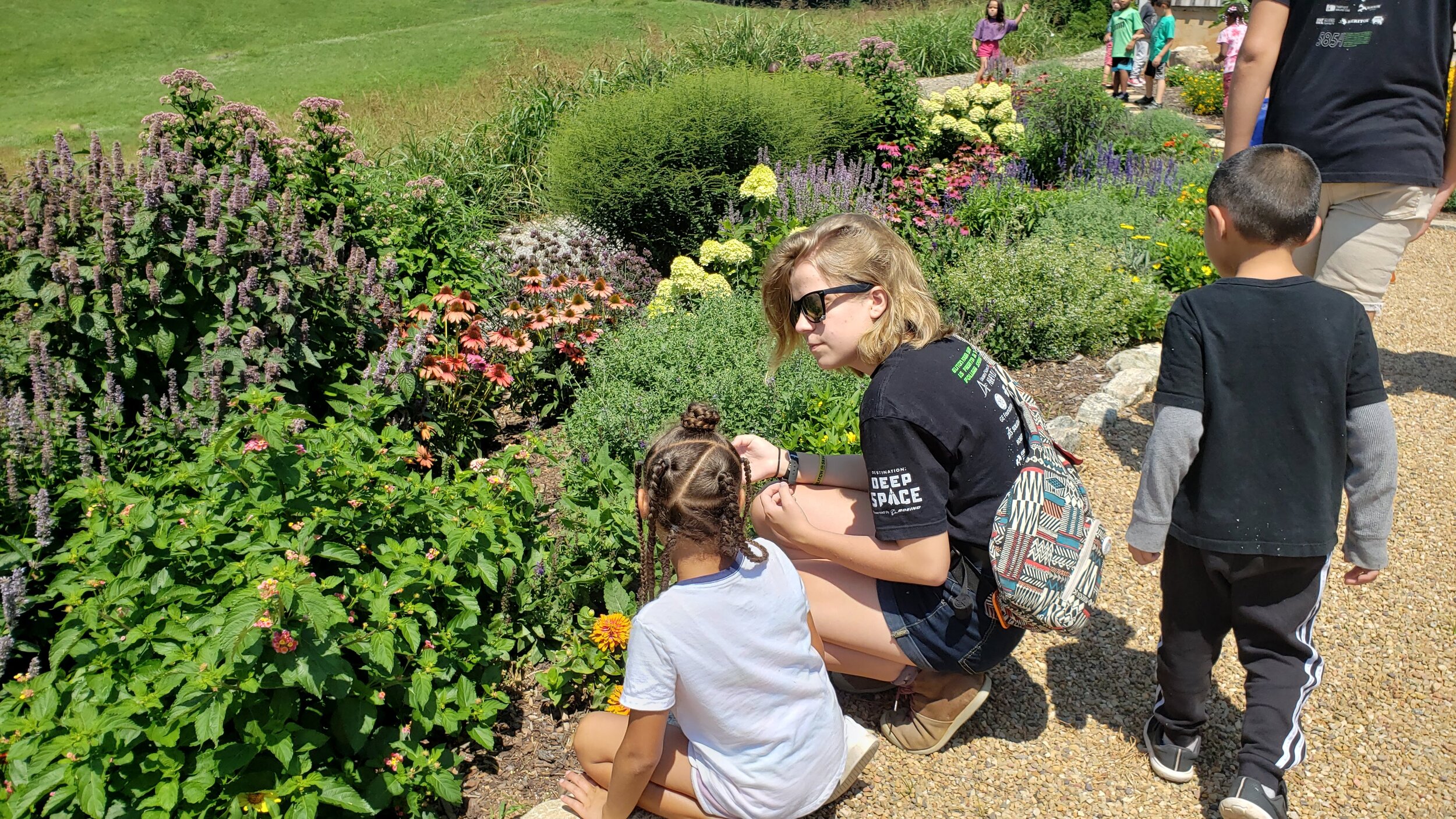
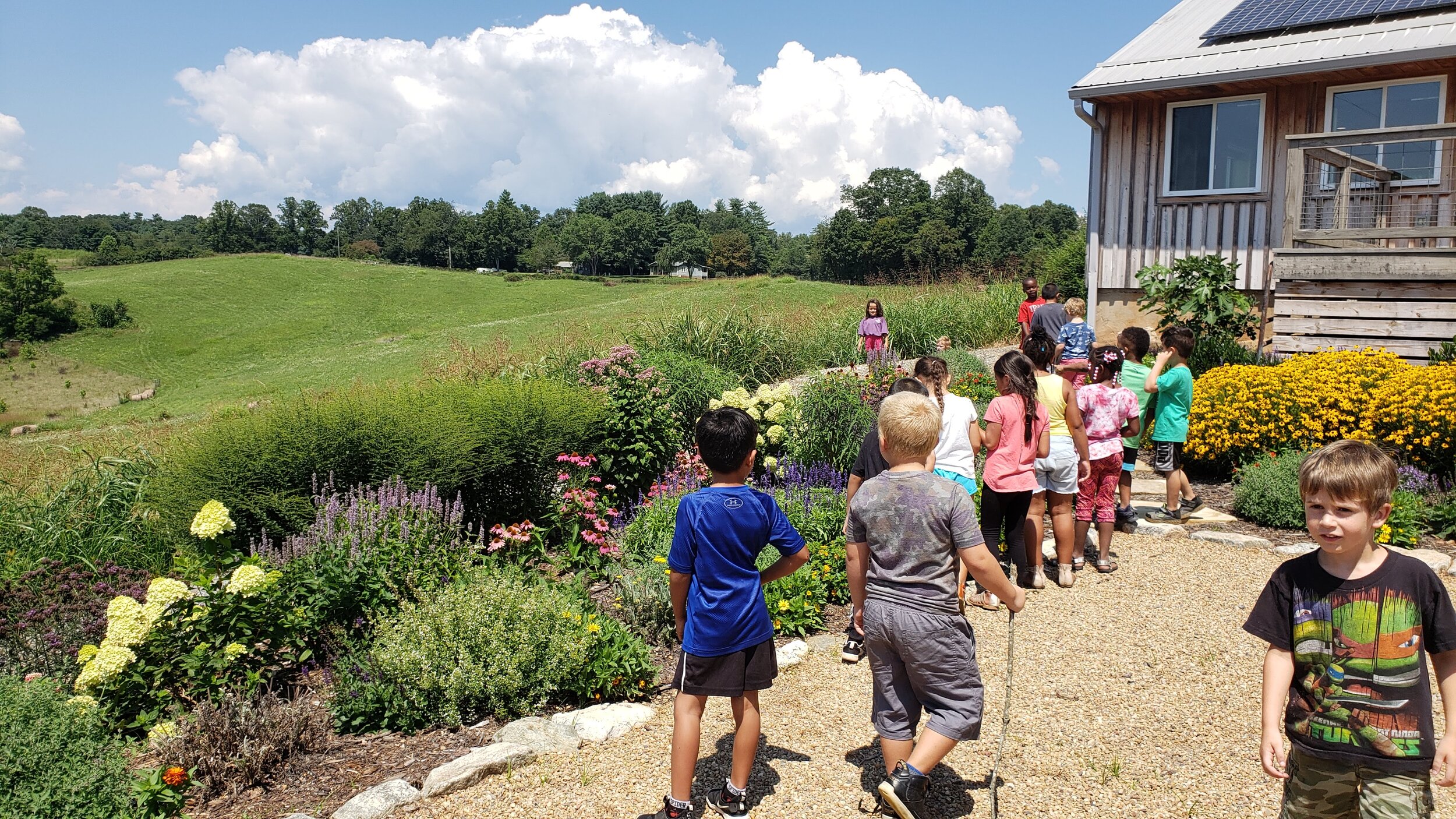
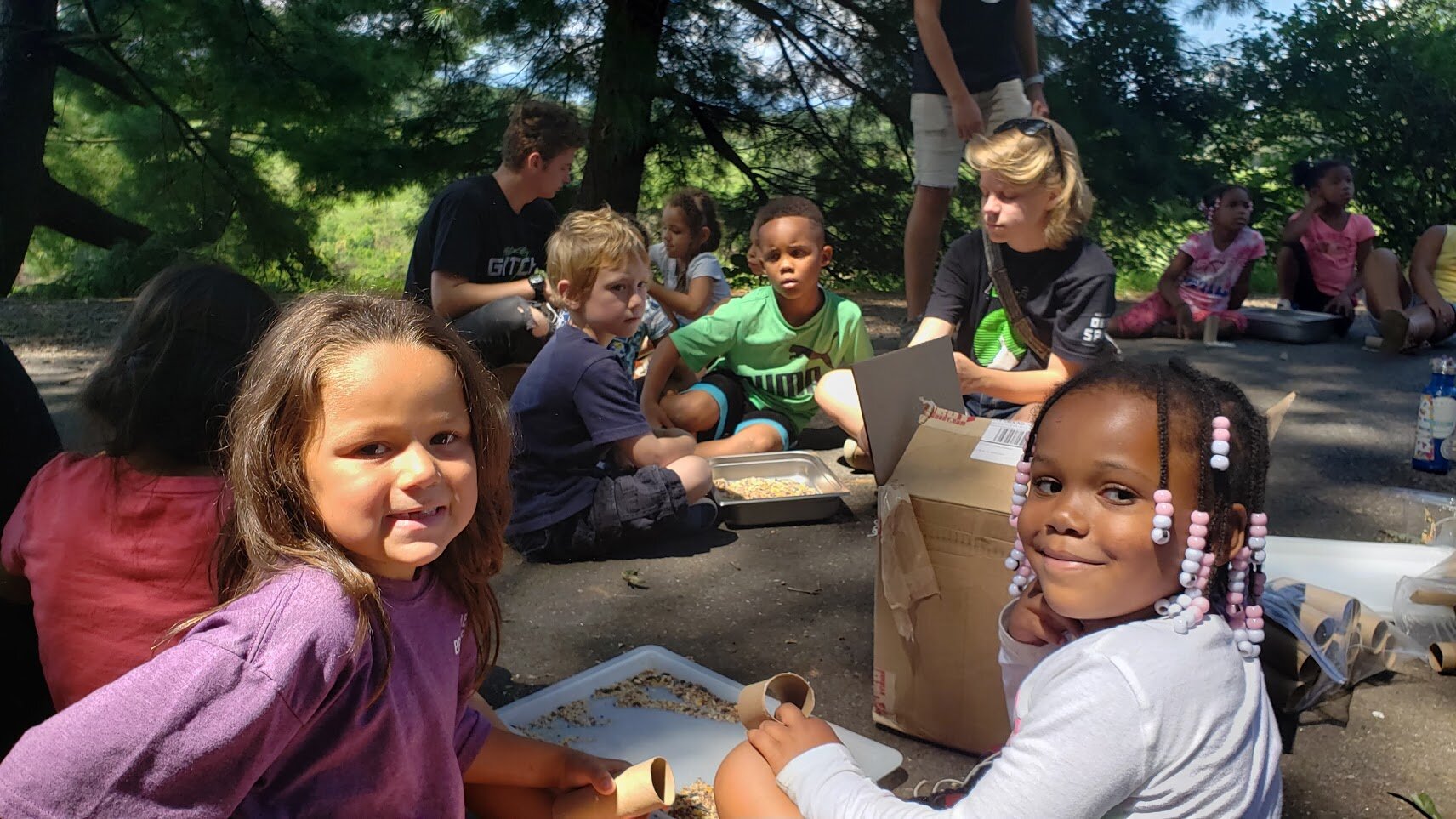
SAHC Community Farm
Curriculum: Pollinators, Sustainable Farming, Invasive Plants
Activities: Pollinator Garden, Make Bird Feeders, Seed Planting, & Farm Tour
Environment (2015-present)
Environmental Engineering & Research
I have been very committed to environmental engineering and research over the last 5 years. I have participated in projects on ocean conservation and am the founder and leader of 4 ongoing initiatives, each focuses on an environmental issue: Recycling Hard to Recycle Items, Eastern Box Turtle Conservation & Preservation of Shrubland Habitats, Invasive Species Prevention & Management, and the French Broad Watershed Water Quality Initiative. Each initiative includes environmental engineering work, research, and opportunities for students to volunteer on these projects.
Environmental Education
Each initiative also includes educational materials, curriculum, and events I developed to help educate our volunteers, schools, scout groups, and the public. I have been fortunate to be invited to speak, write, and lead workshops on multiple environmental topics. This includes a campaign I designed called The 6 Ways to Prevent the Spread of Invasive Species. This initiative includes writing a guest blog for the Nature Conservancy’s Don’t Move Firewood Campaign, developing educational posters, and sharing the campaign each year during Invasive Species Awareness Week. I also have advised on how to encourage scouts and other students to get more involved in environmental service. Venues include workshops for scout leaders, scout merit badge classes, Ecology Camps, and the Annual Box Turtle Day as well as other science festivals.
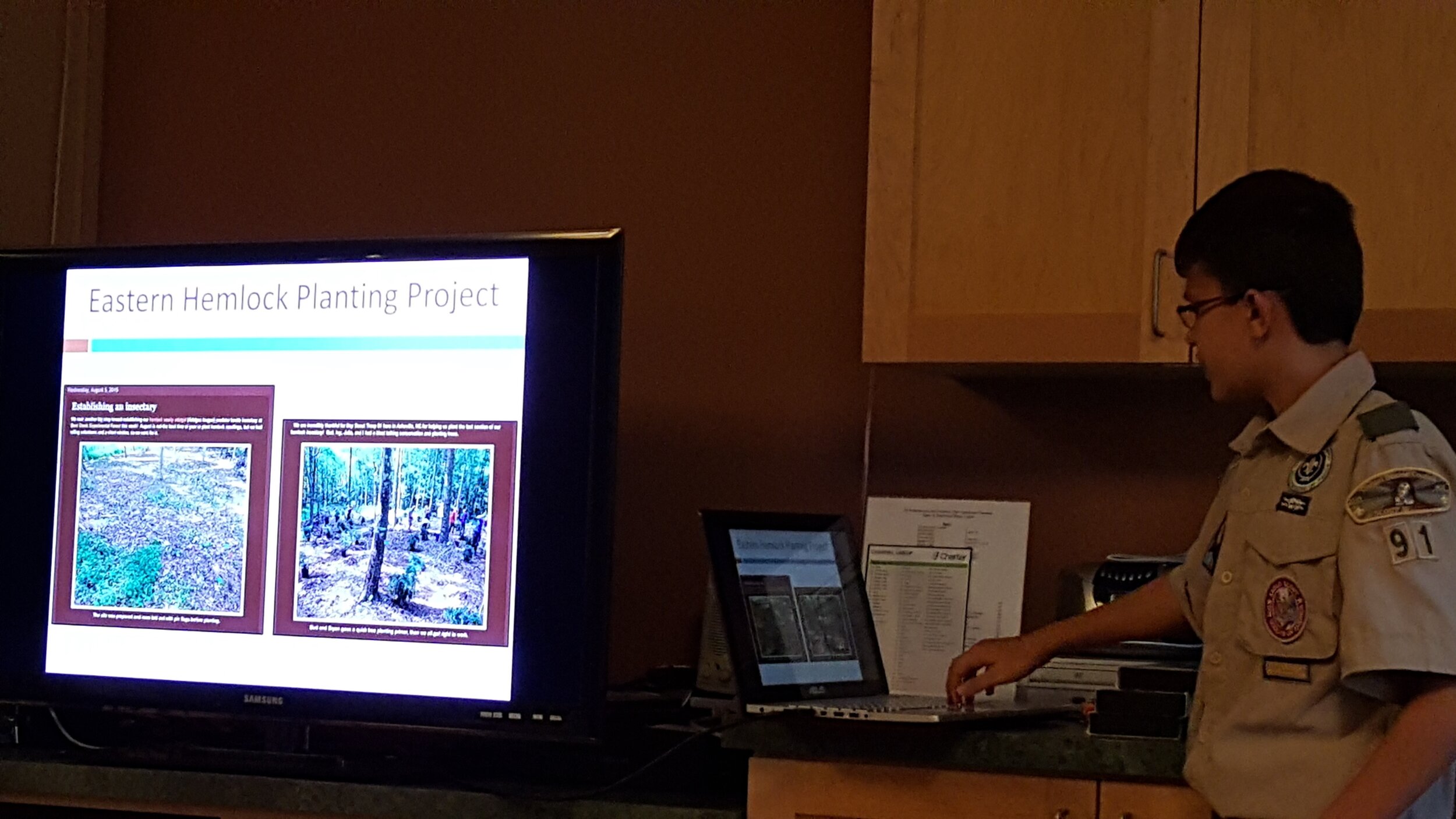
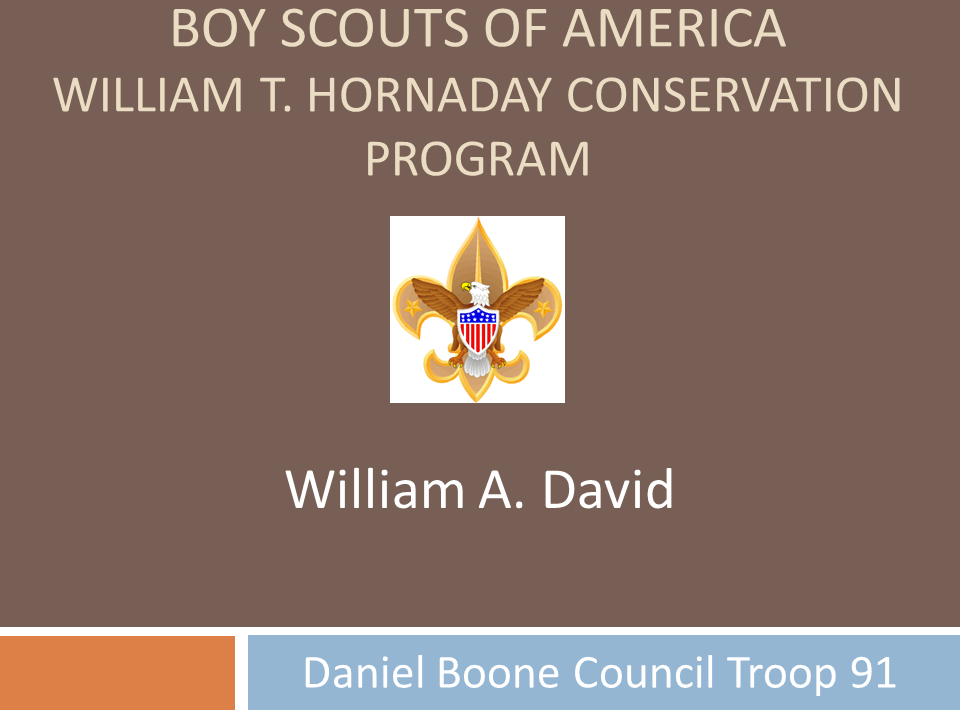

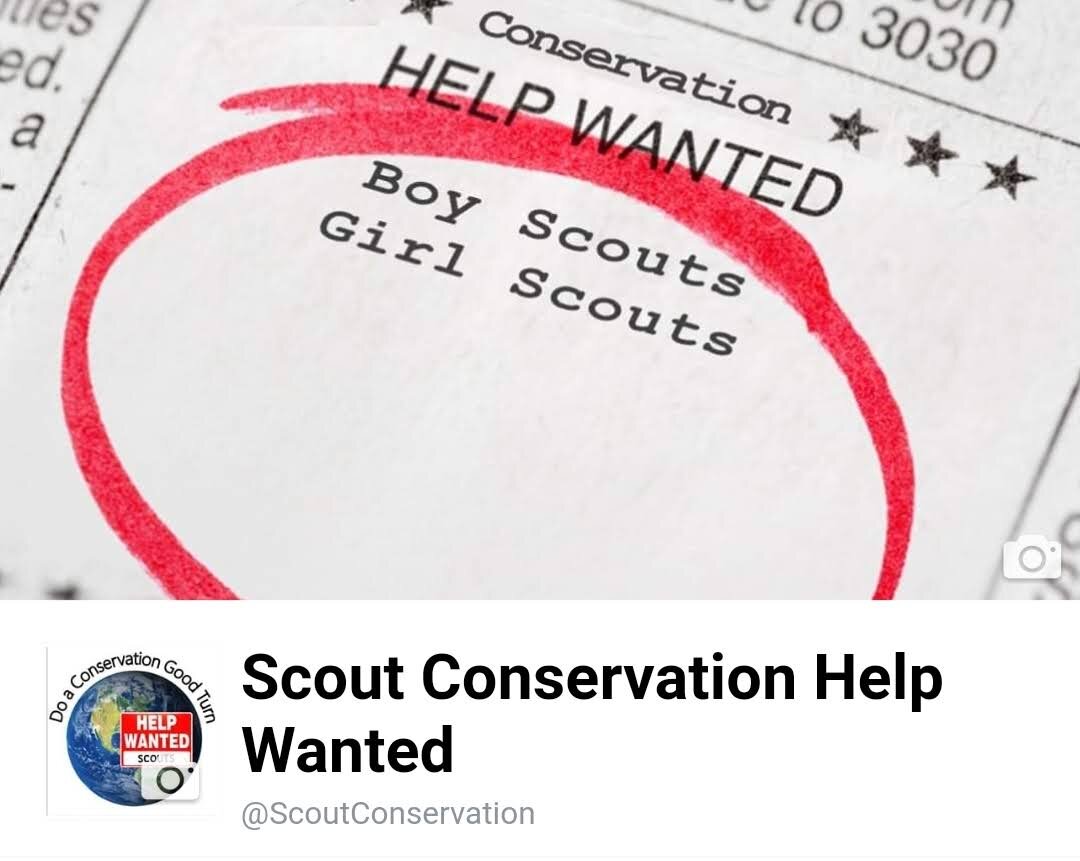
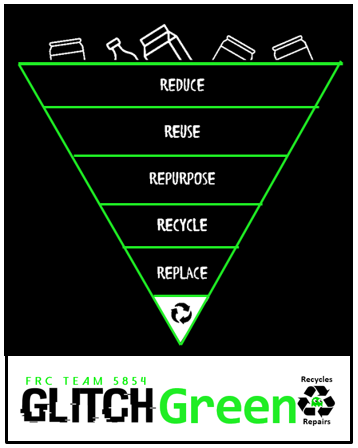
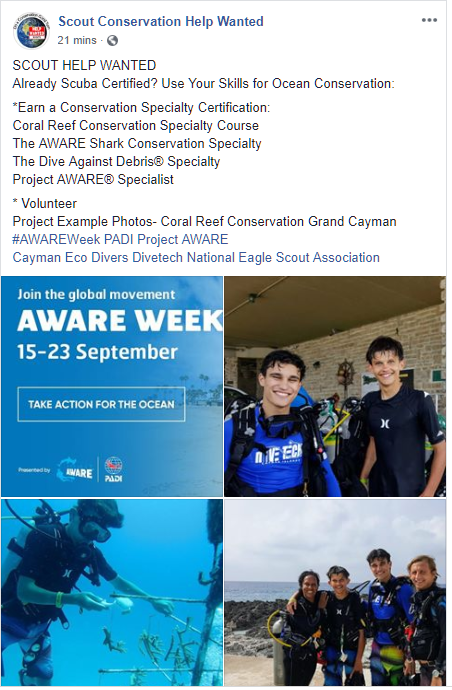
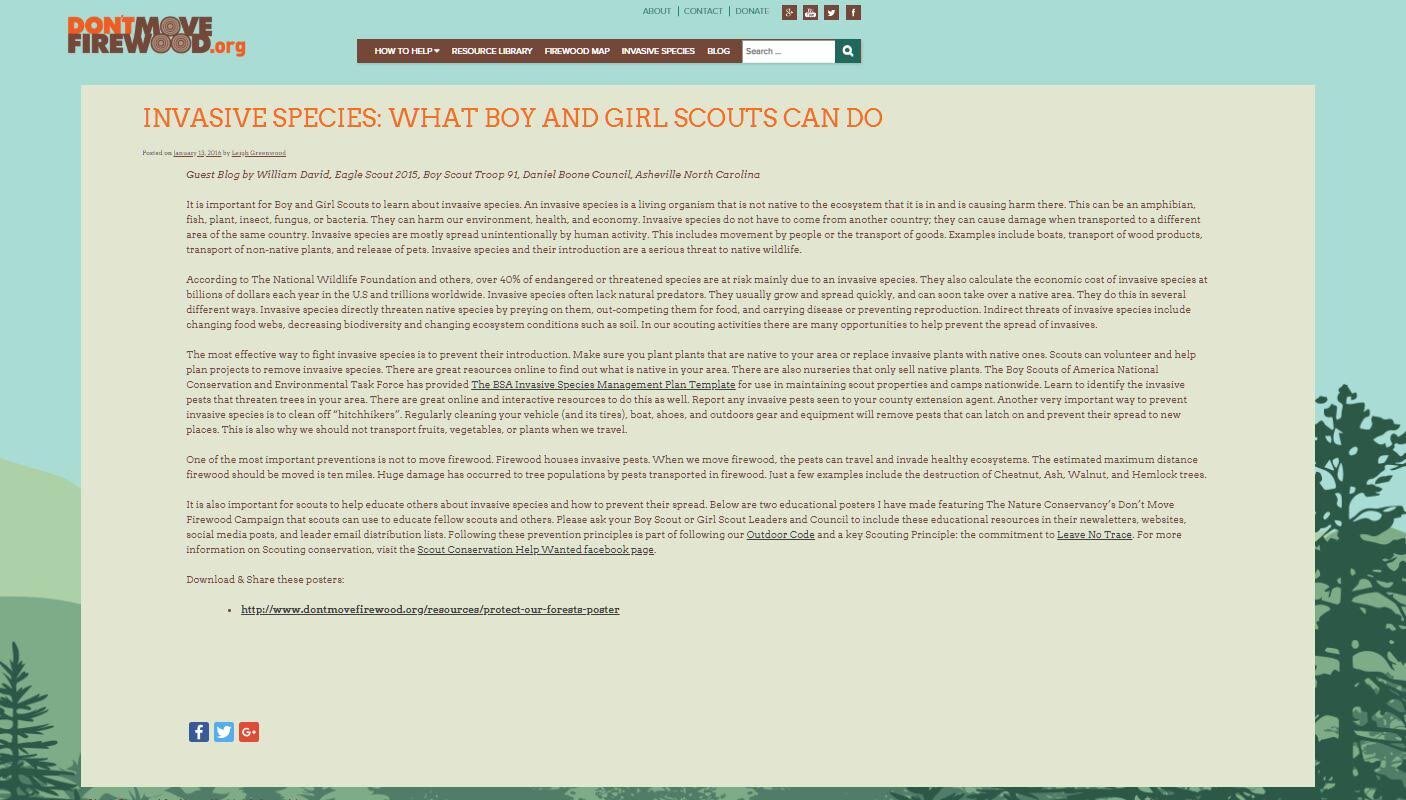
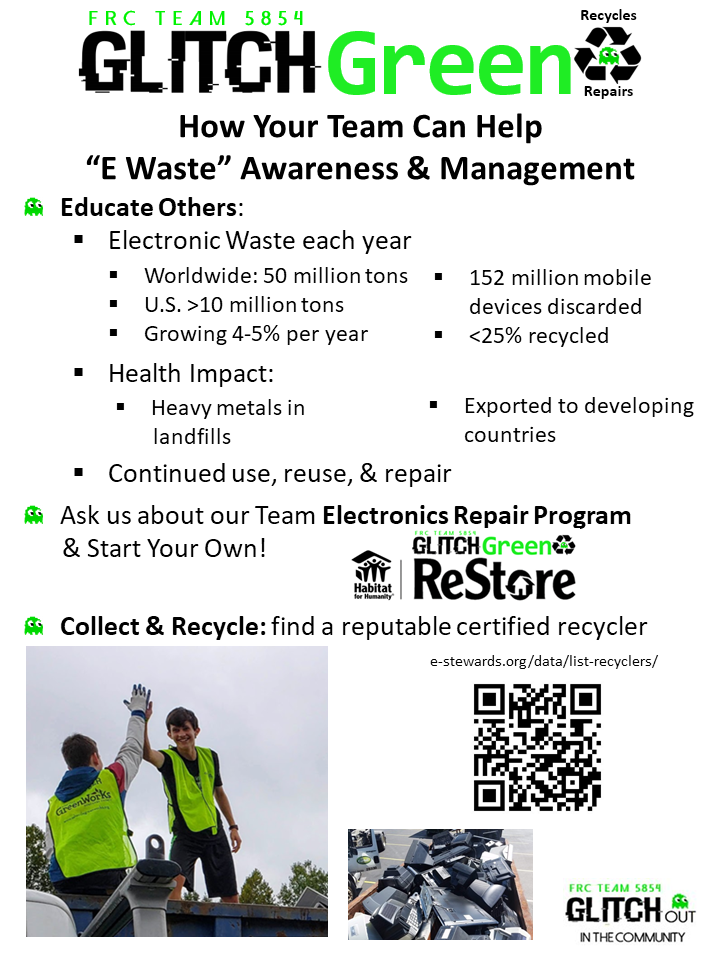
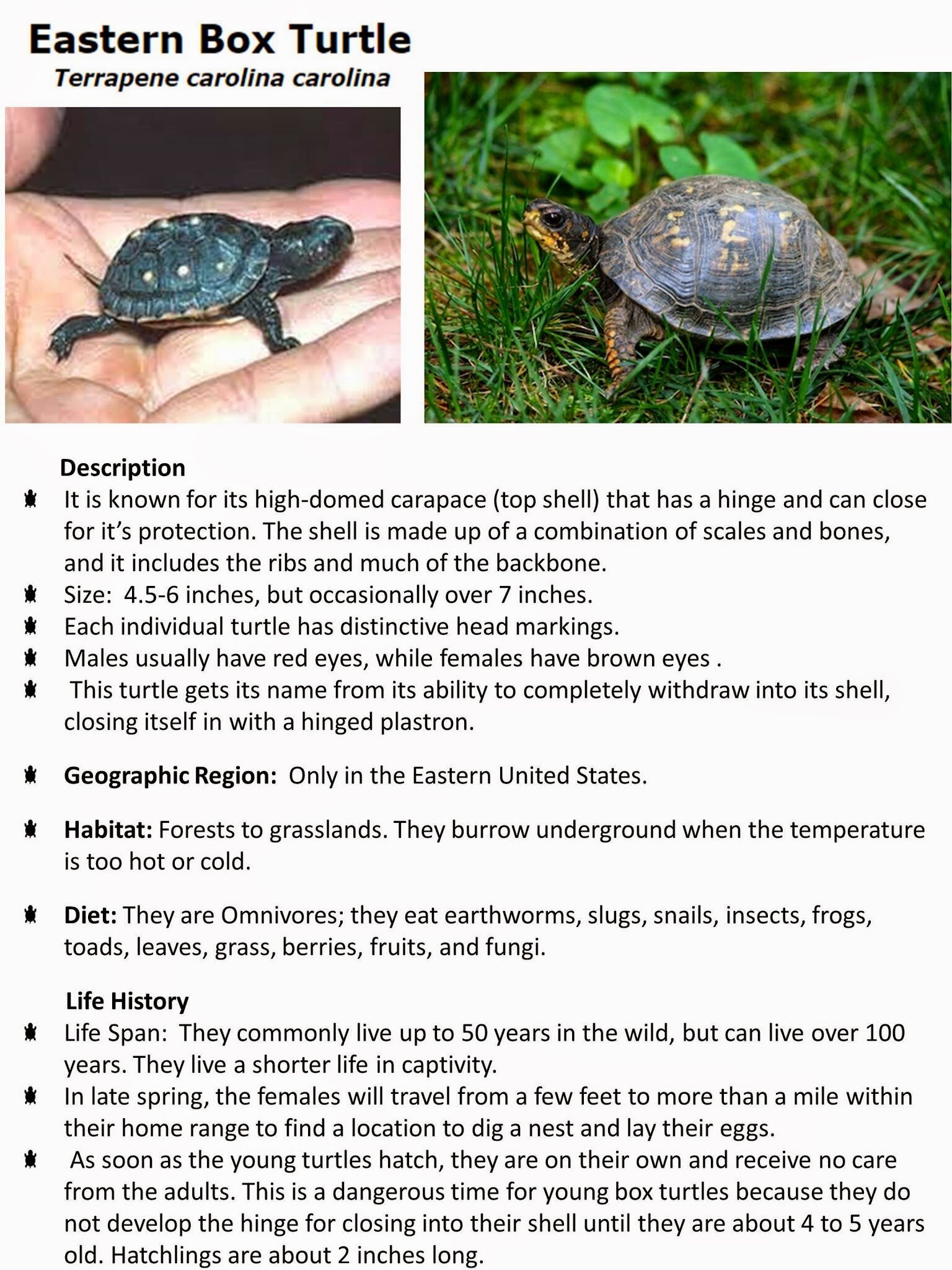
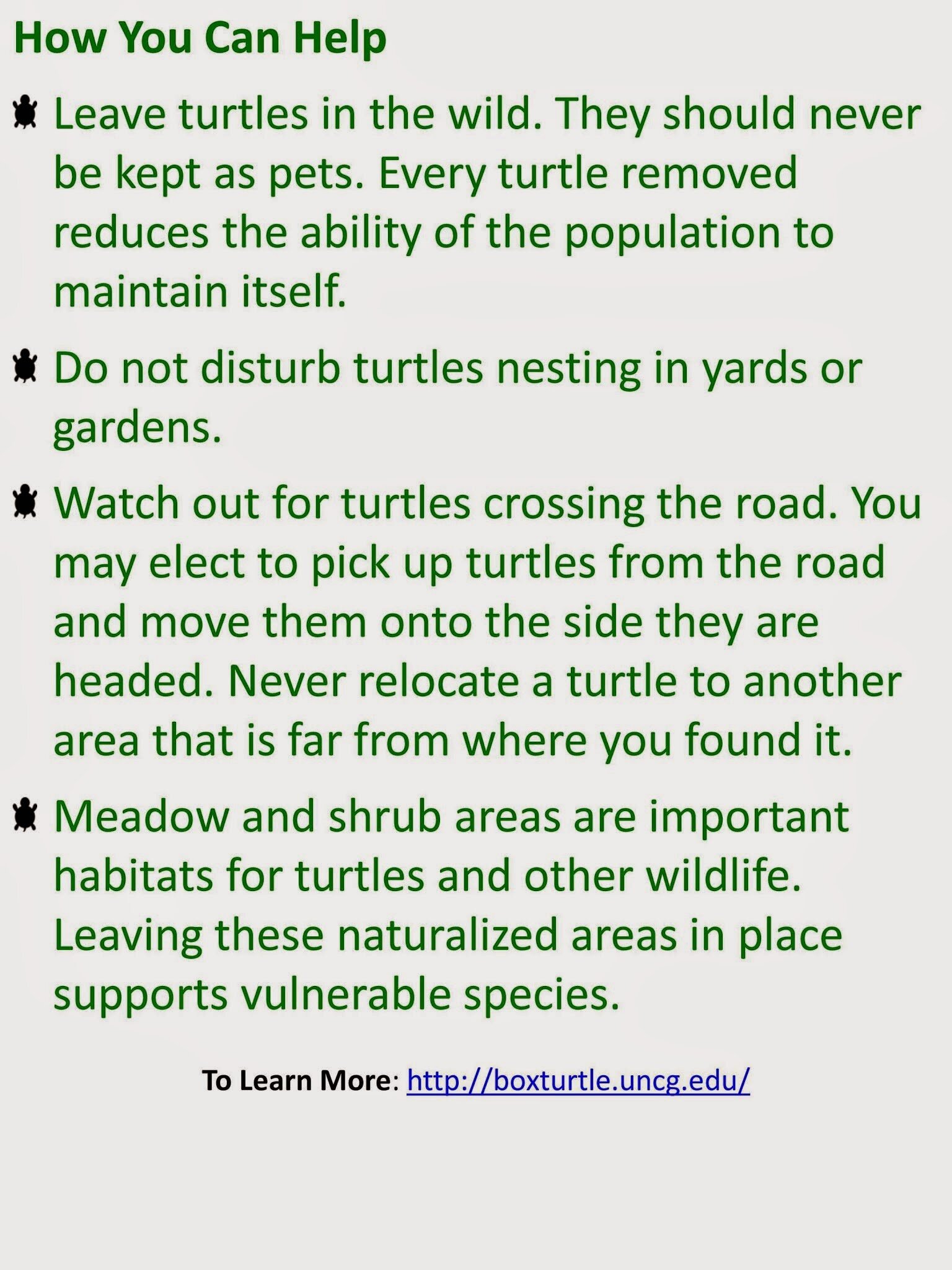
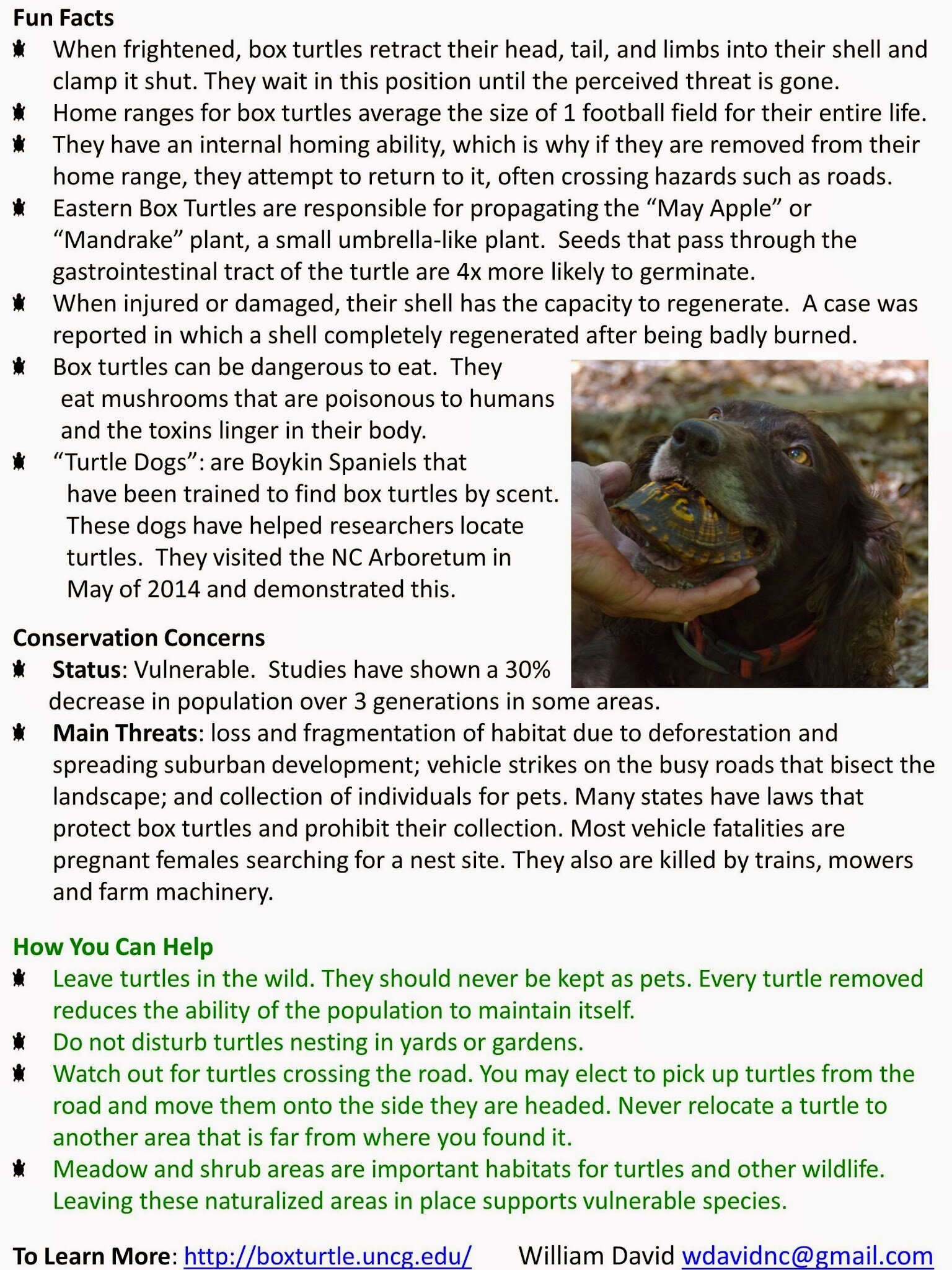
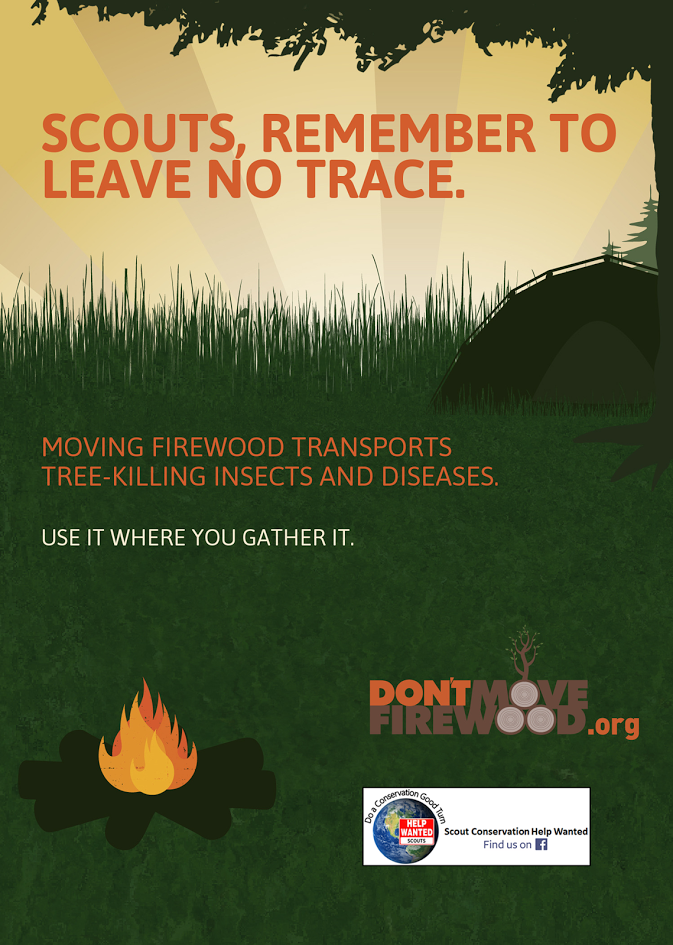
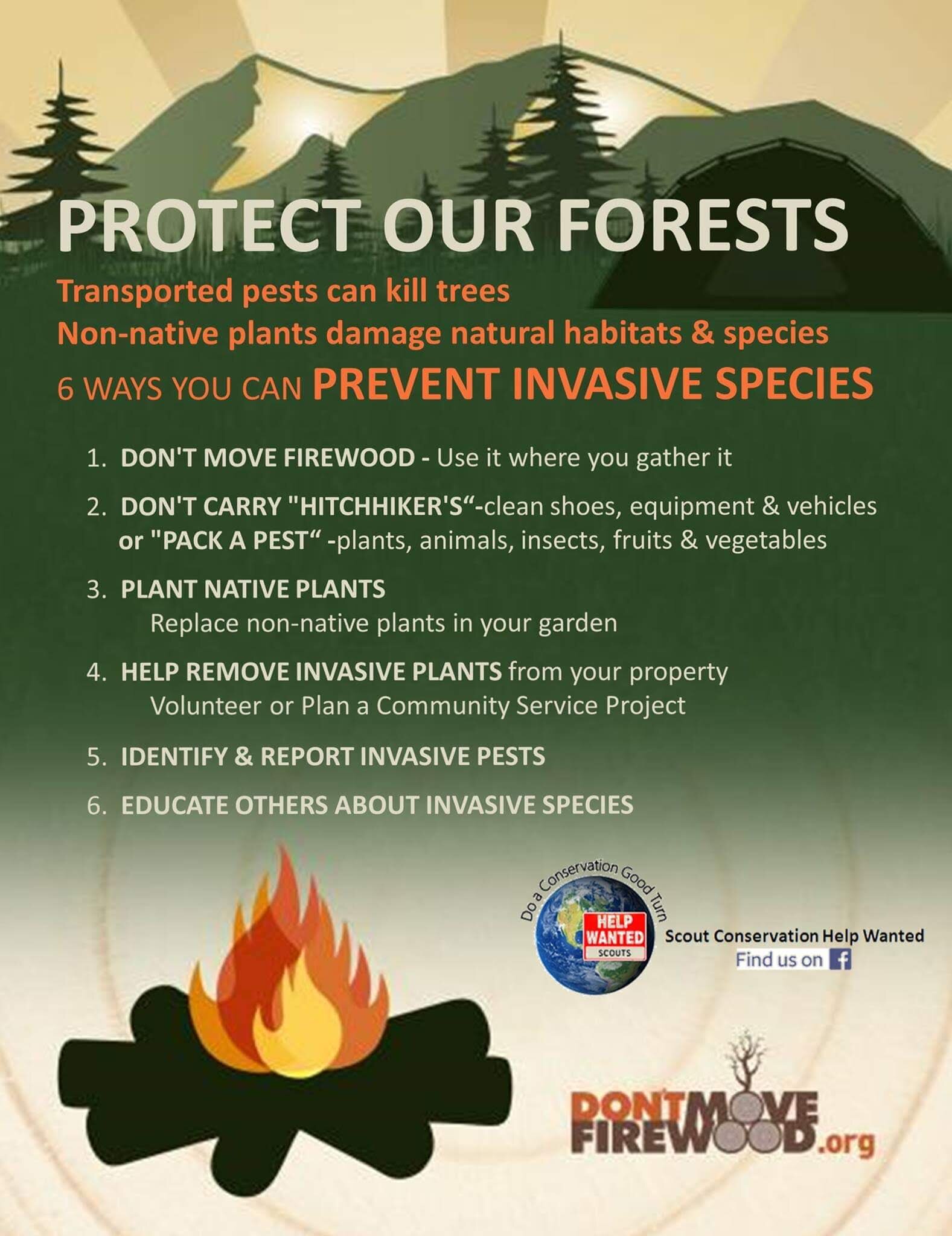
Opportunities for Student Conservation Service
In addition to students volunteering on my initiatives, I also established environmental service programs at my school (planning a yearly conservation project for every grade each year), as well as UNC Asheville Robotics (“GLITCH Green” Electronic Waste Program). Because of the relationships I have built with potential volunteer groups as well as the conservation professionals in my region, I am able to connect schools, scouting units, and other student groups with the conservation needs and resources. My social media page, Scout Conservation Help Wanted, has allowed me to expand and make those connections outside my region.



